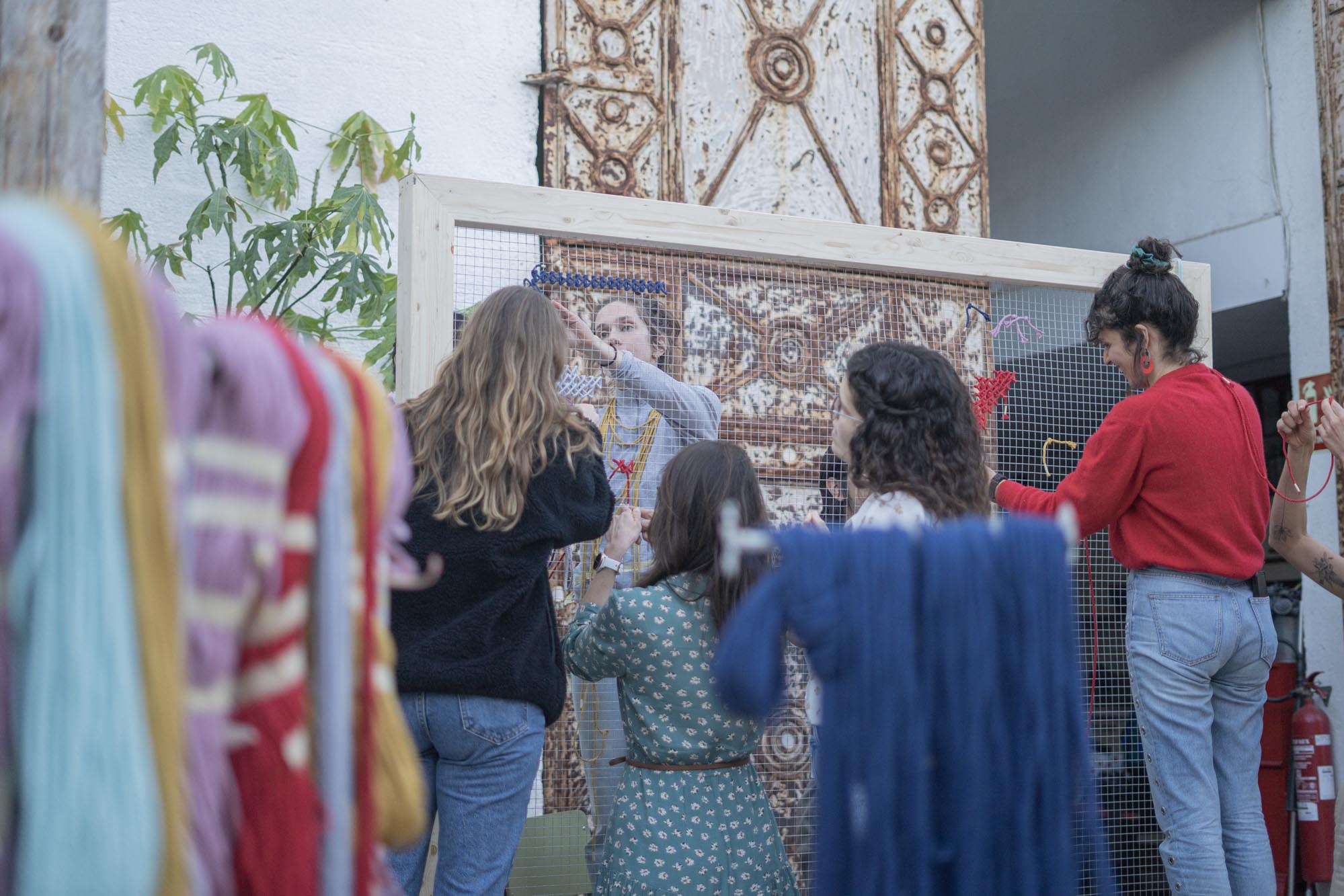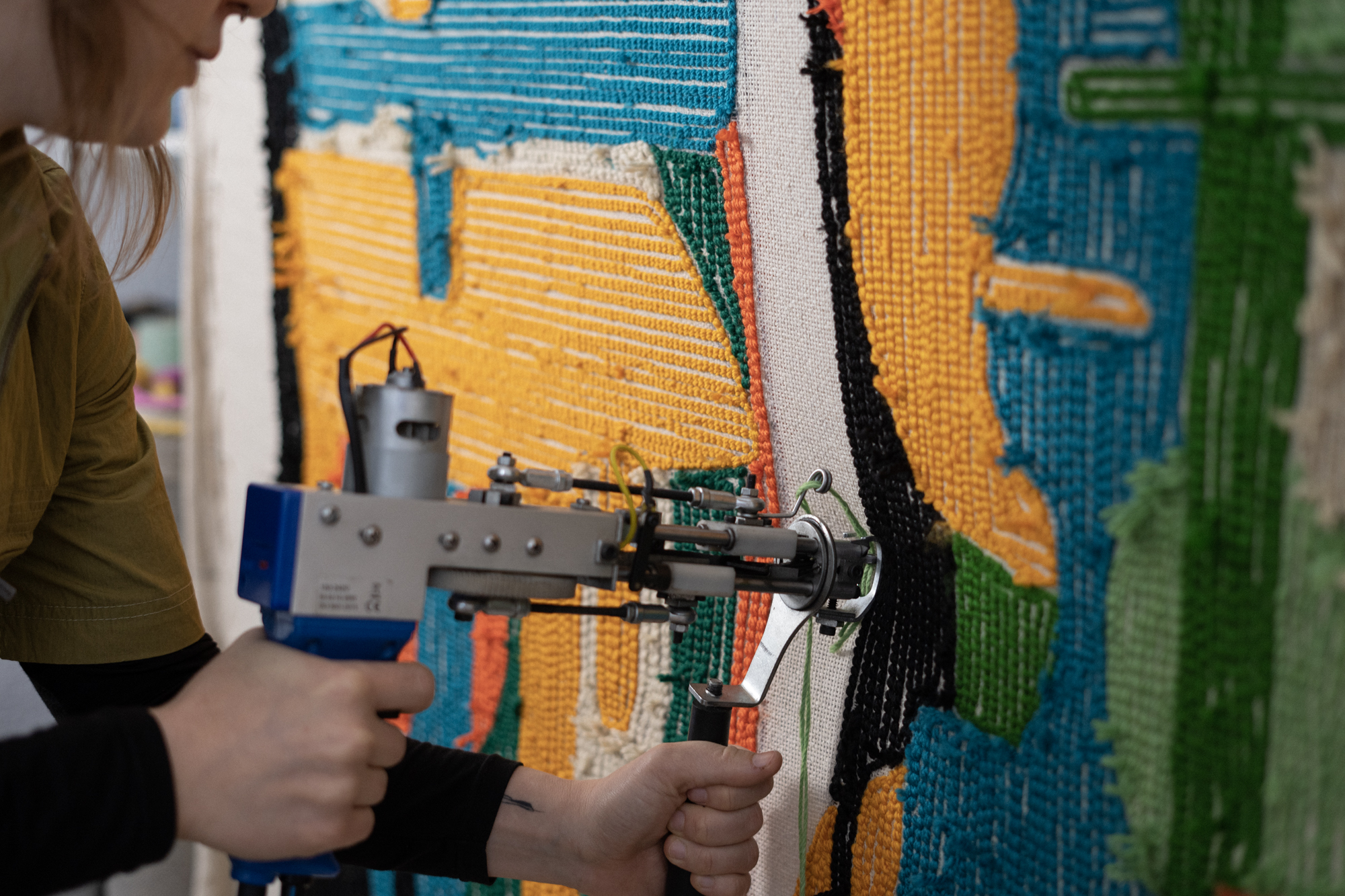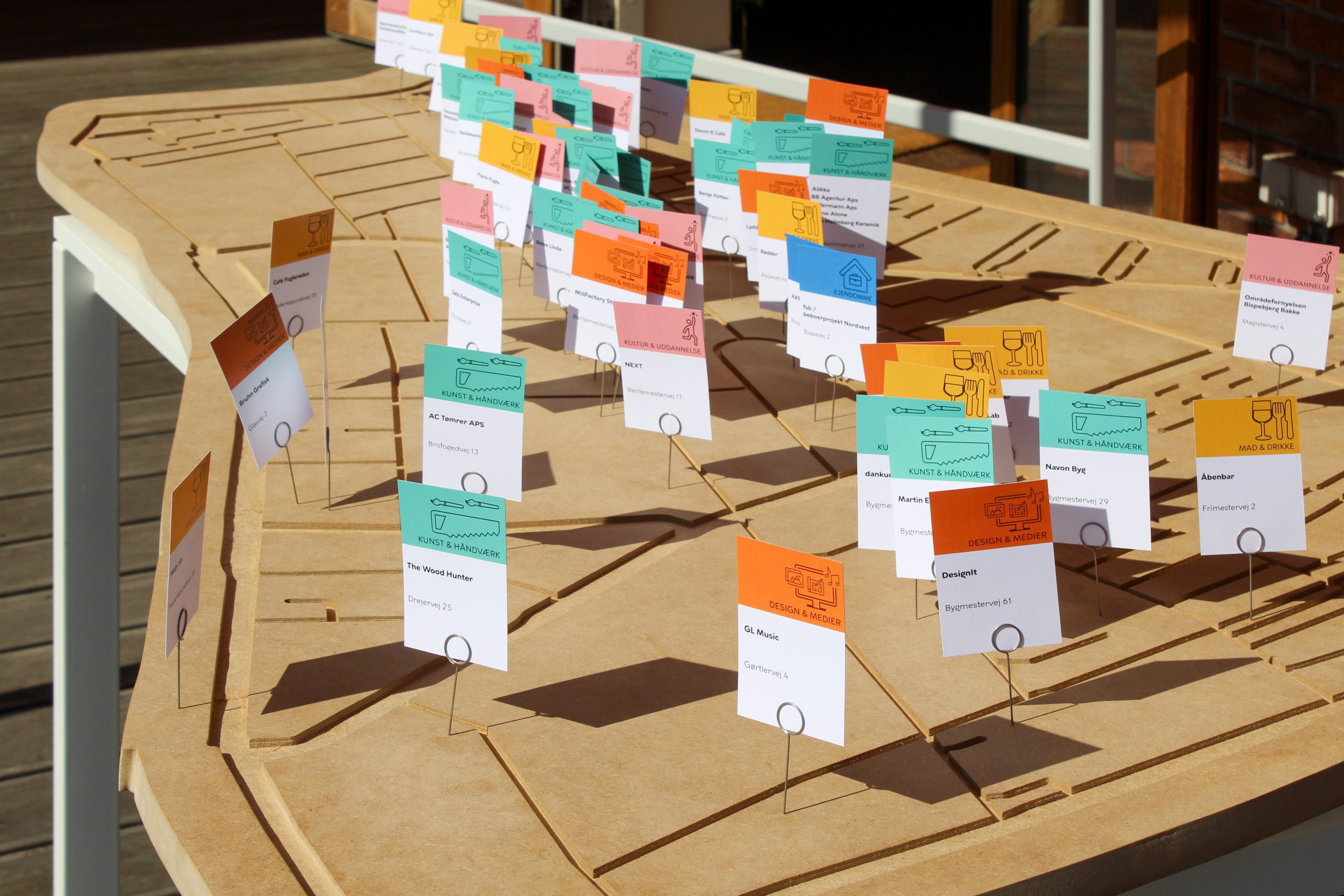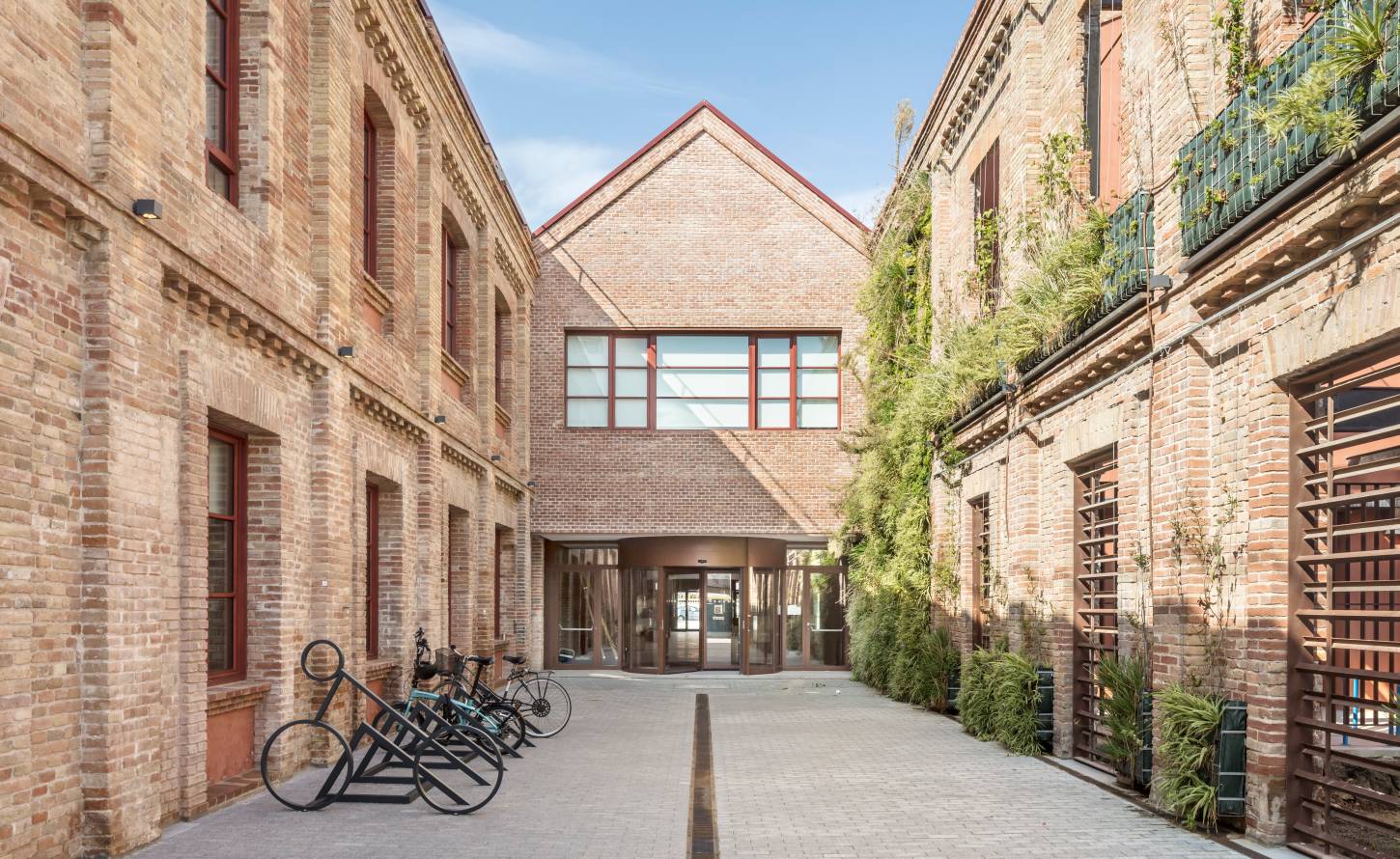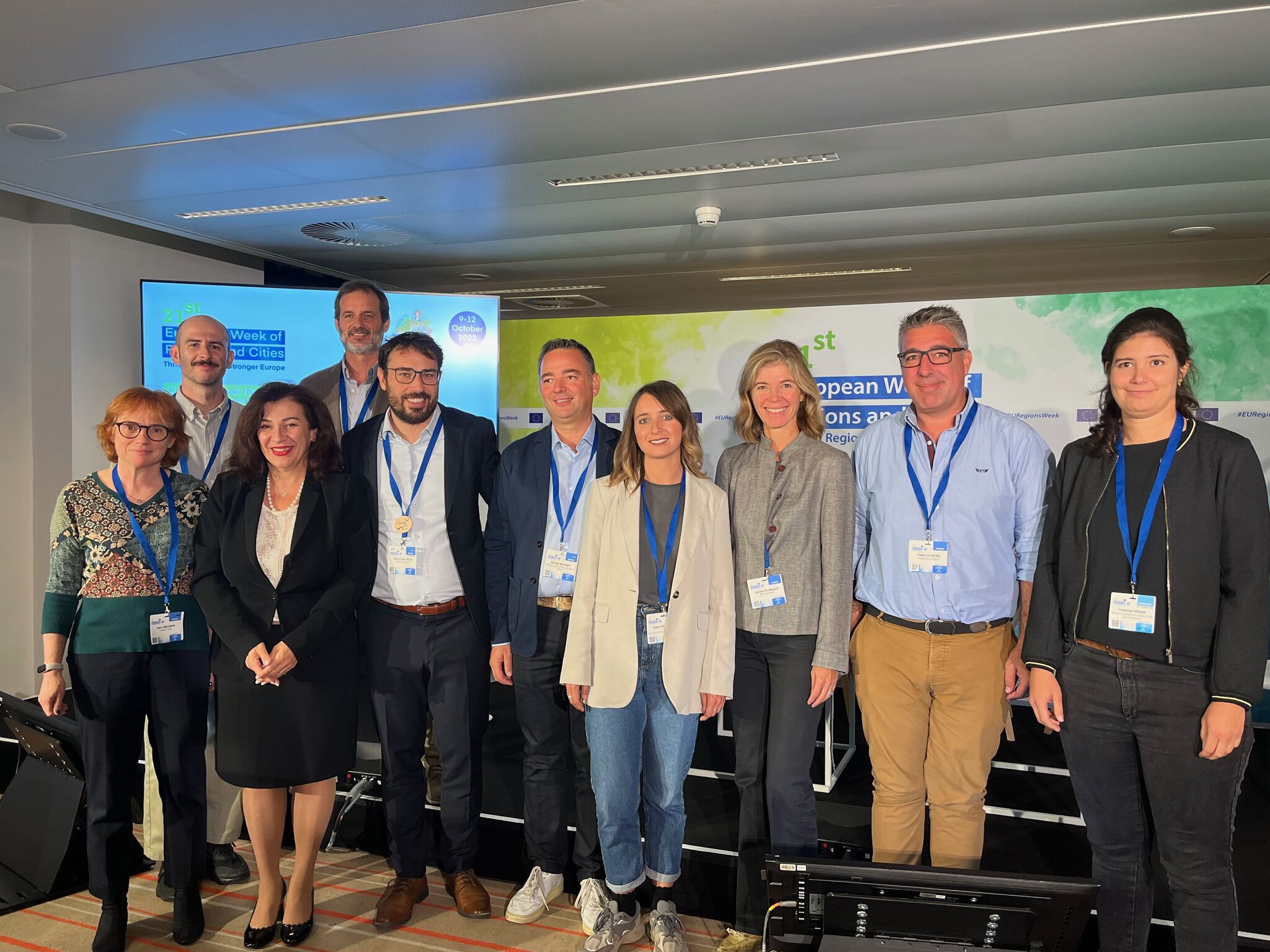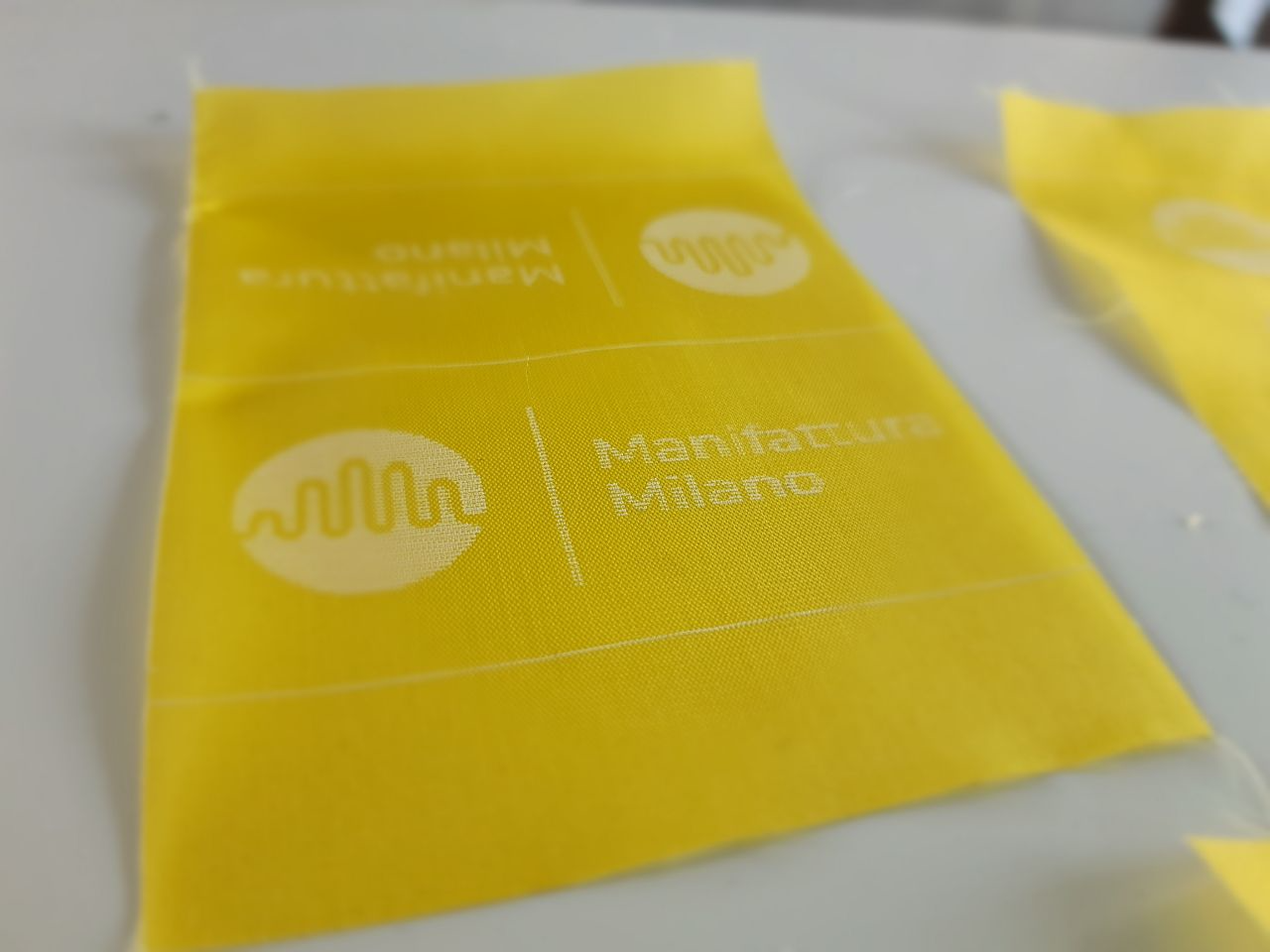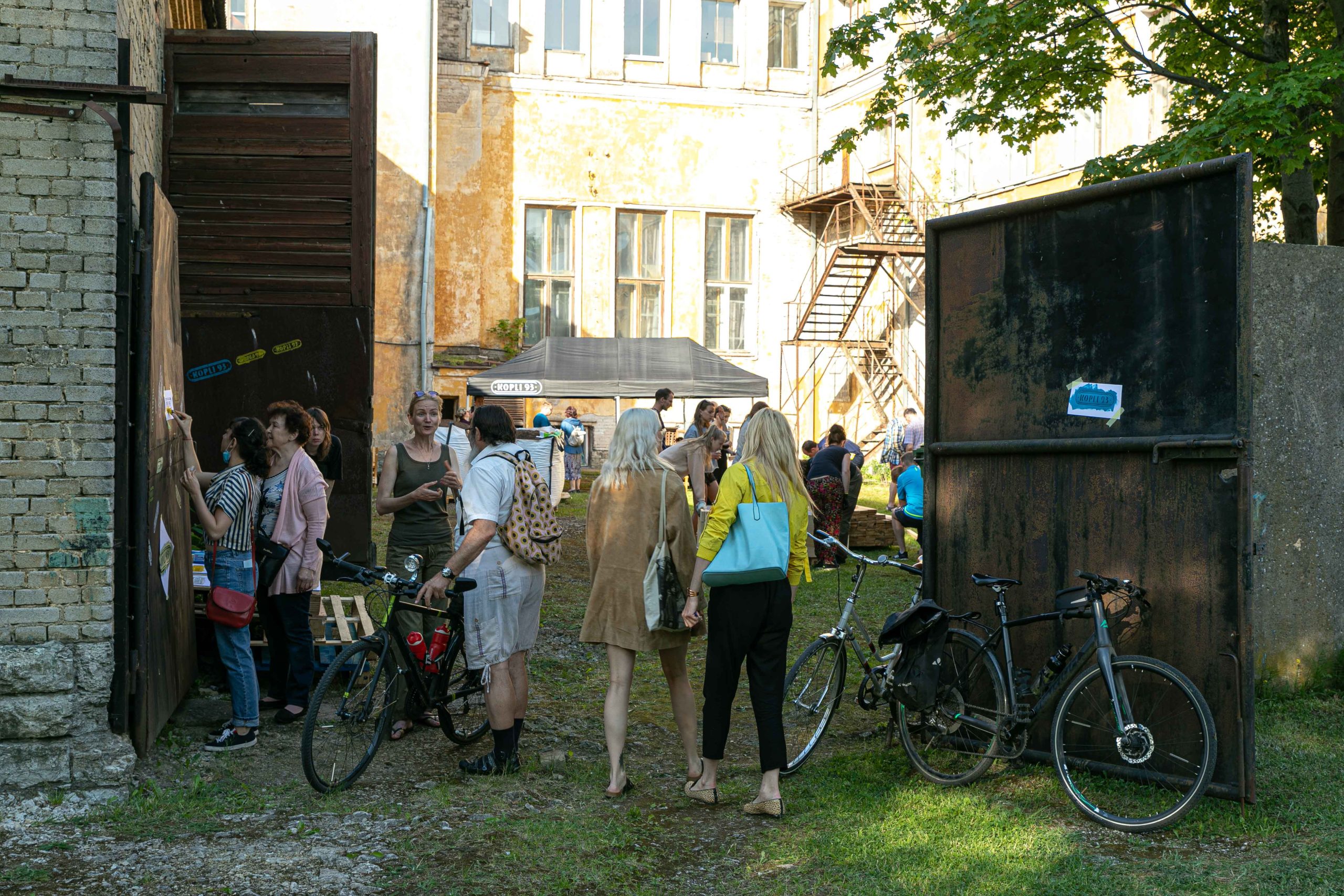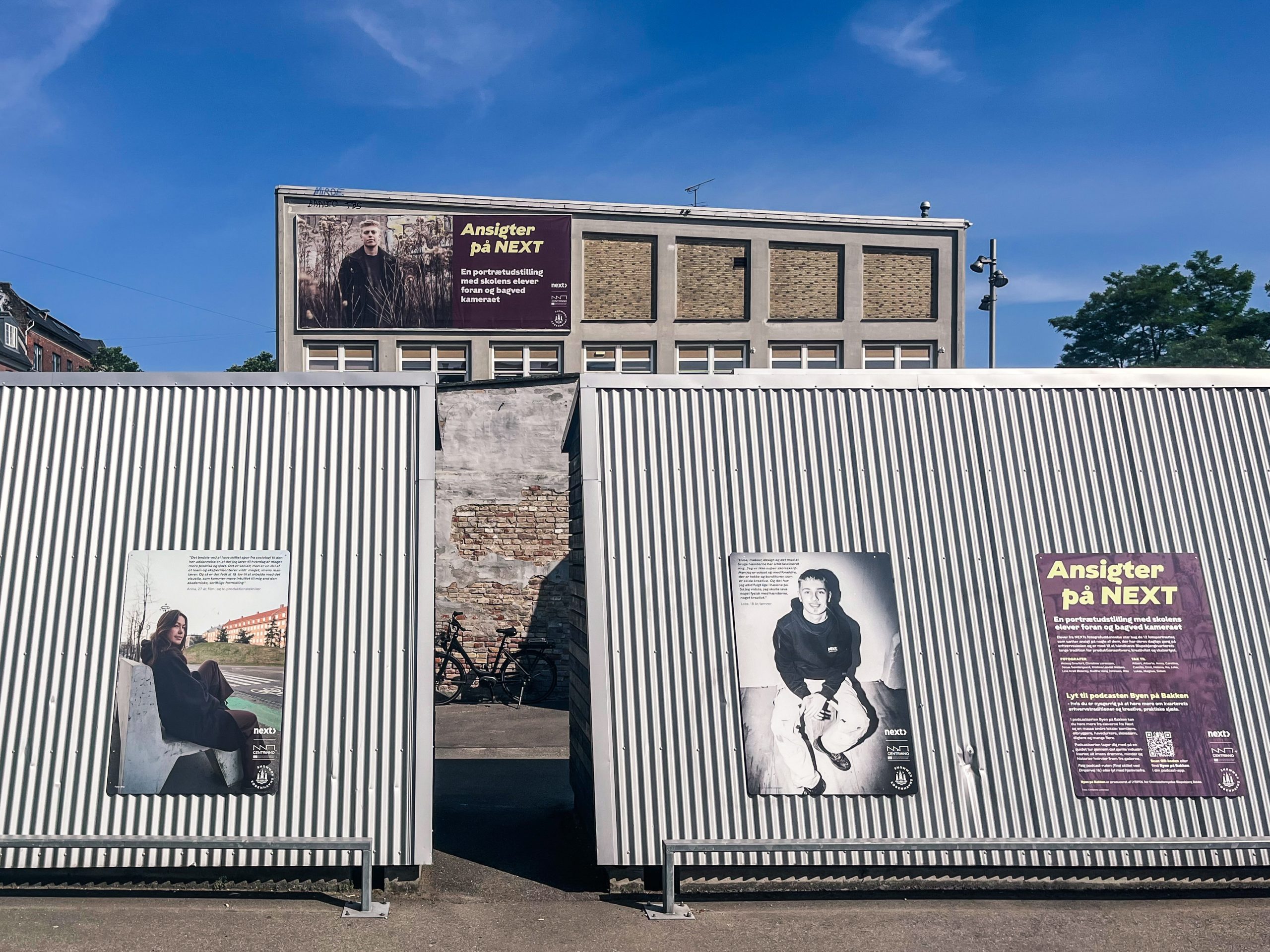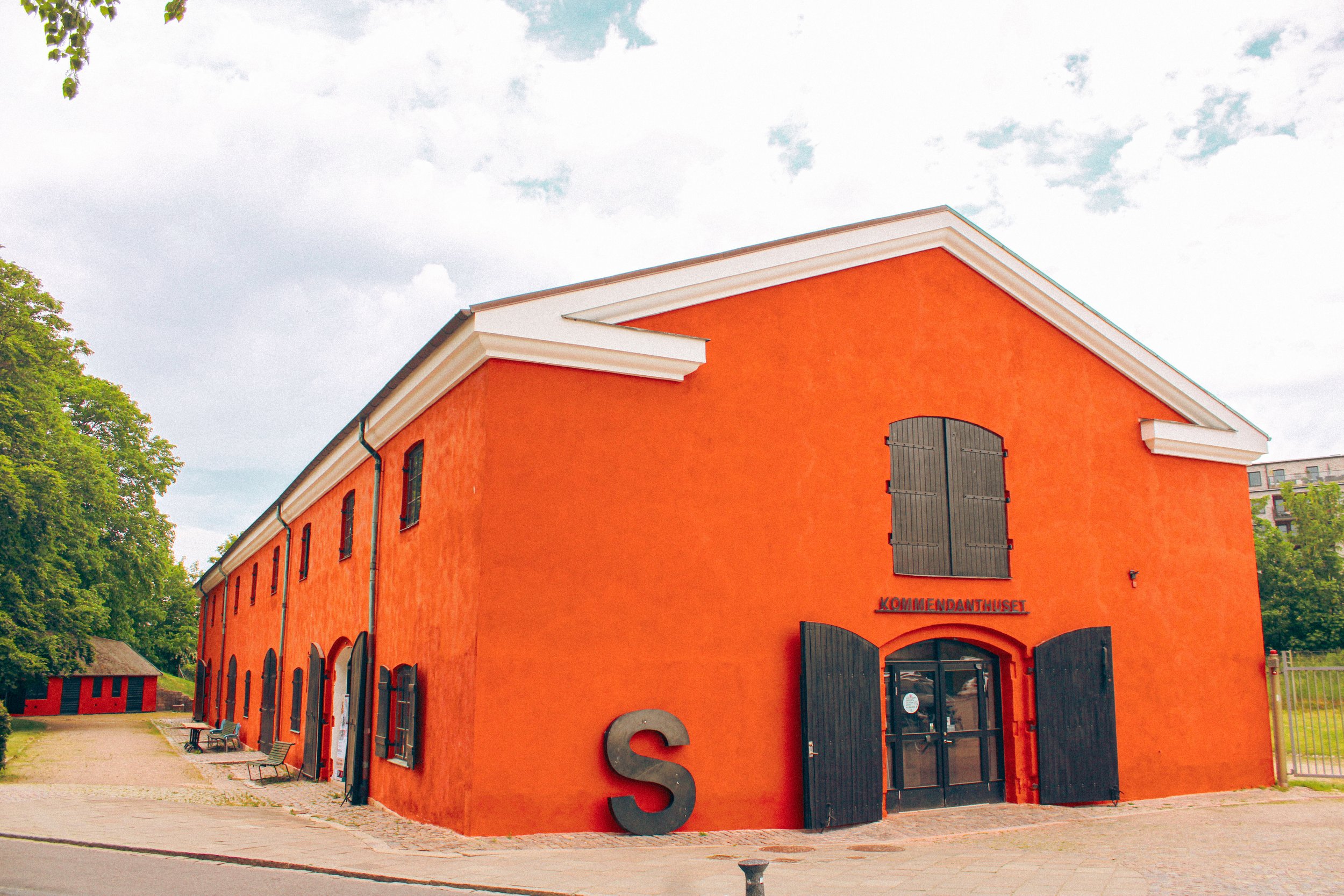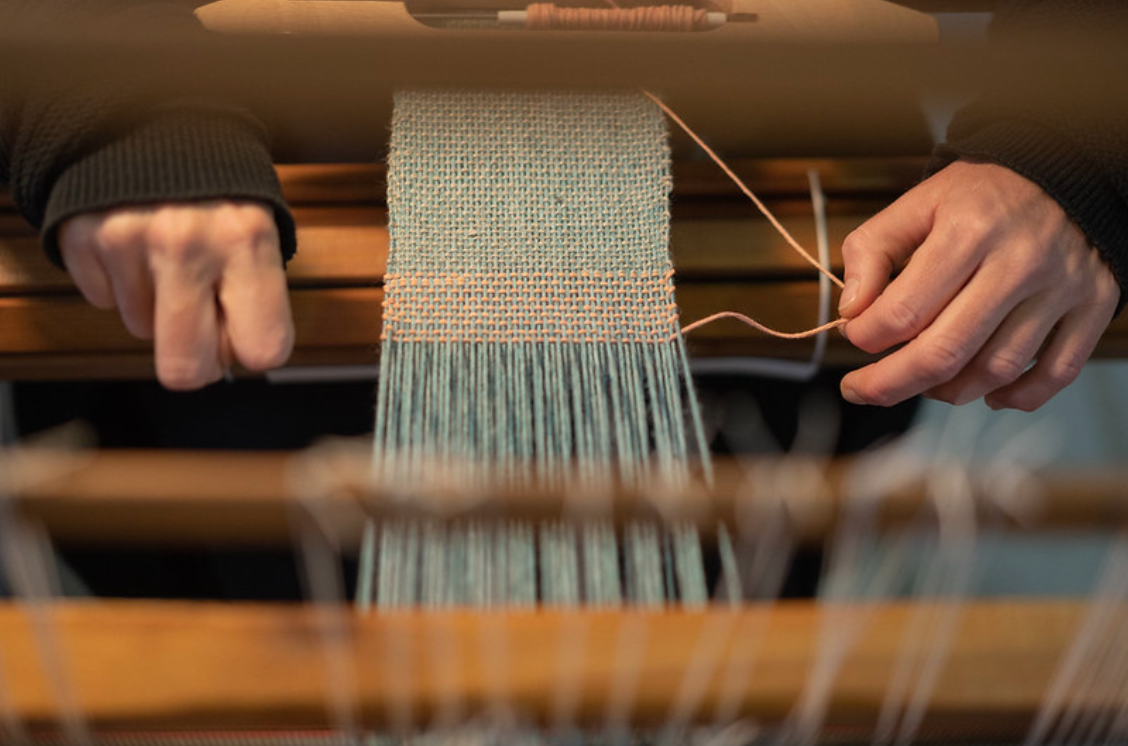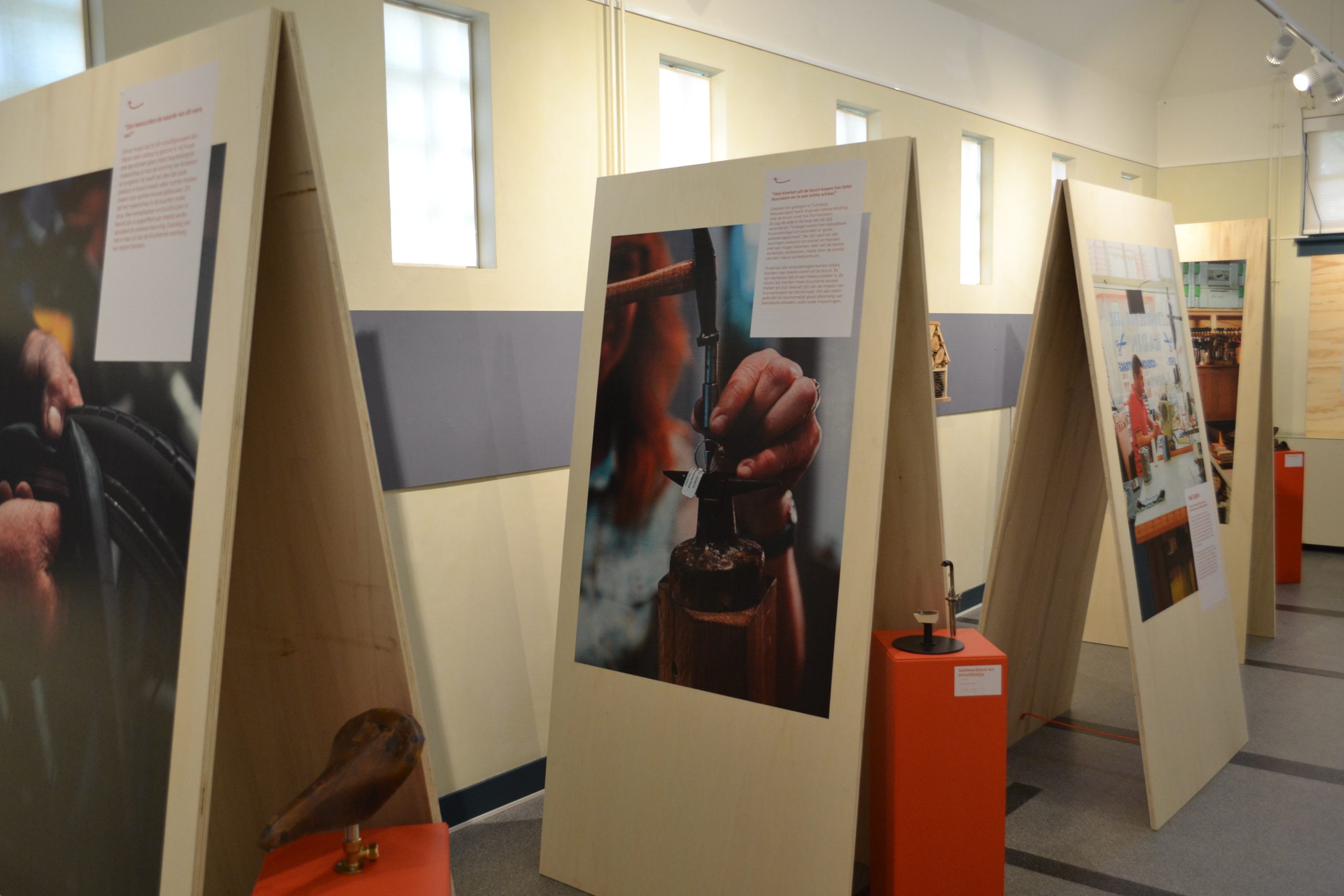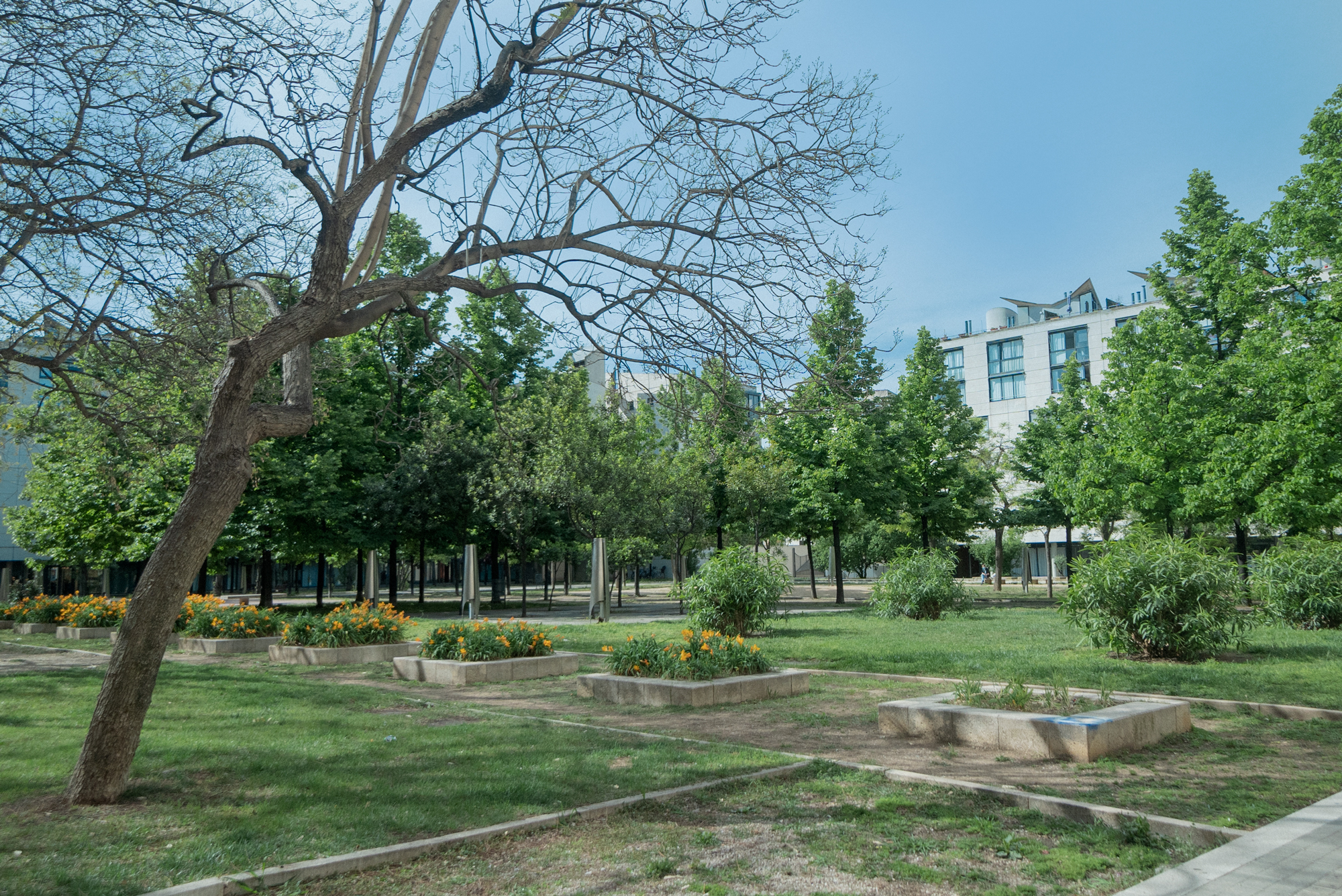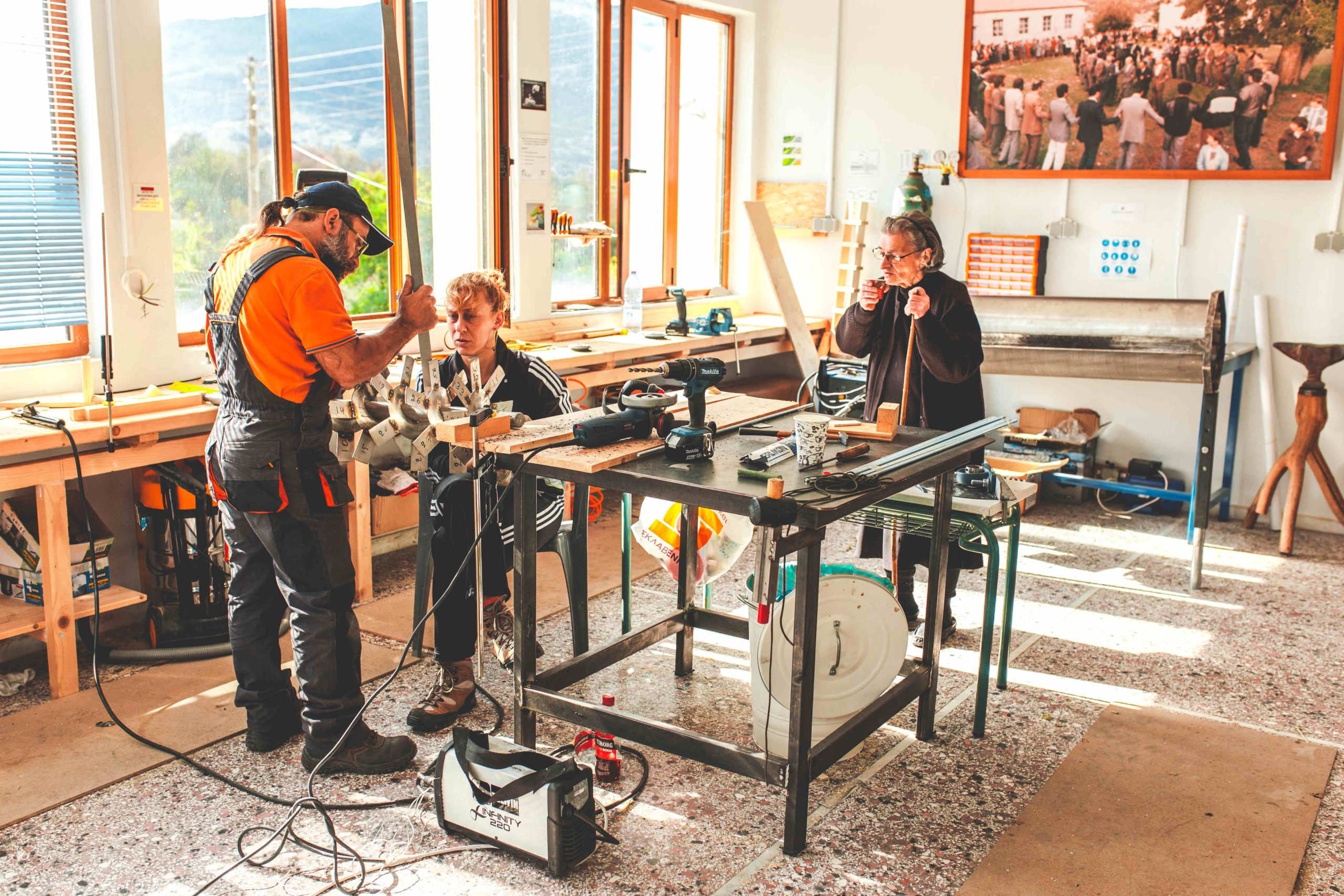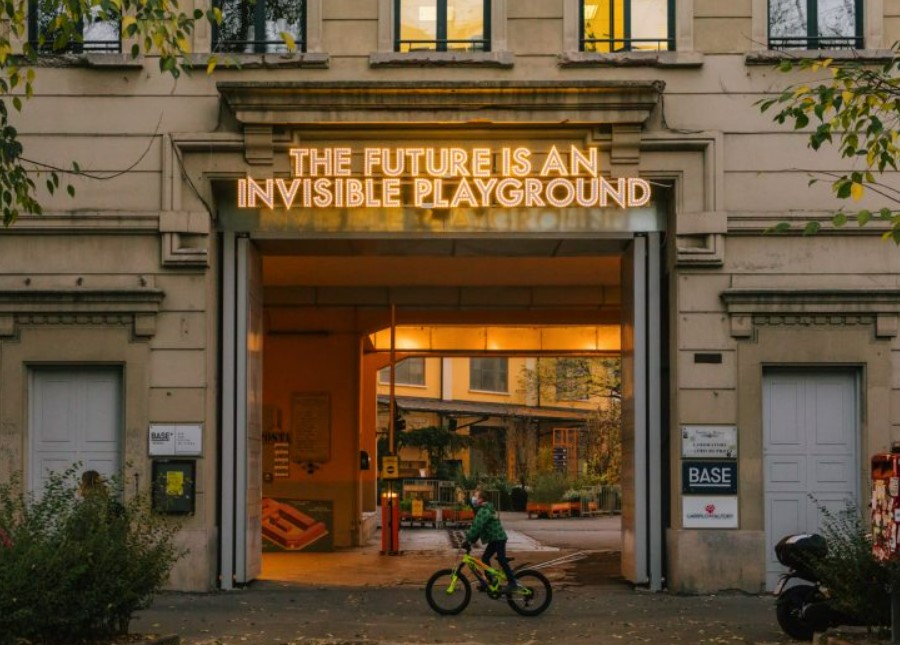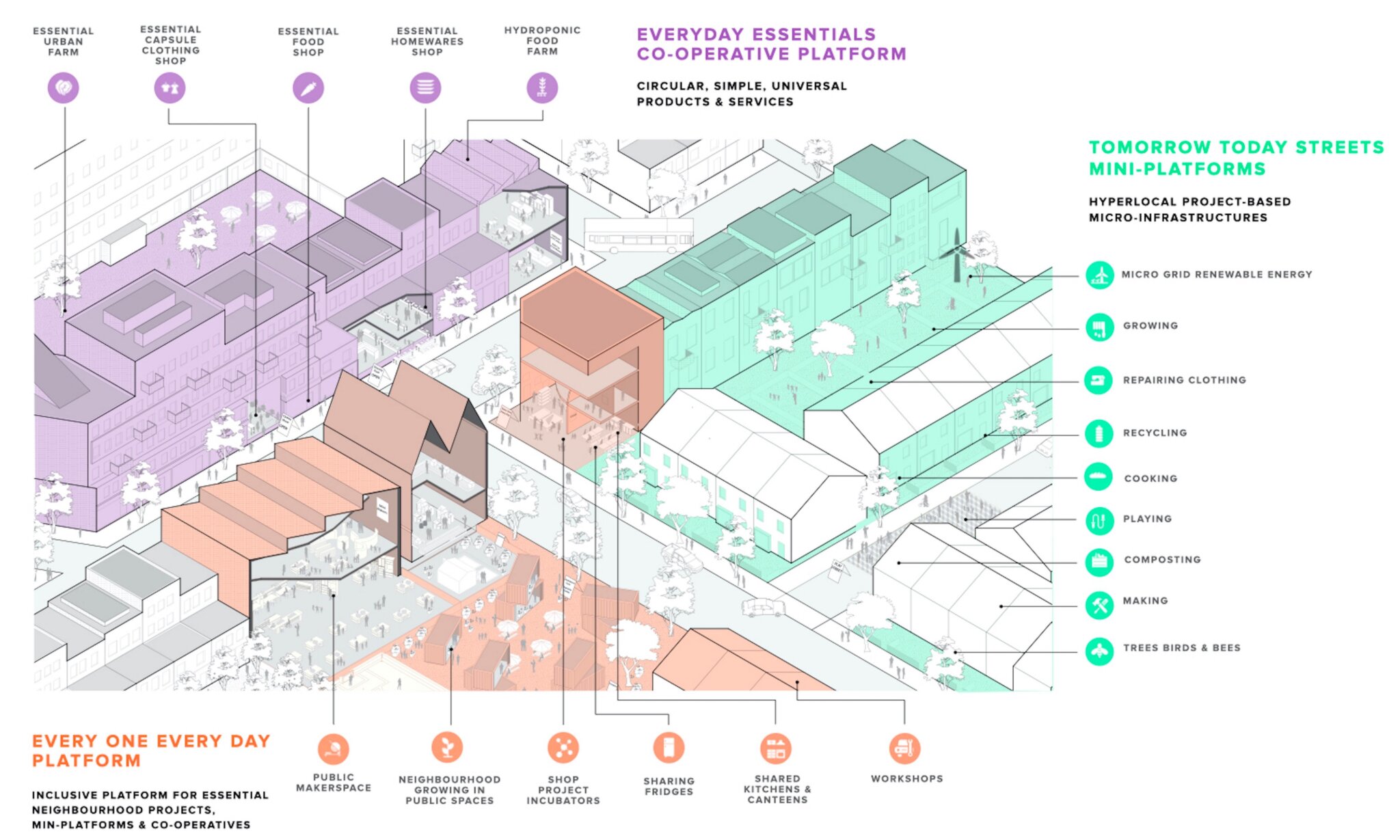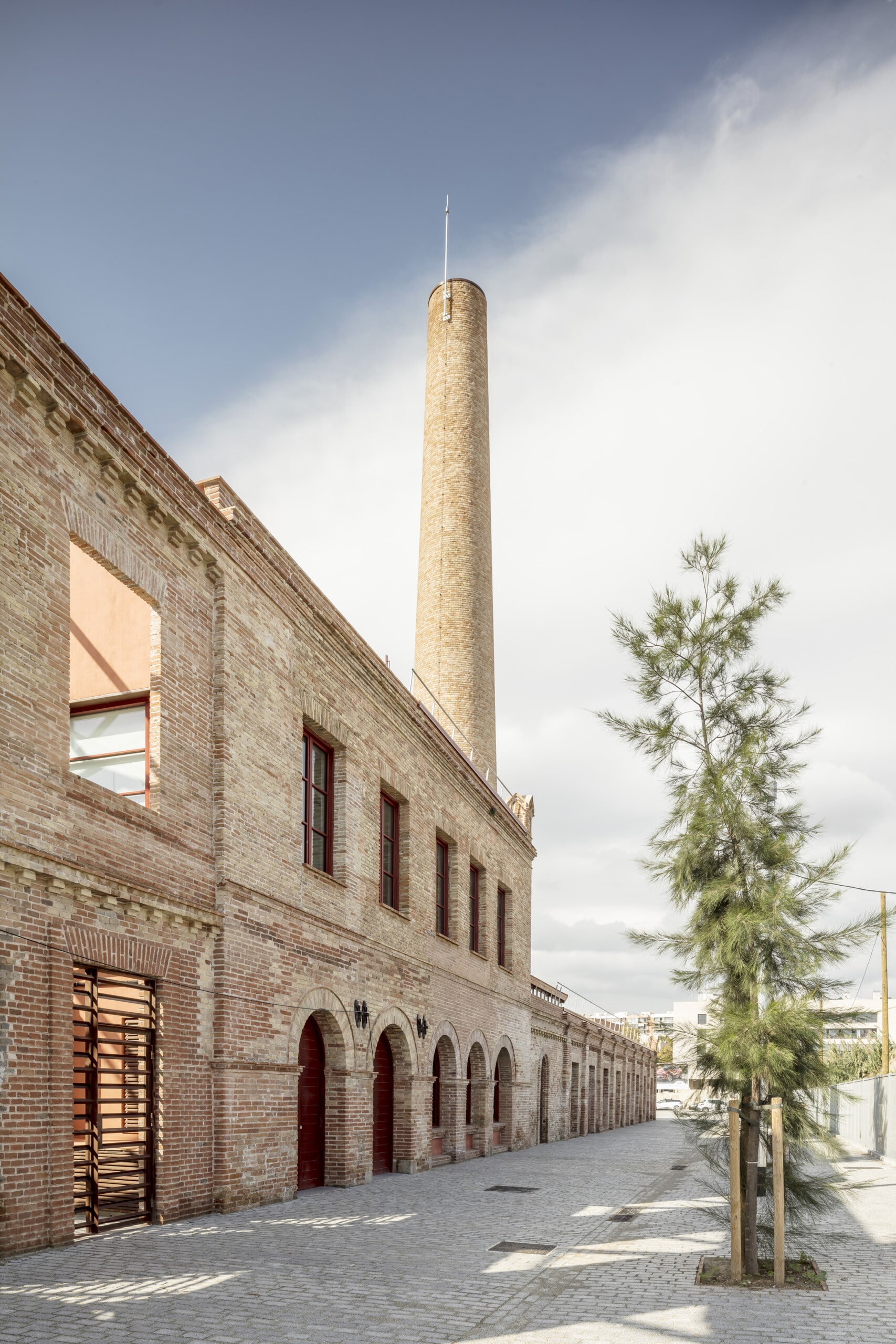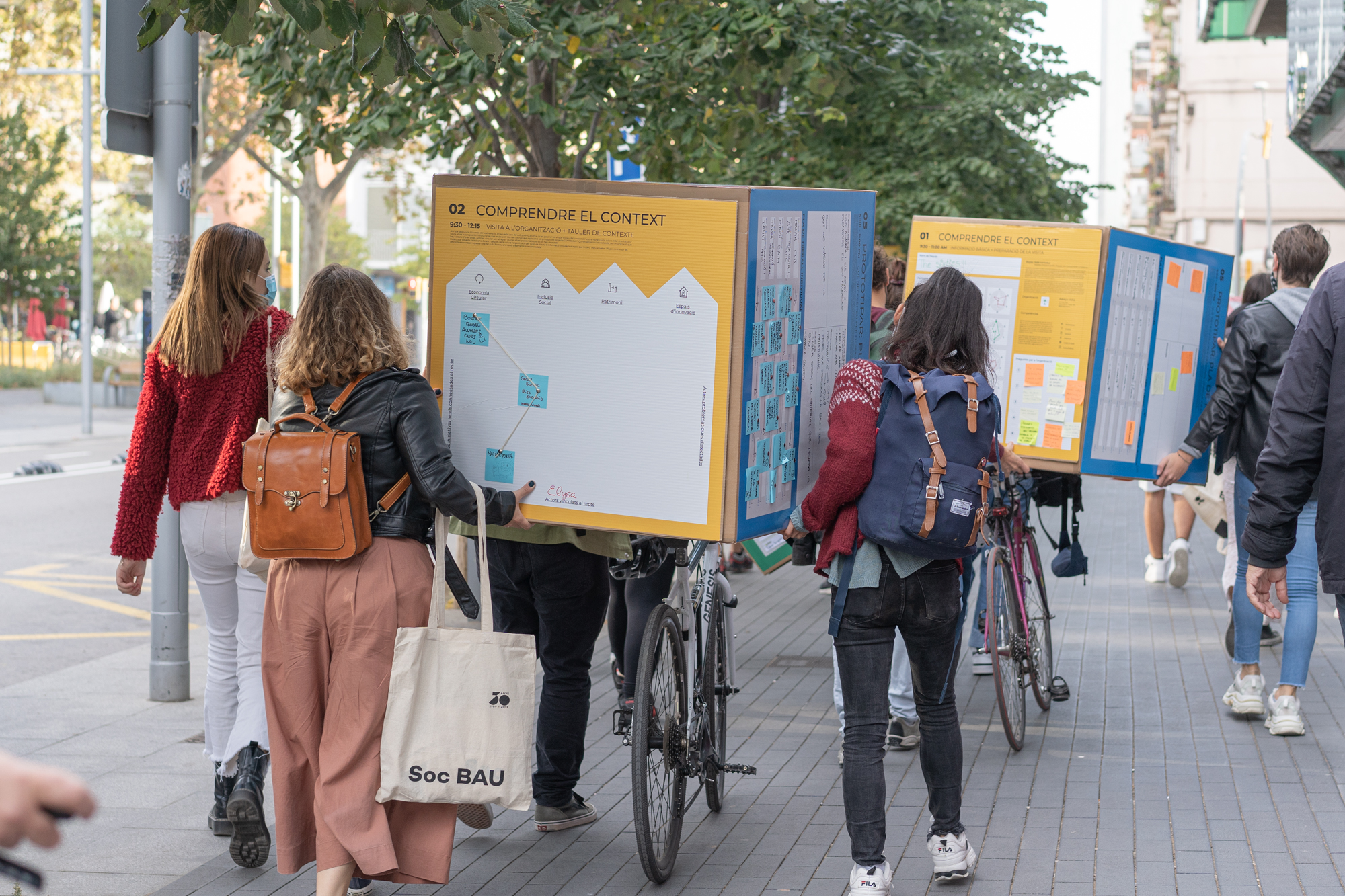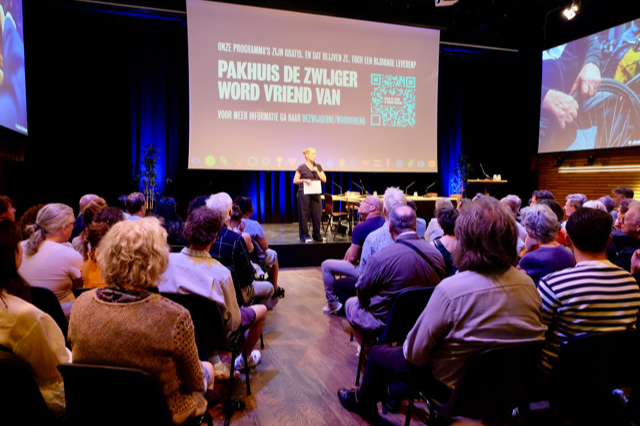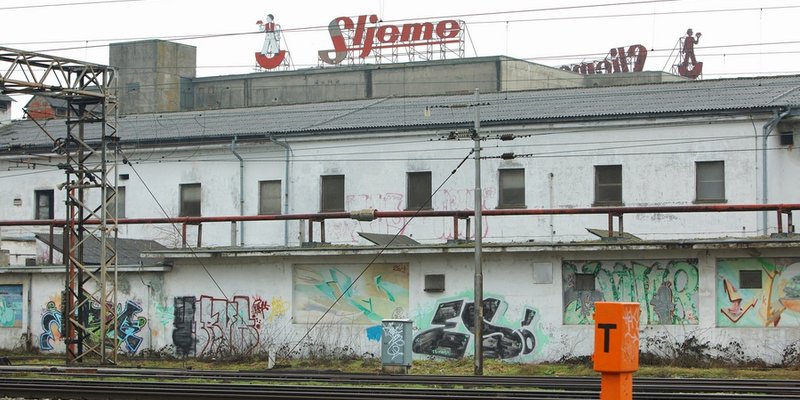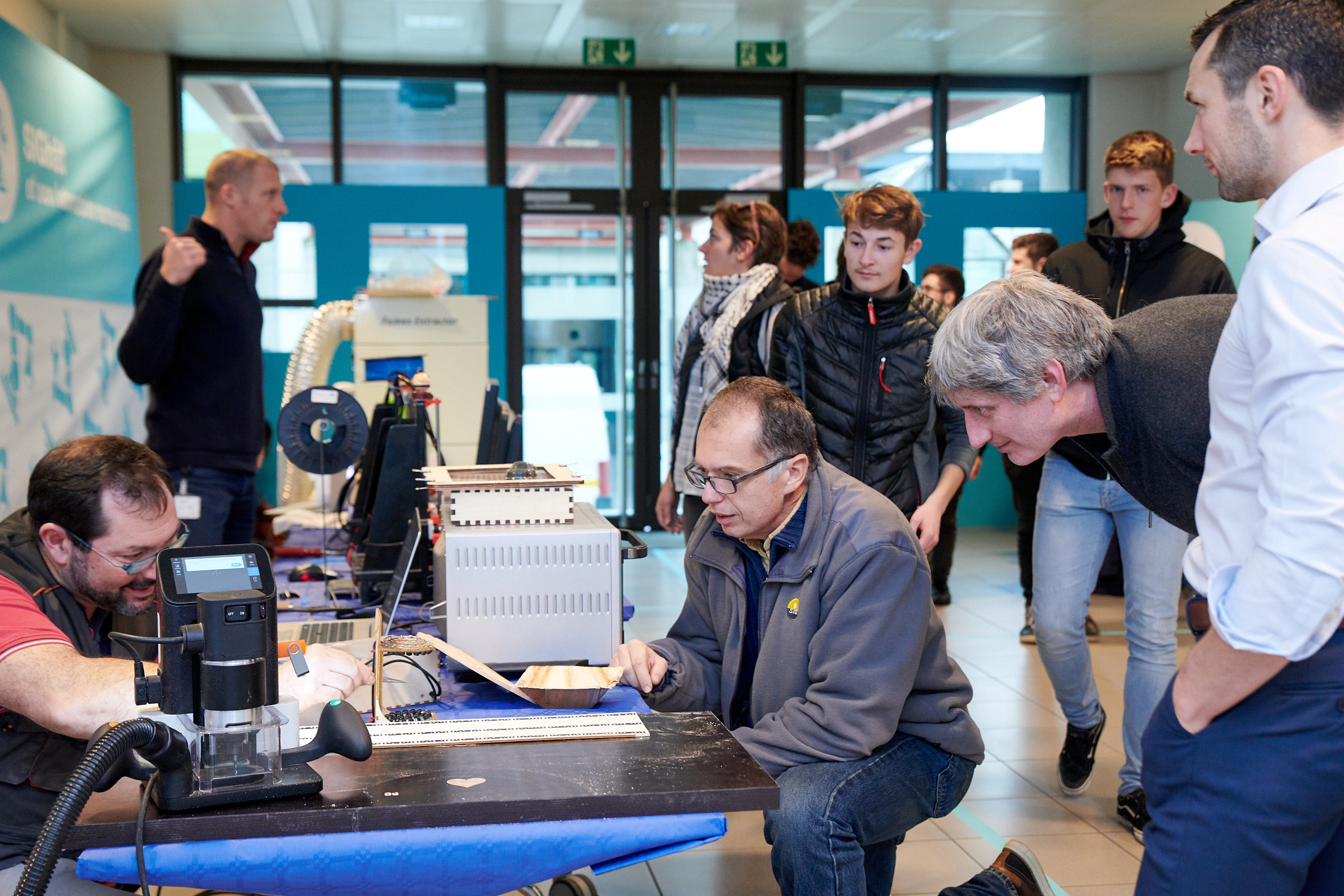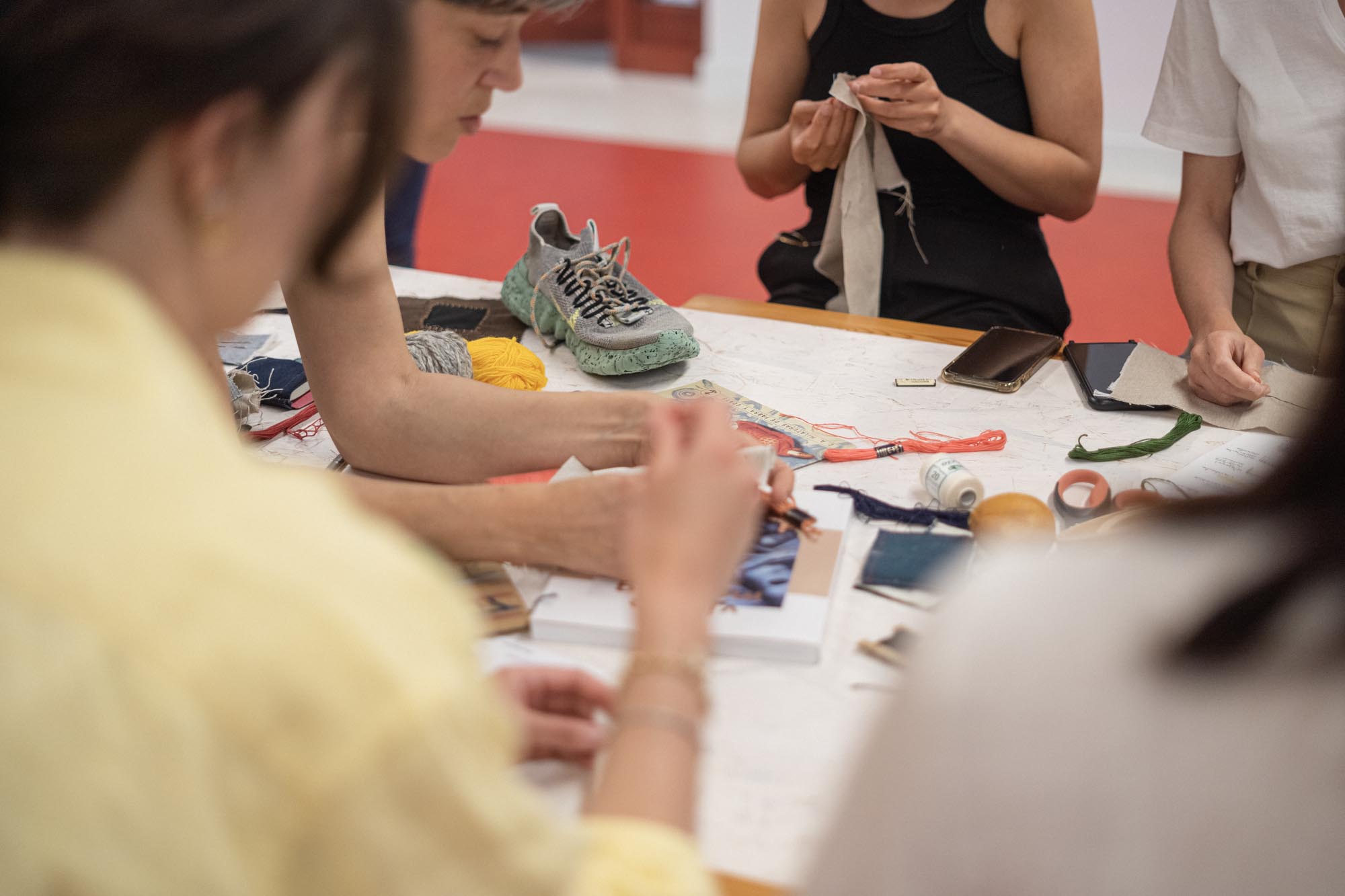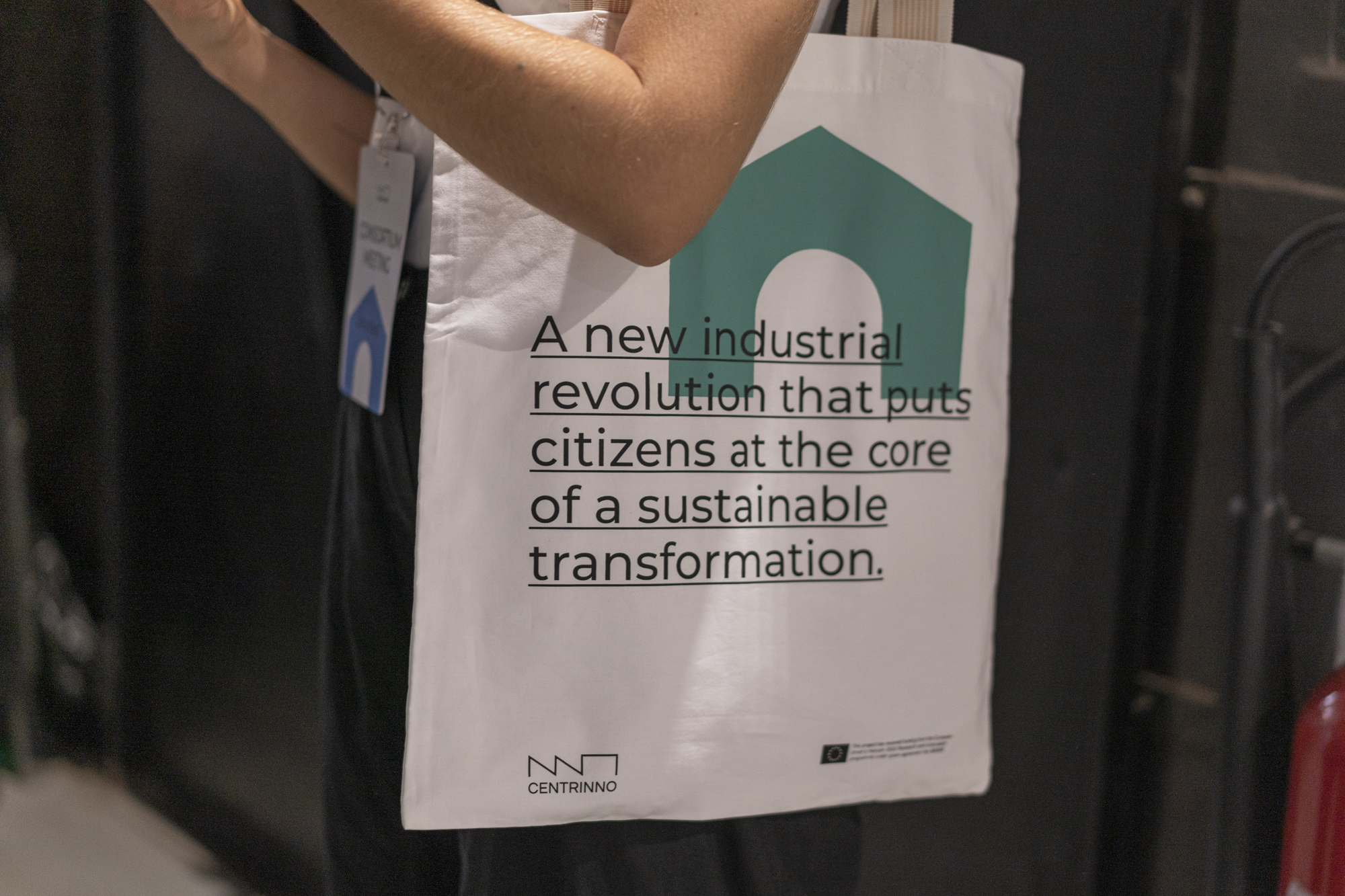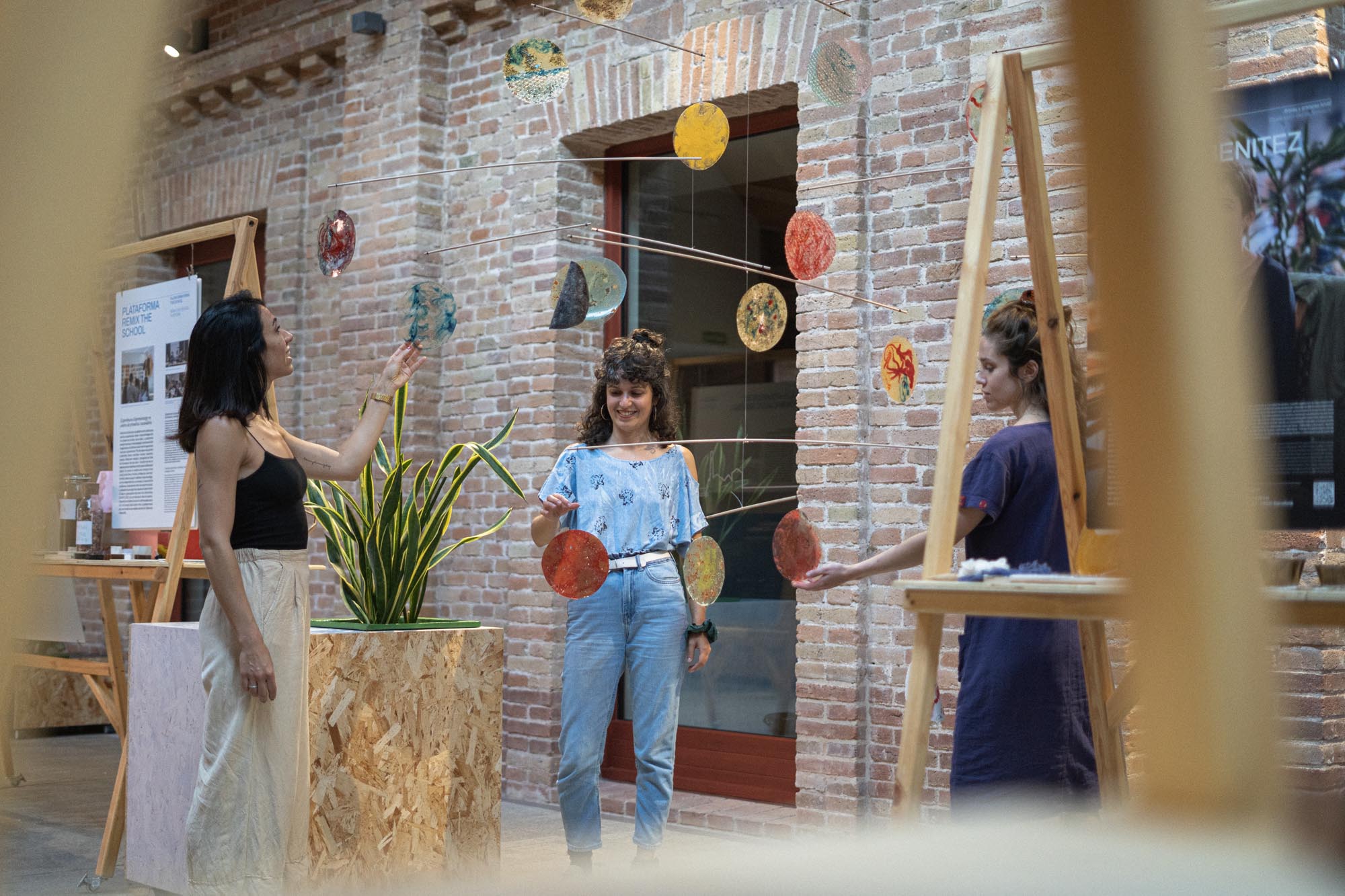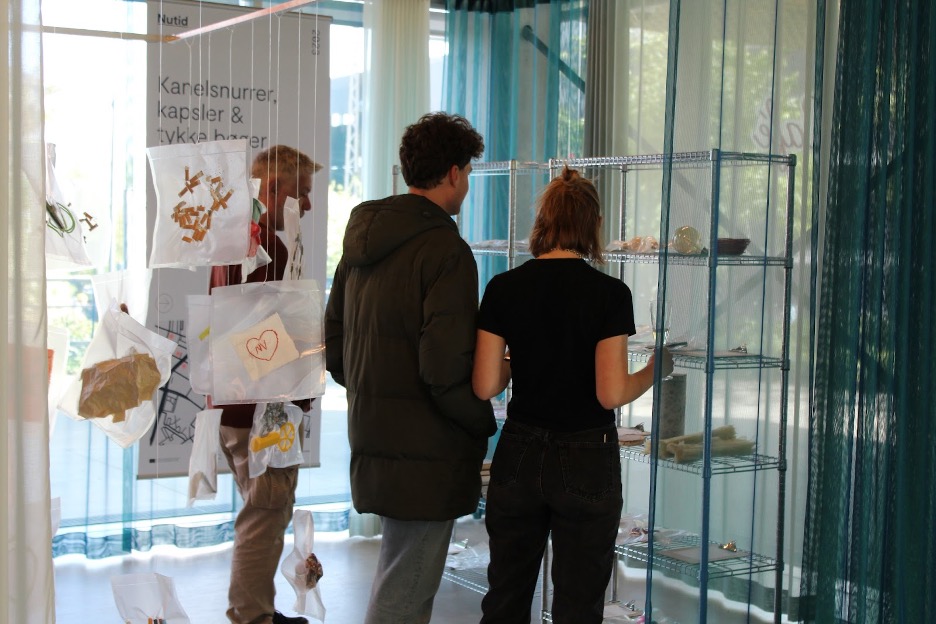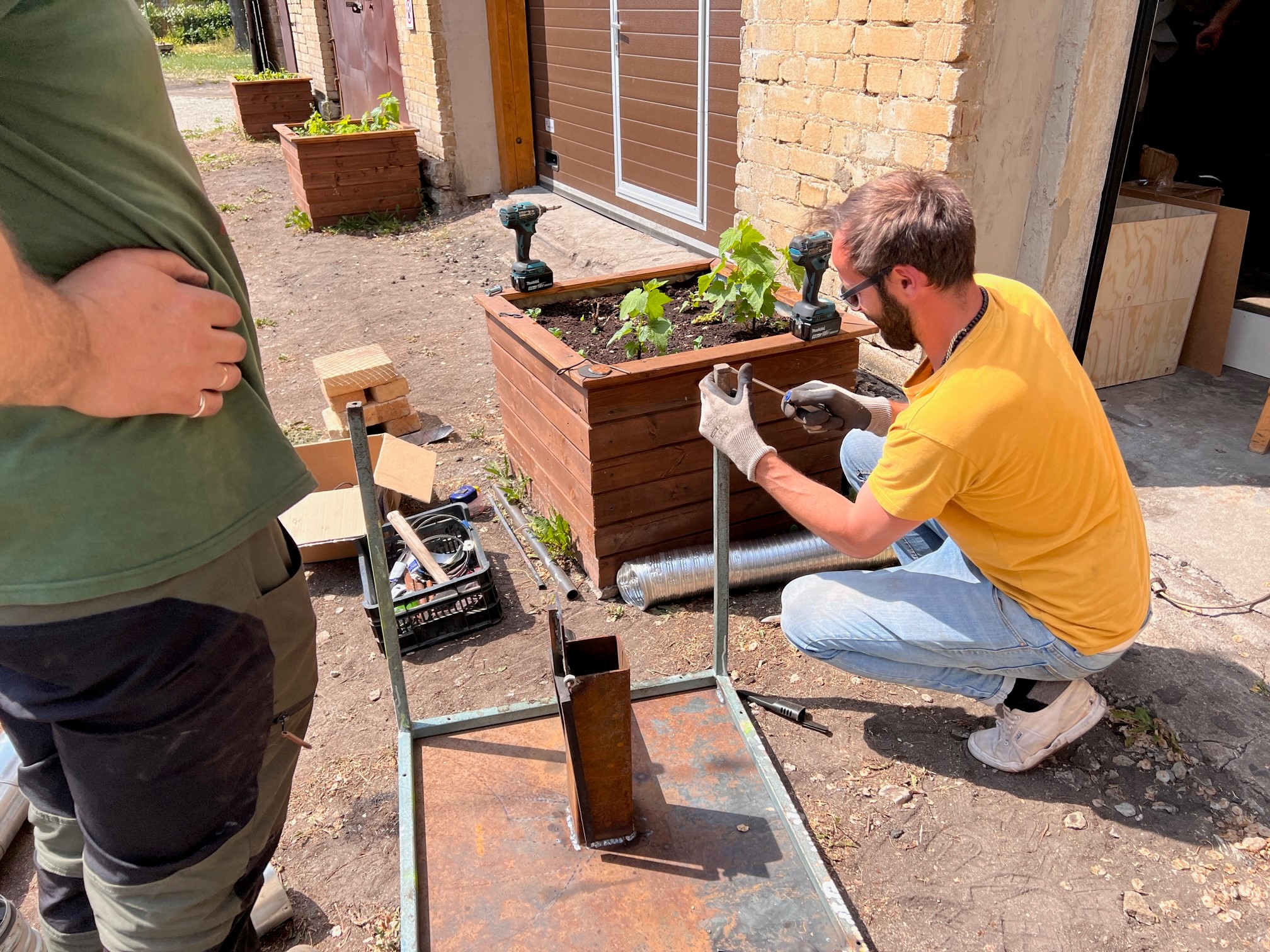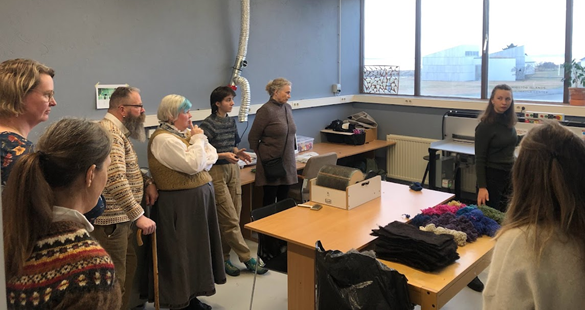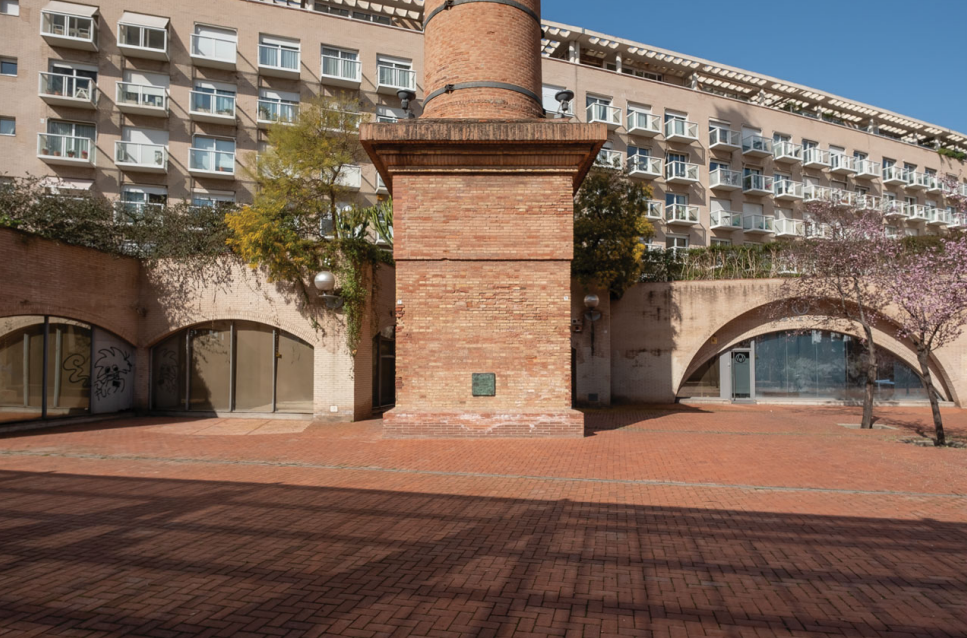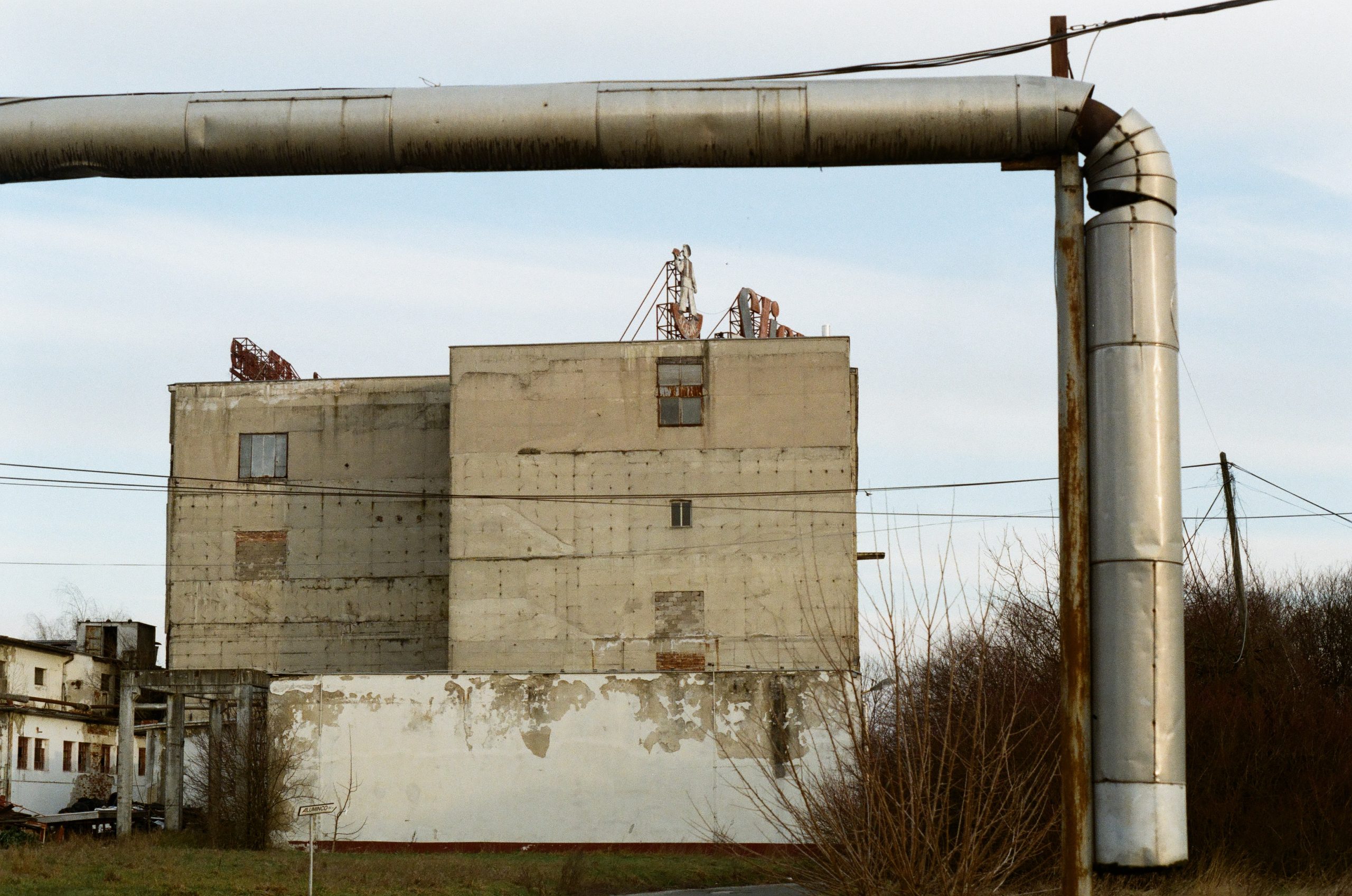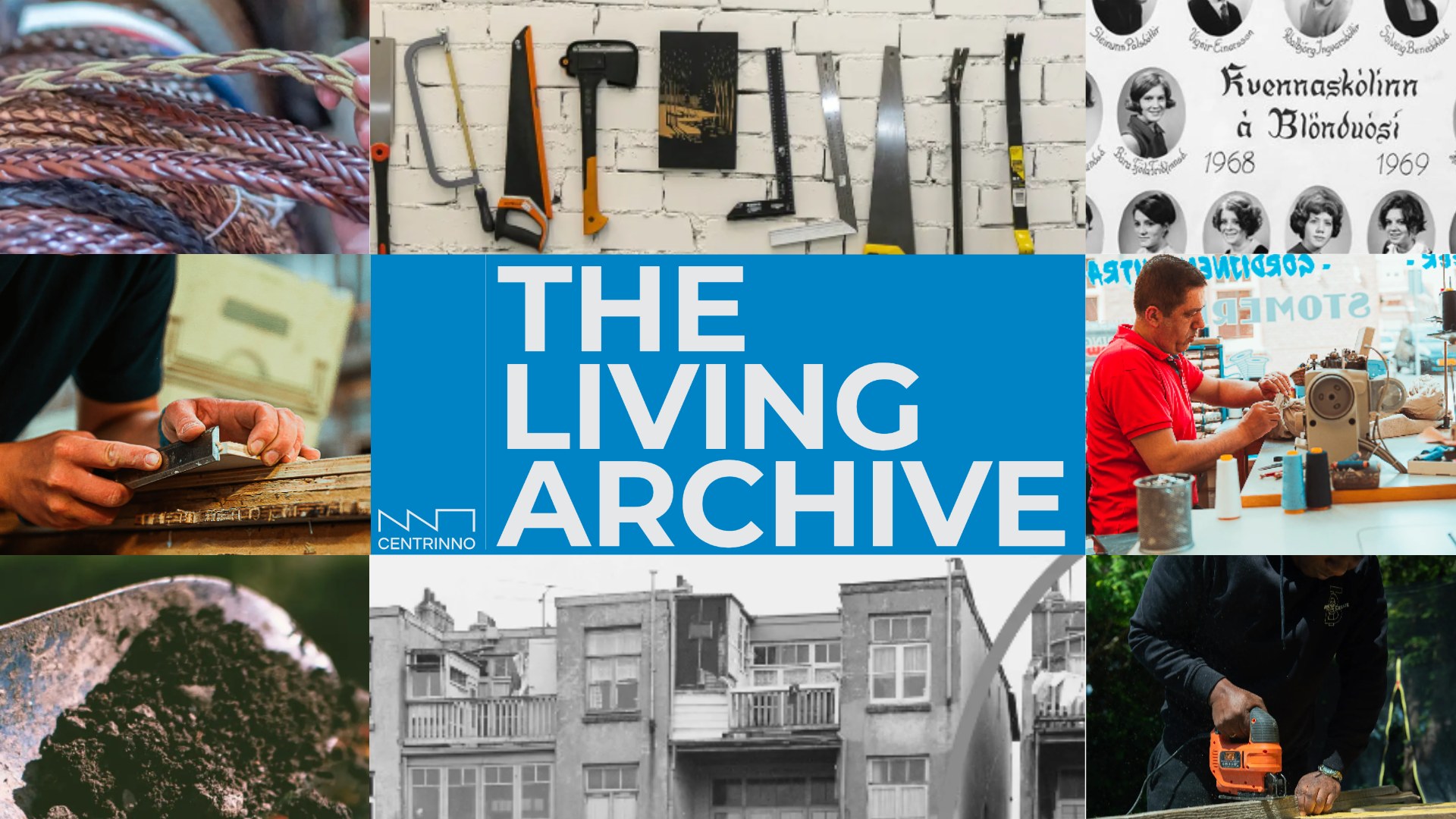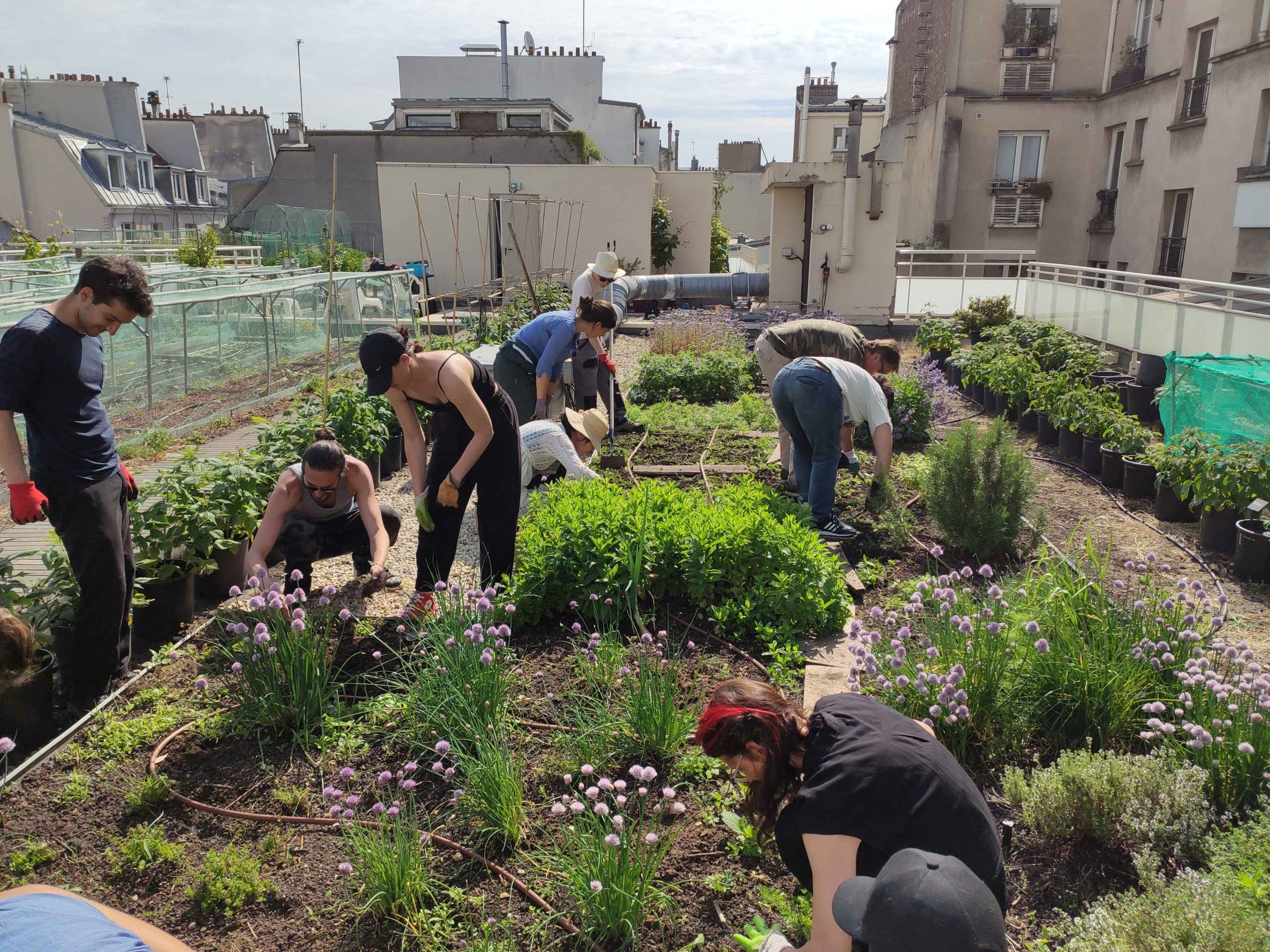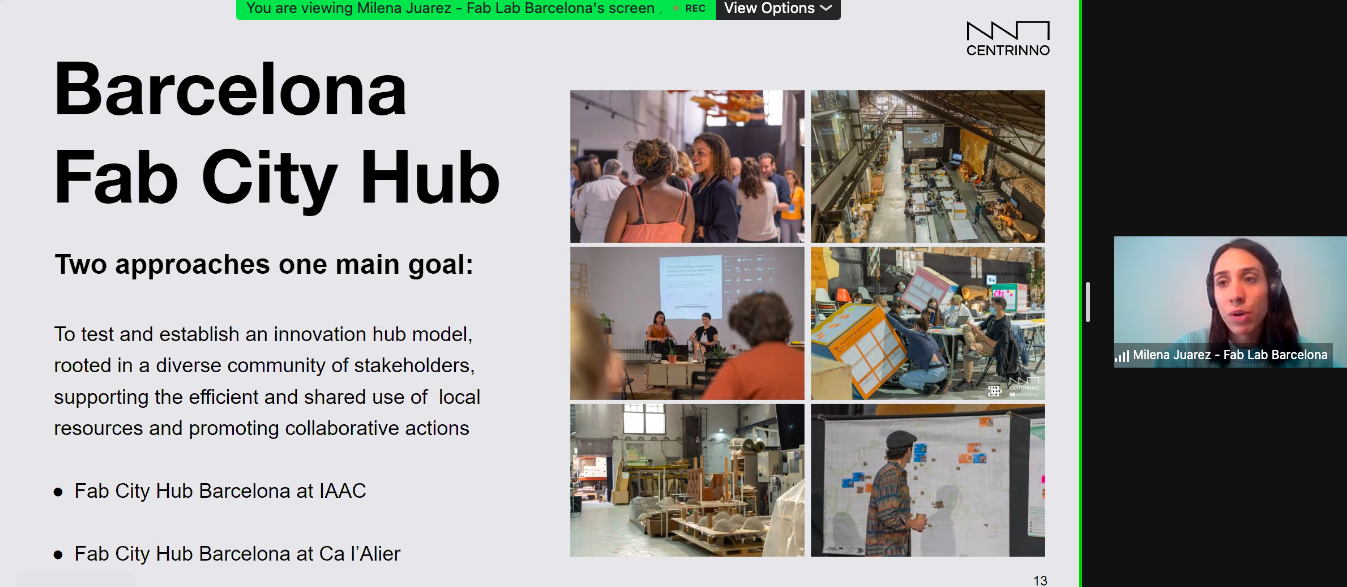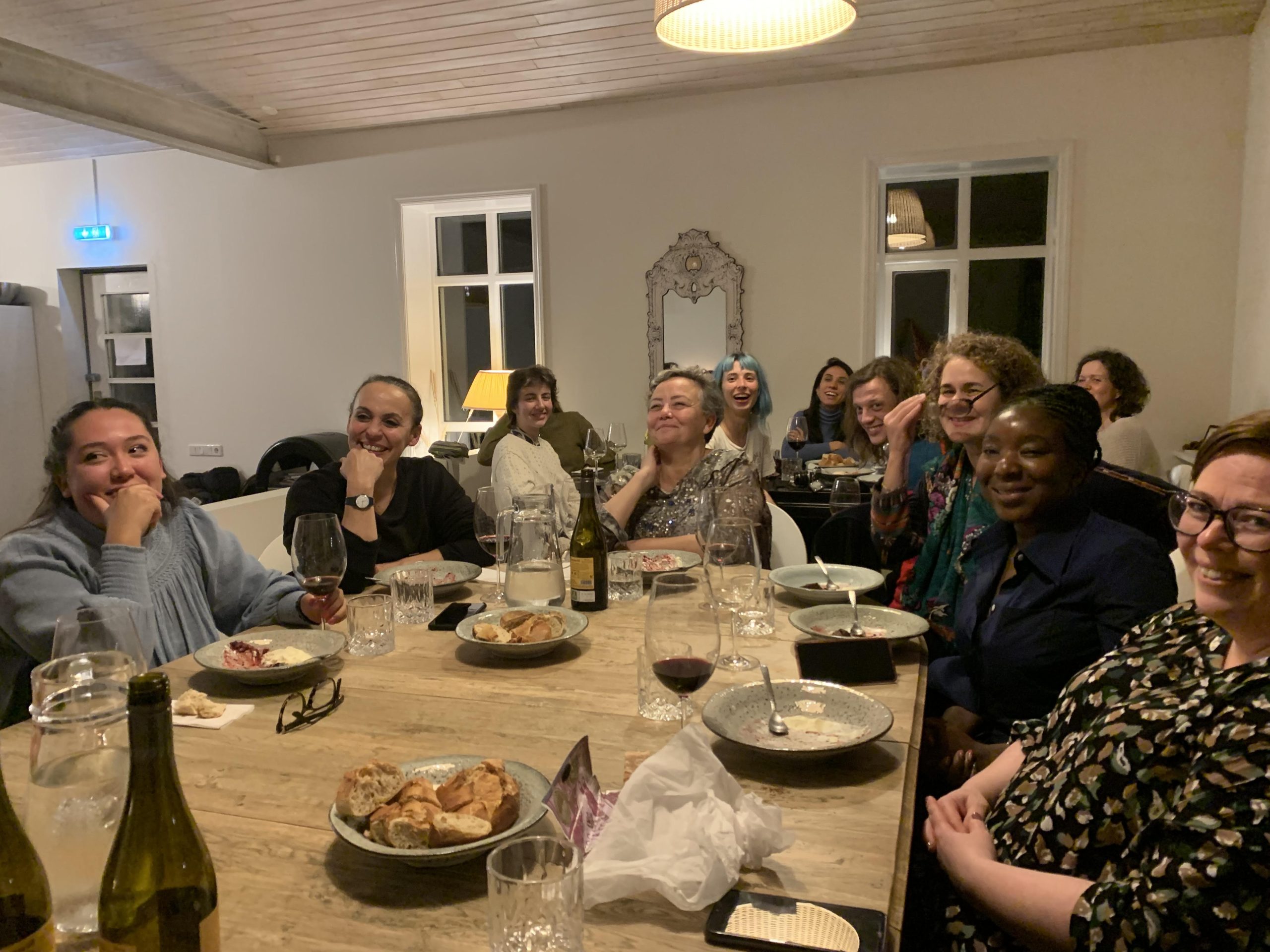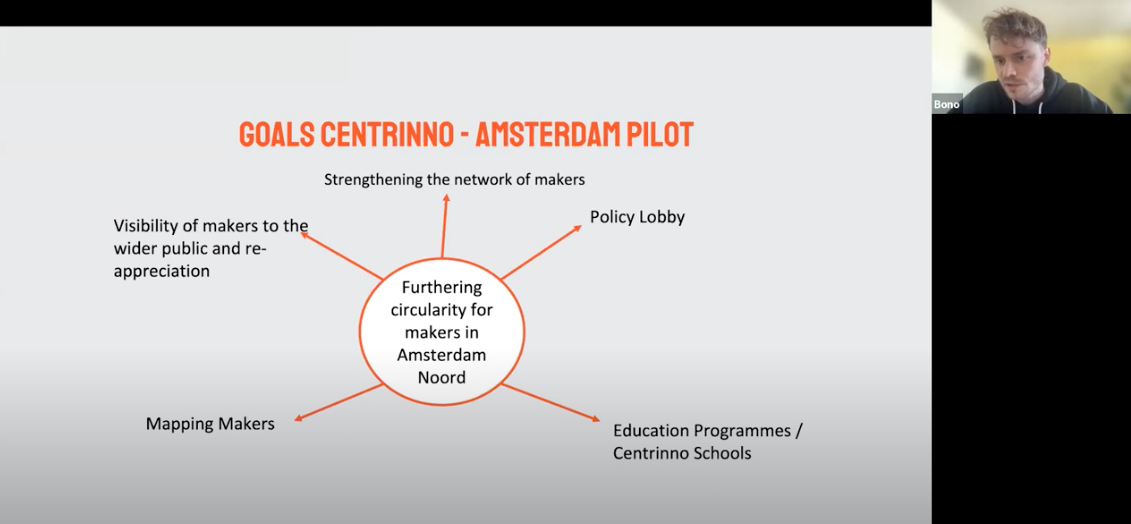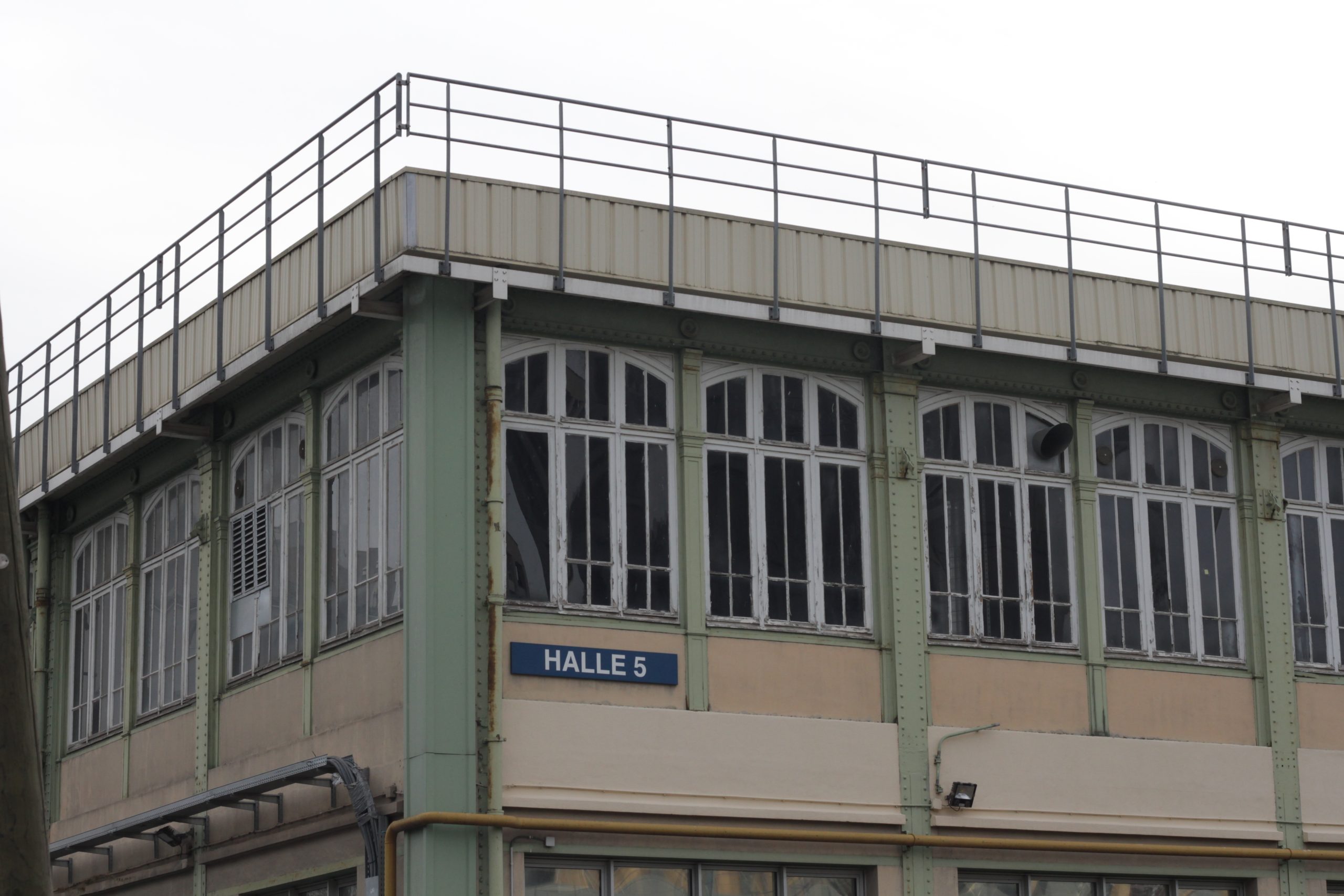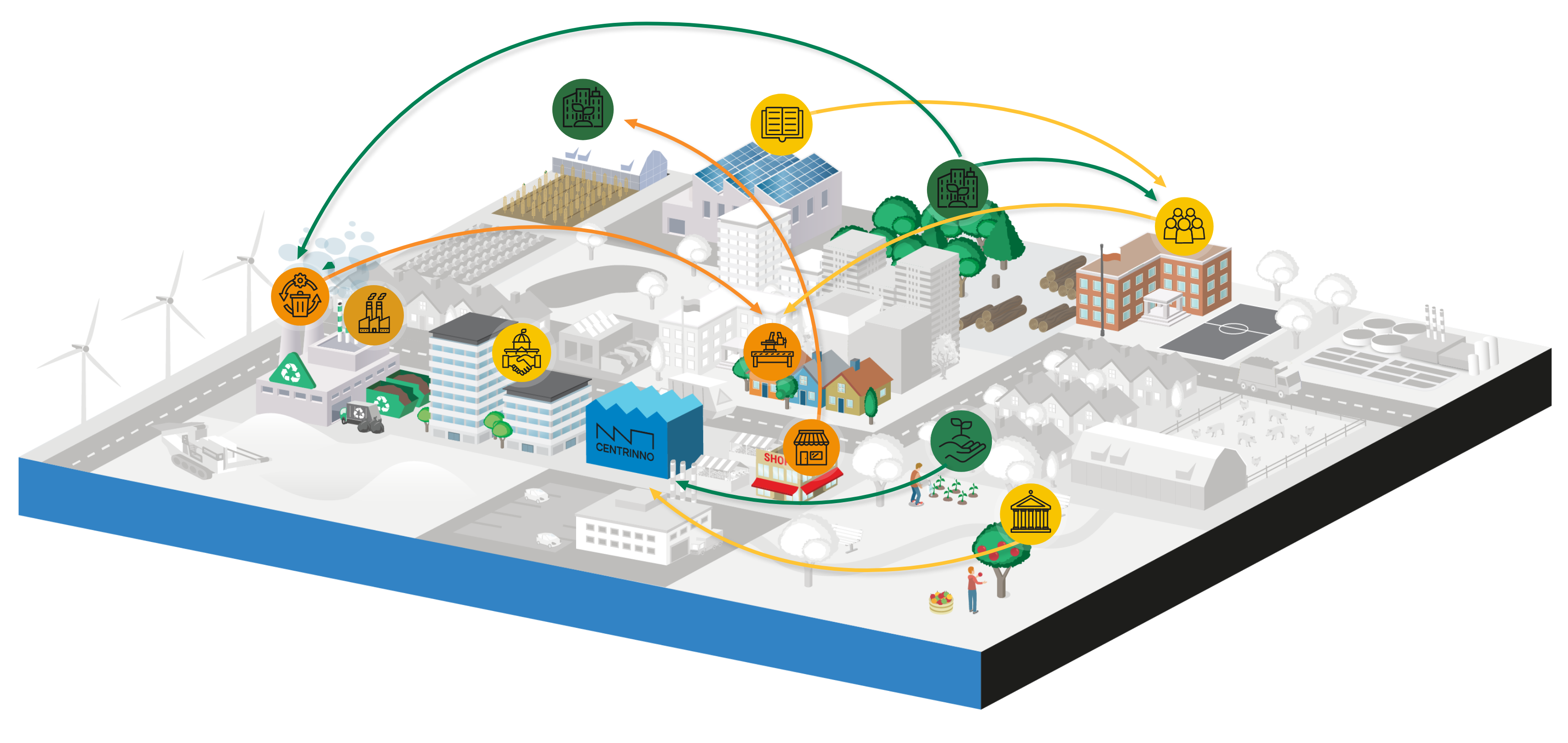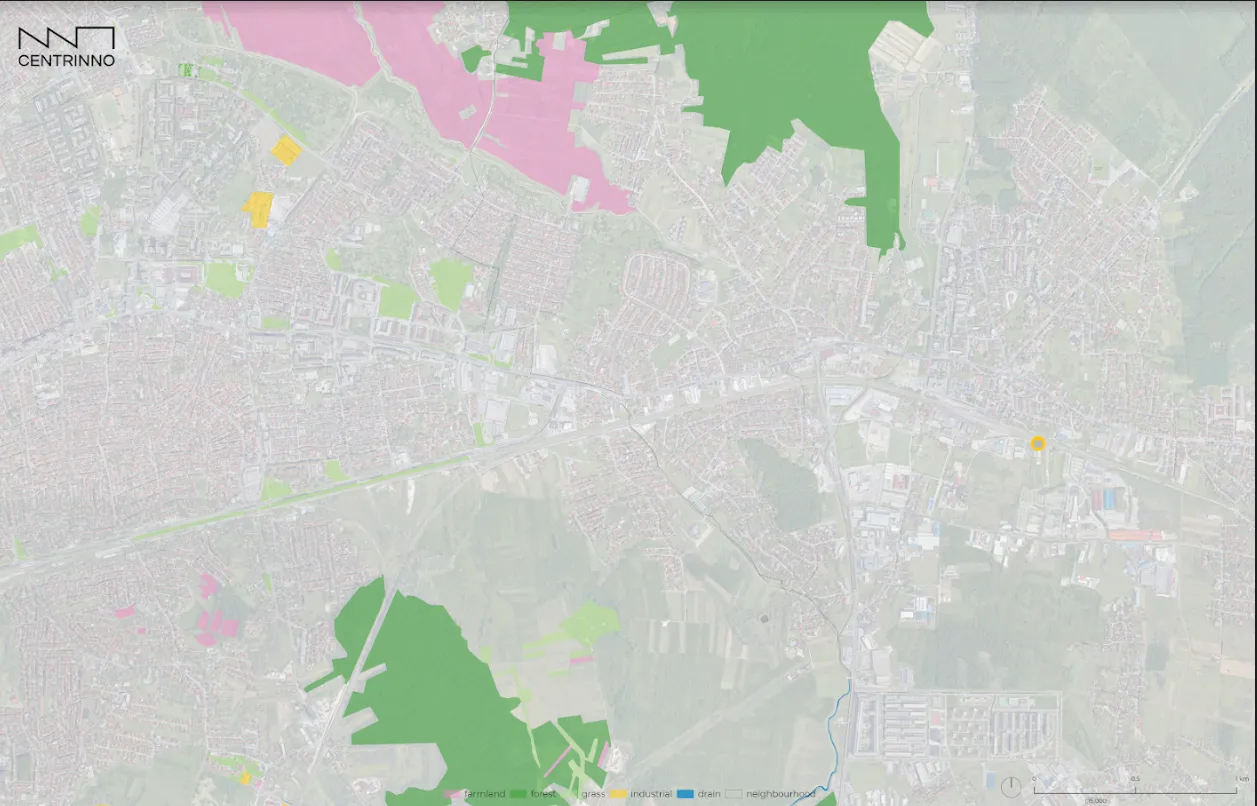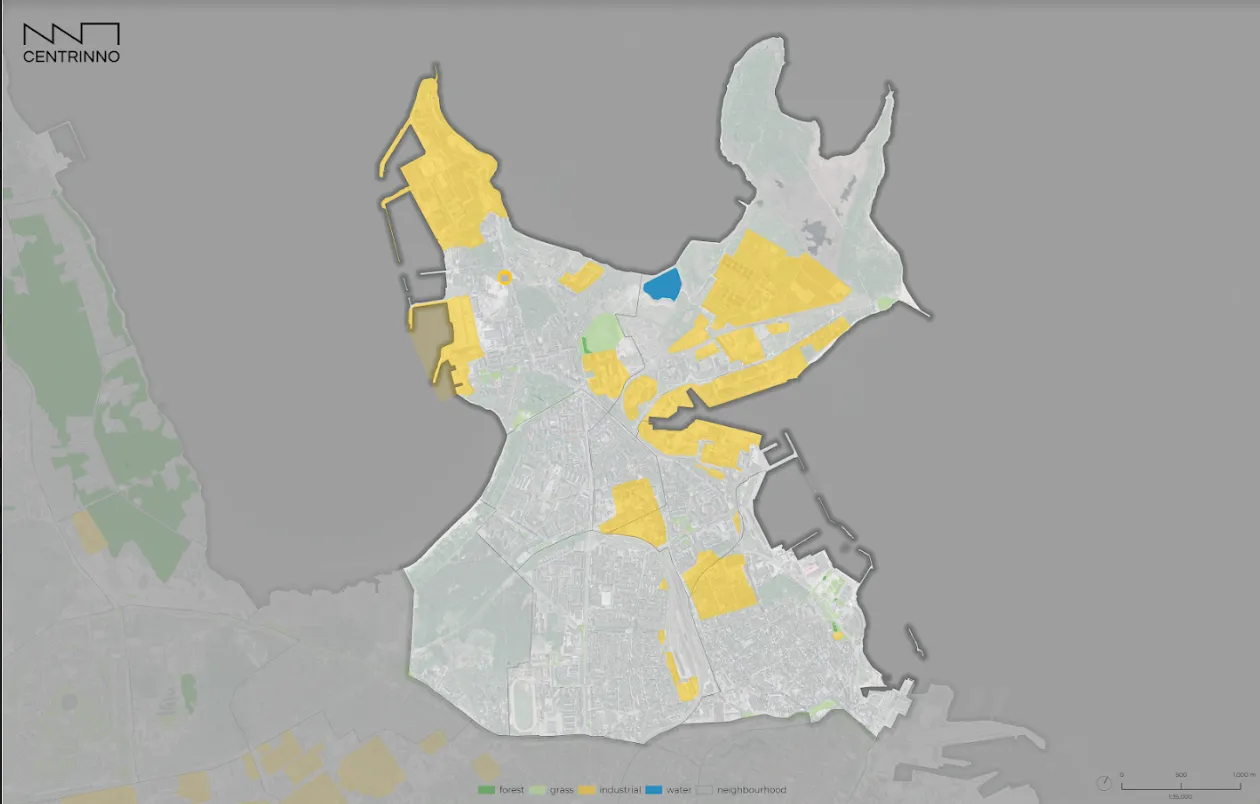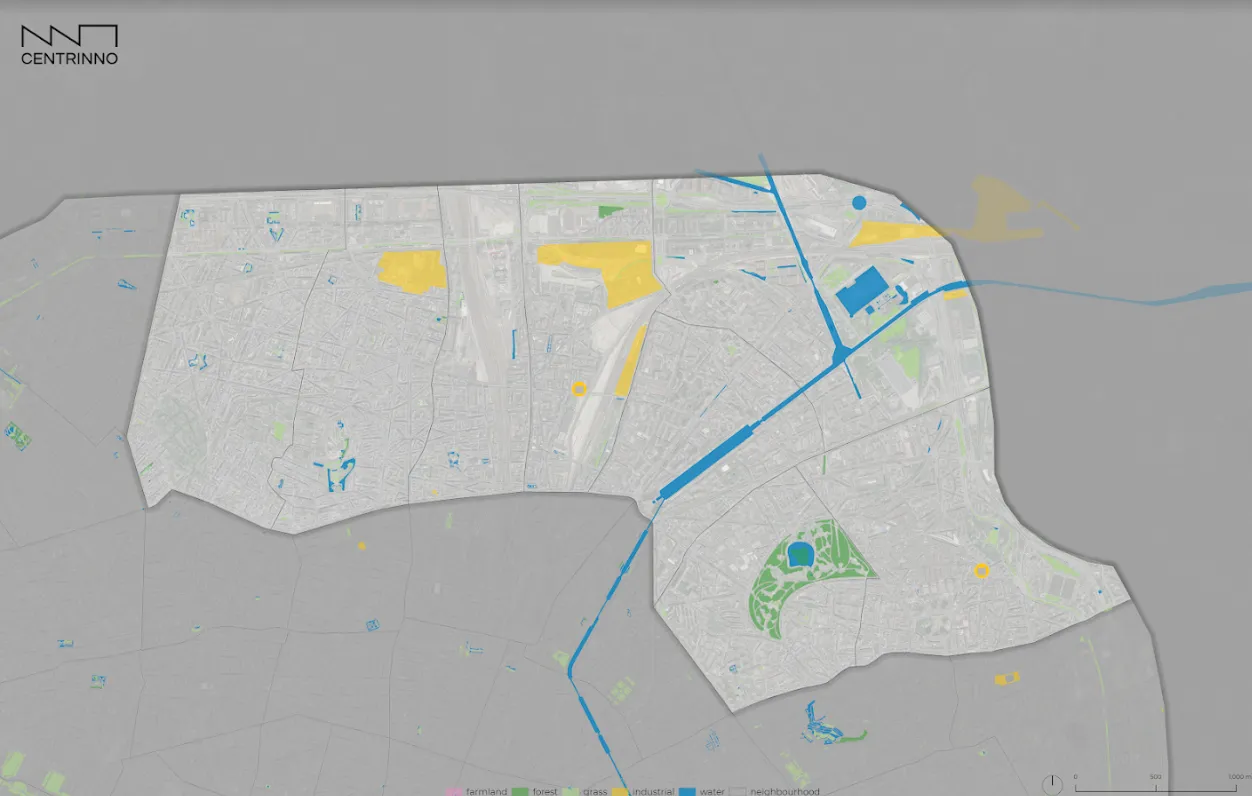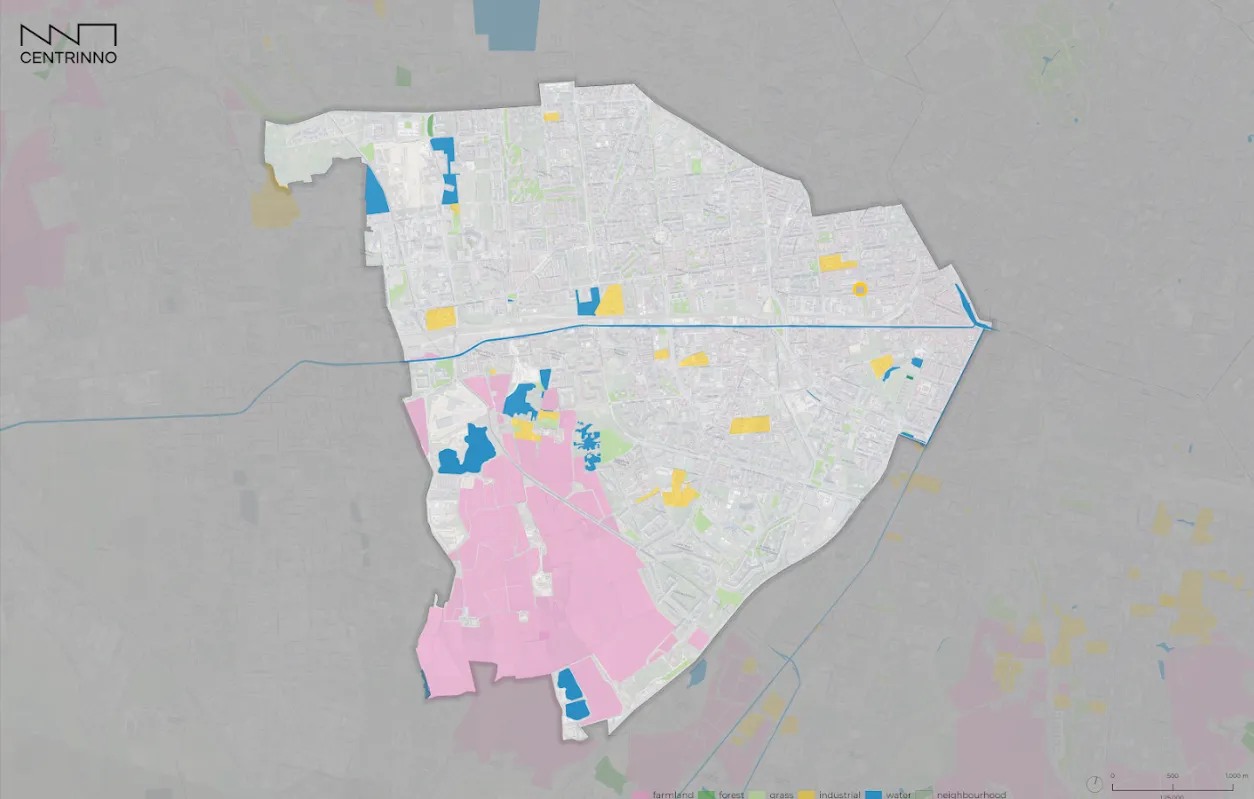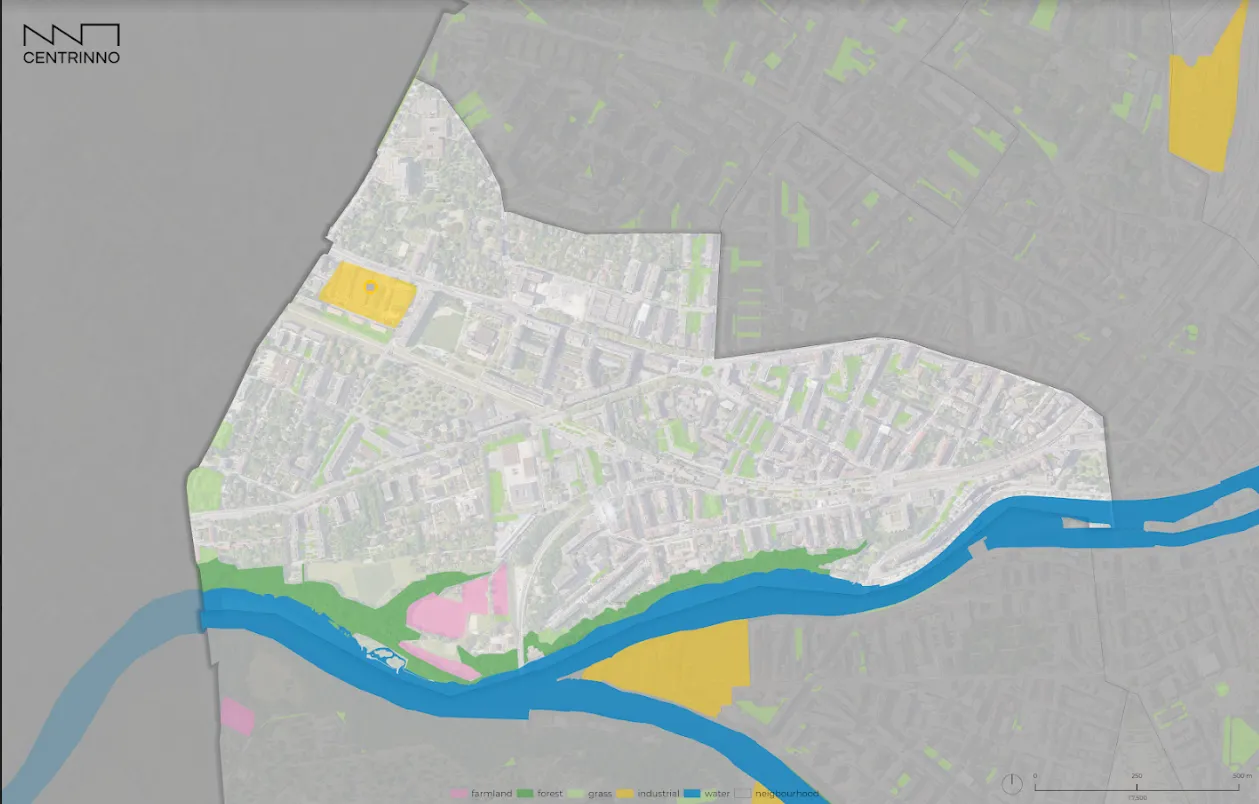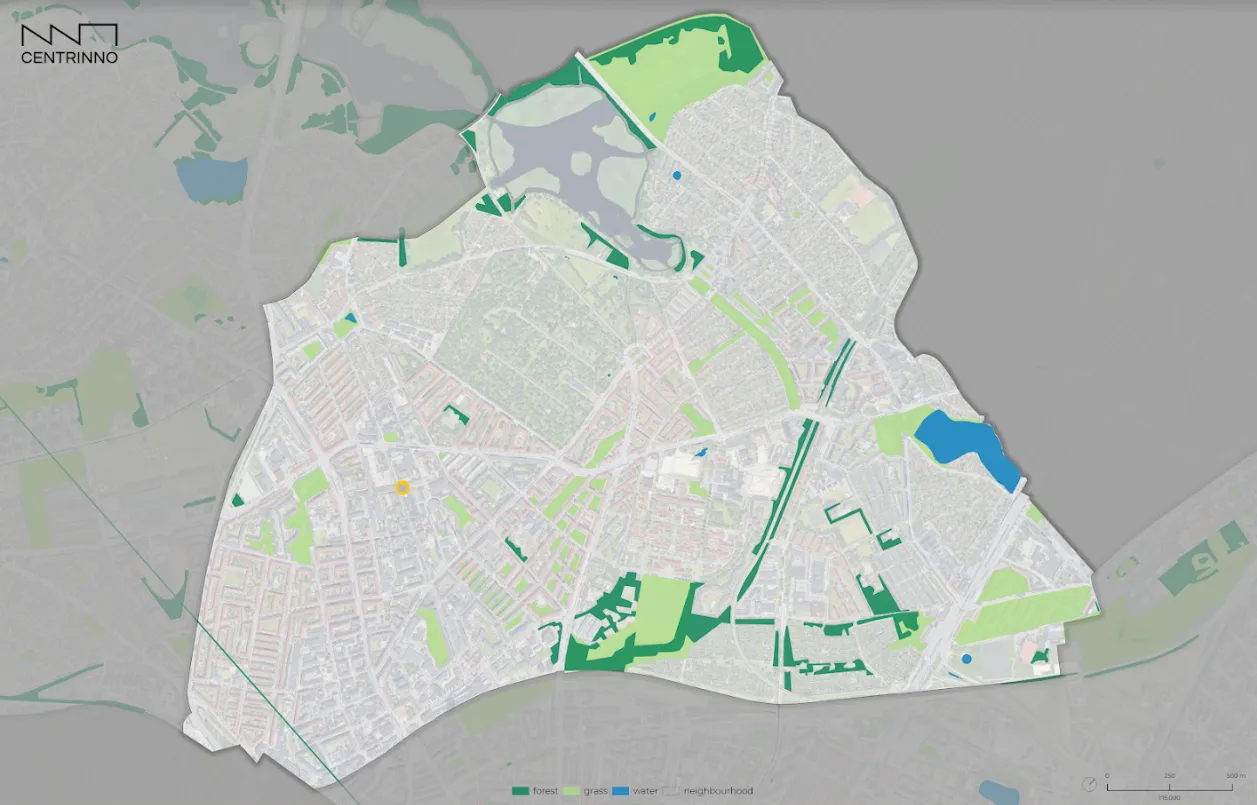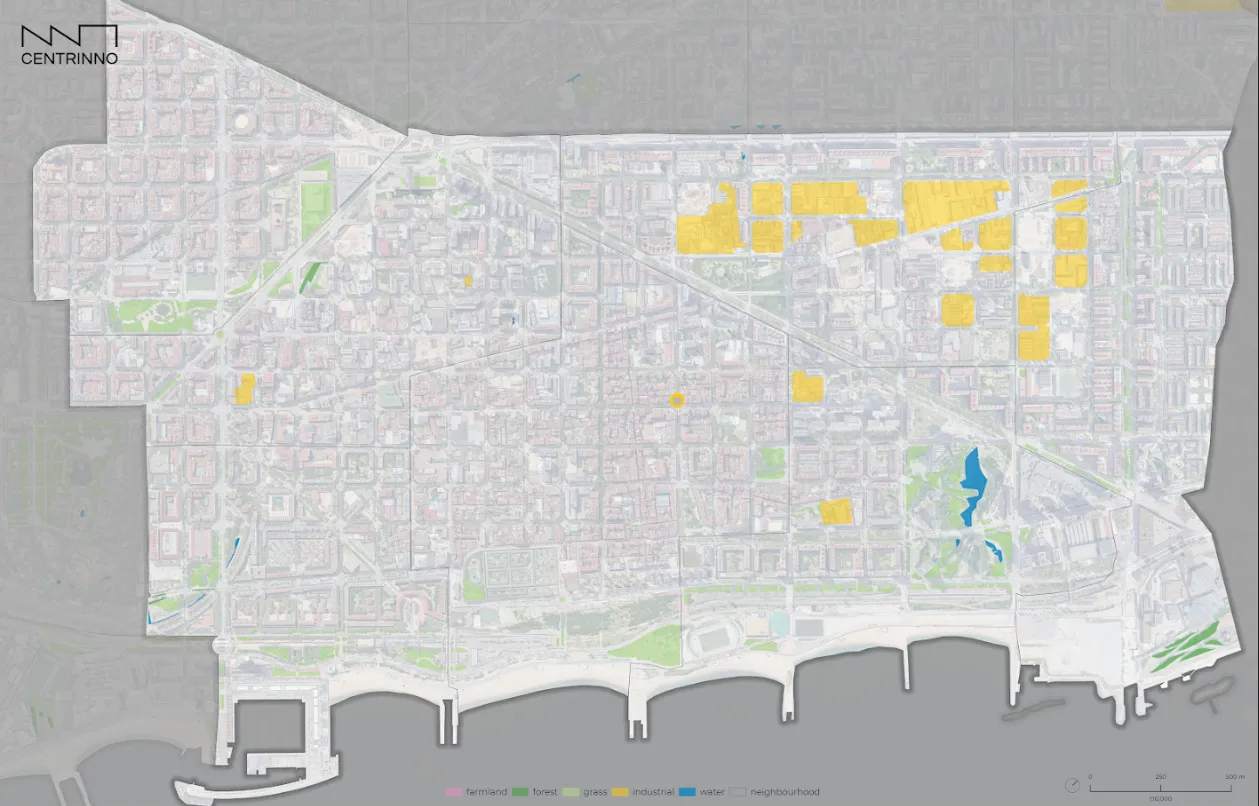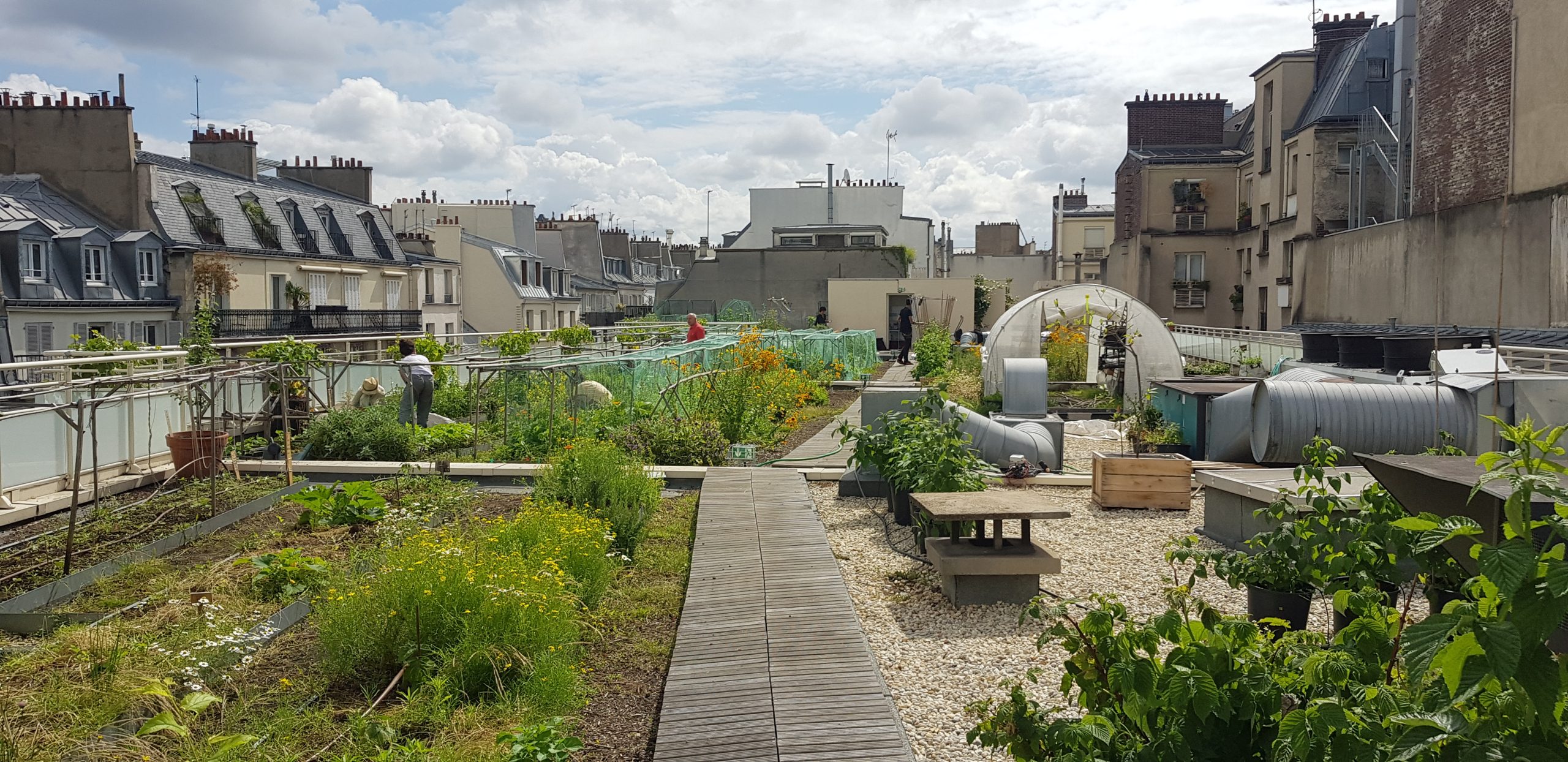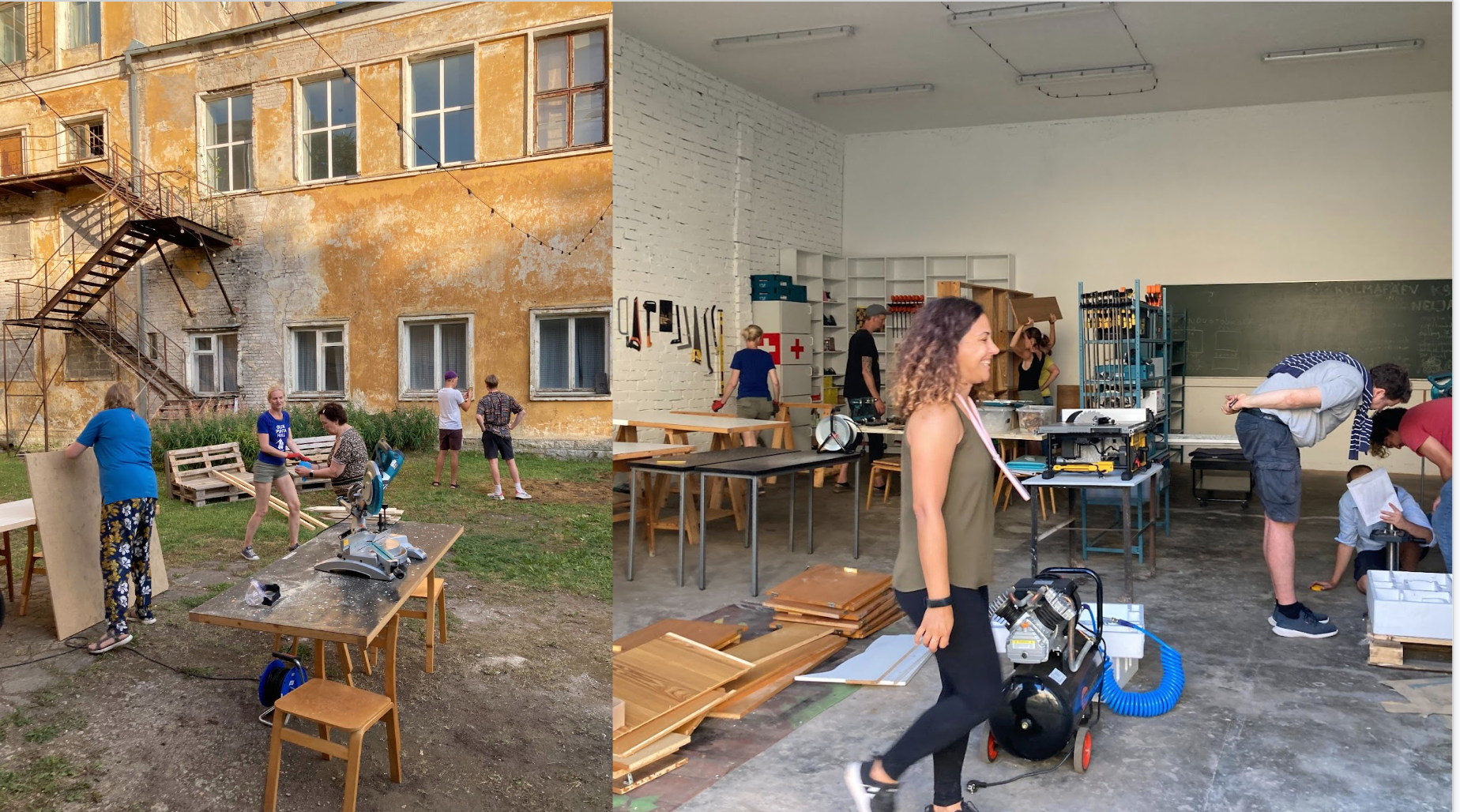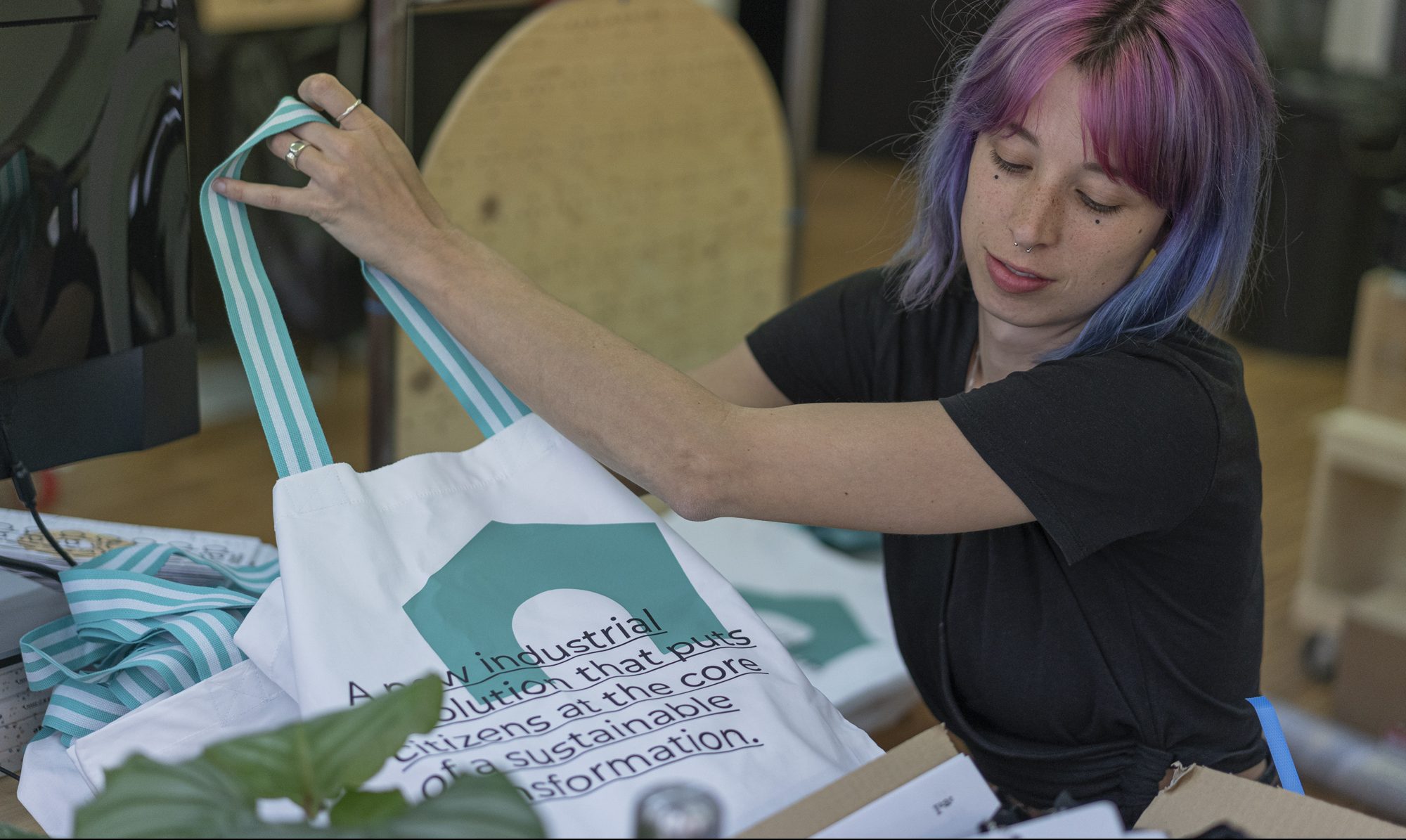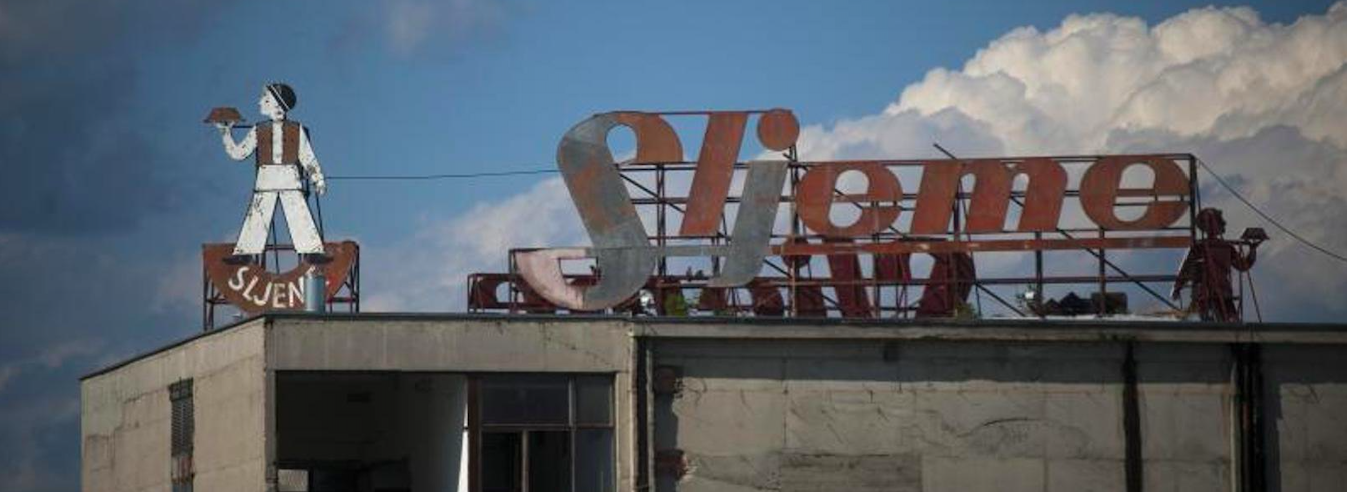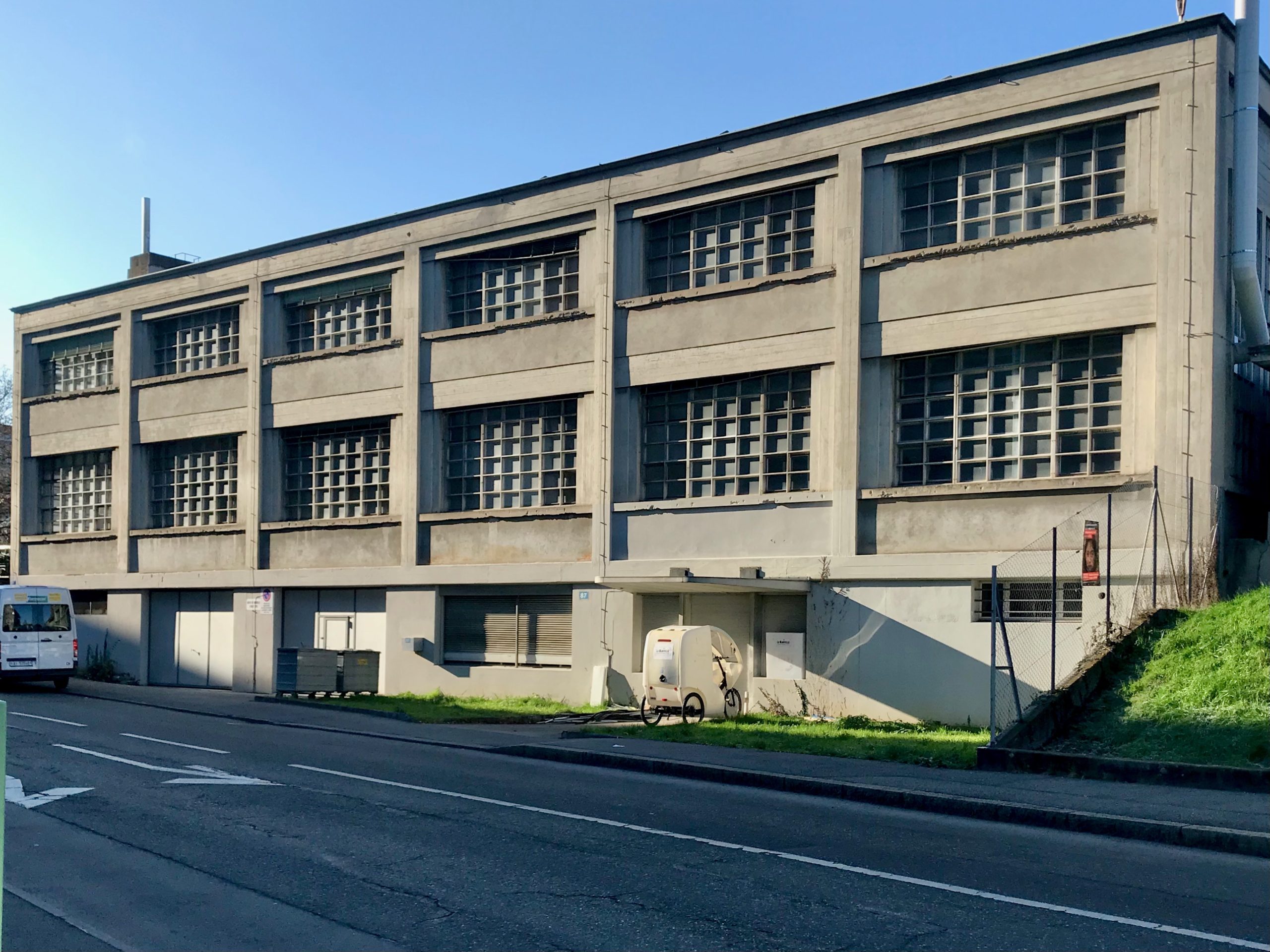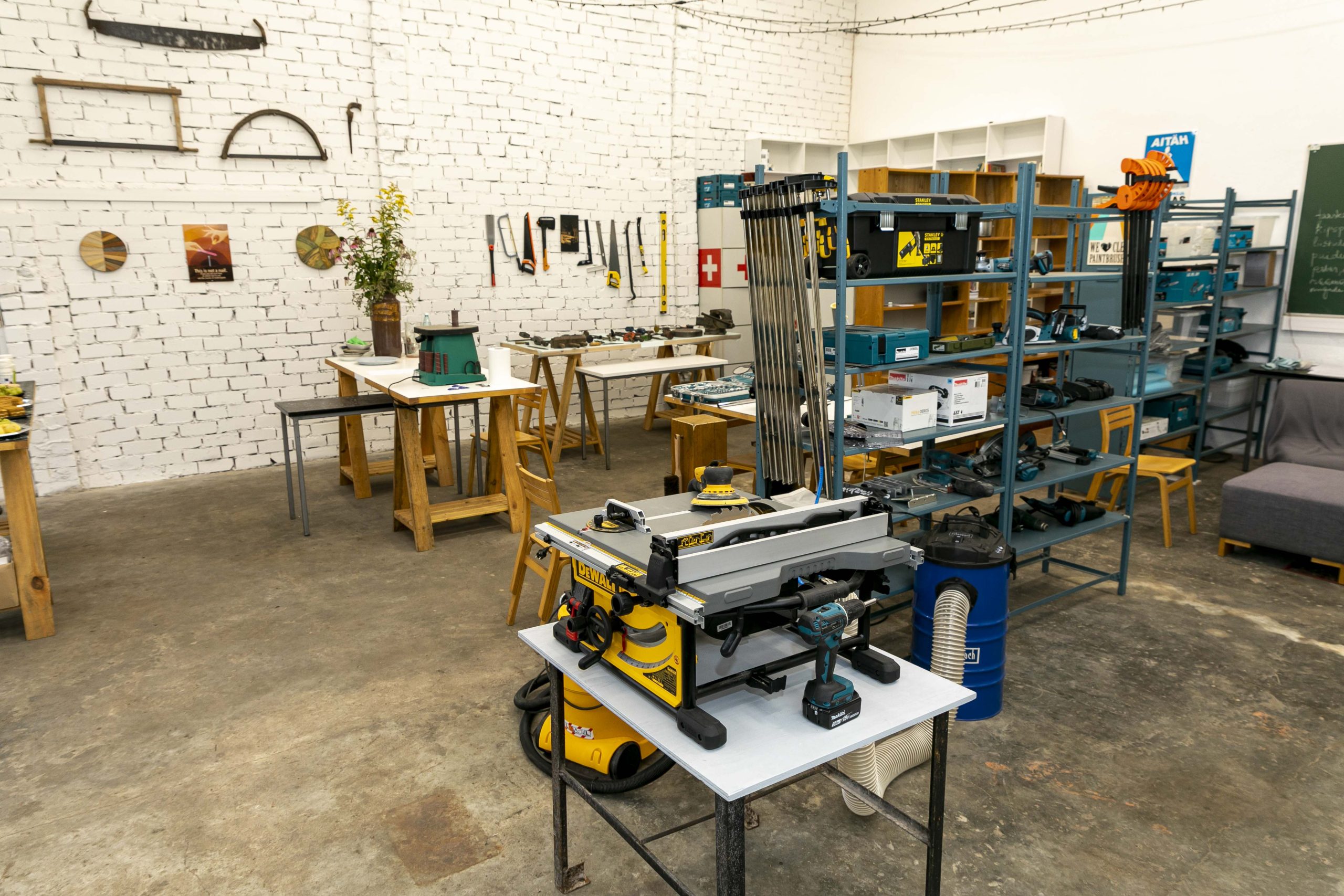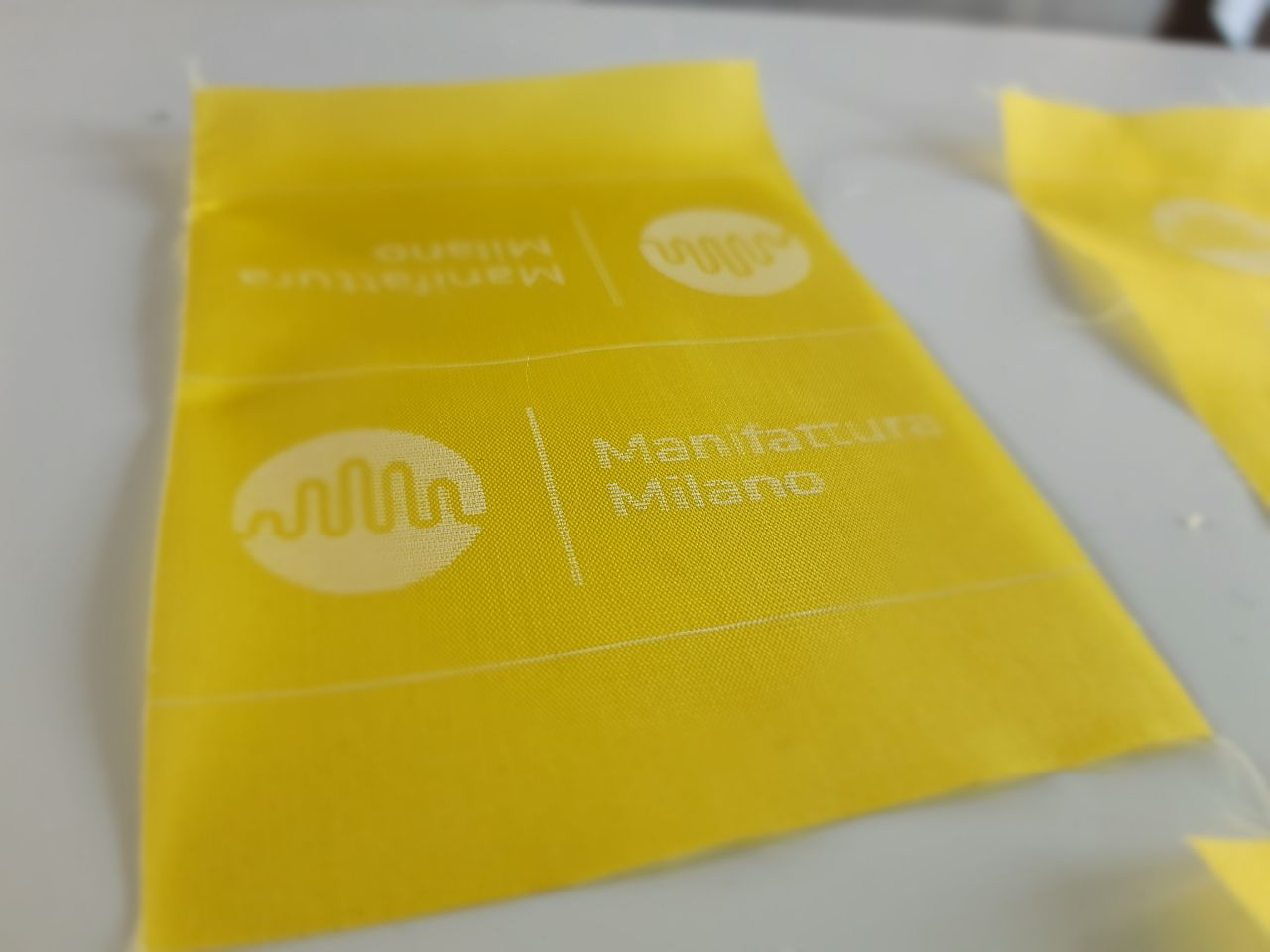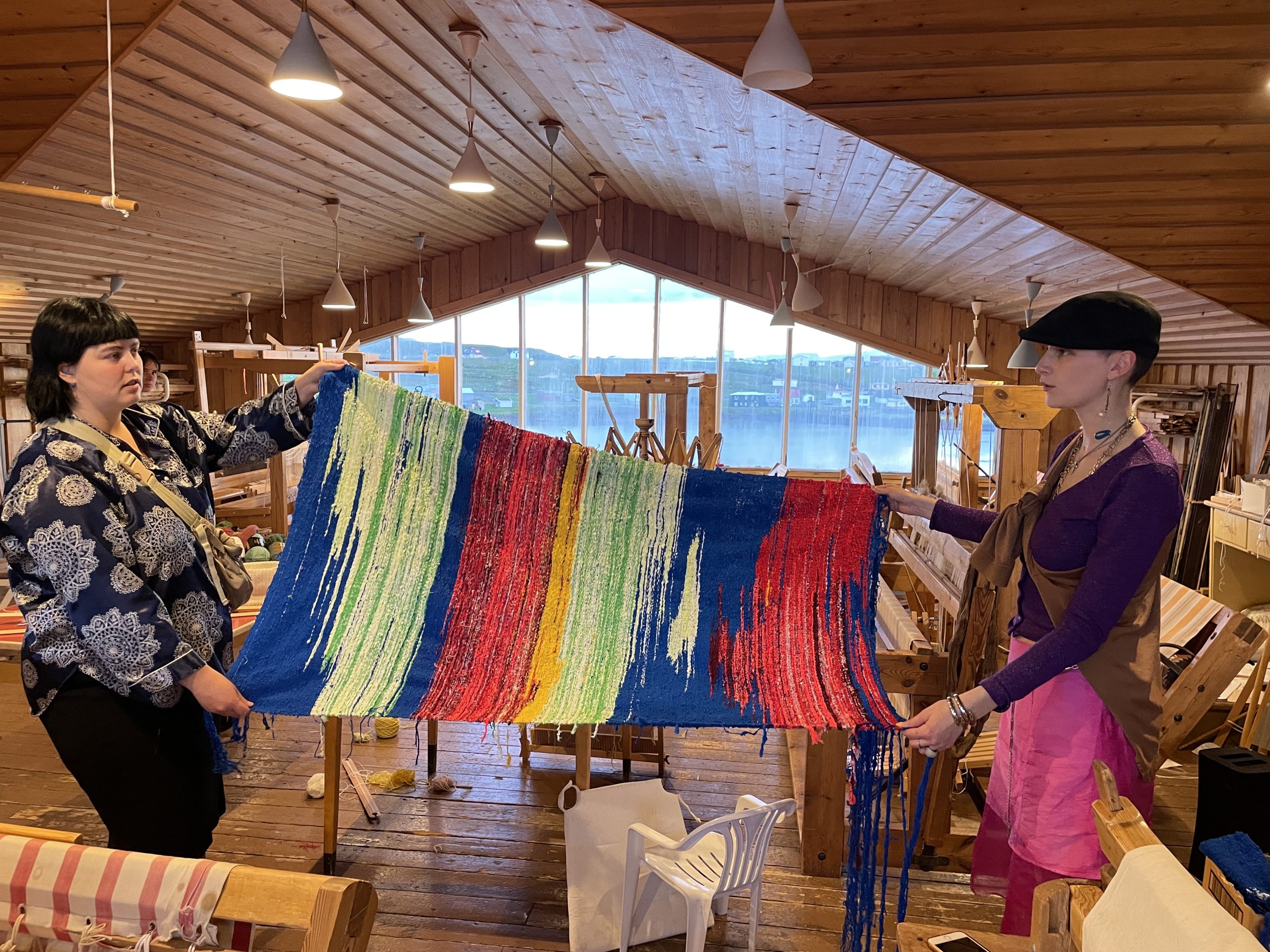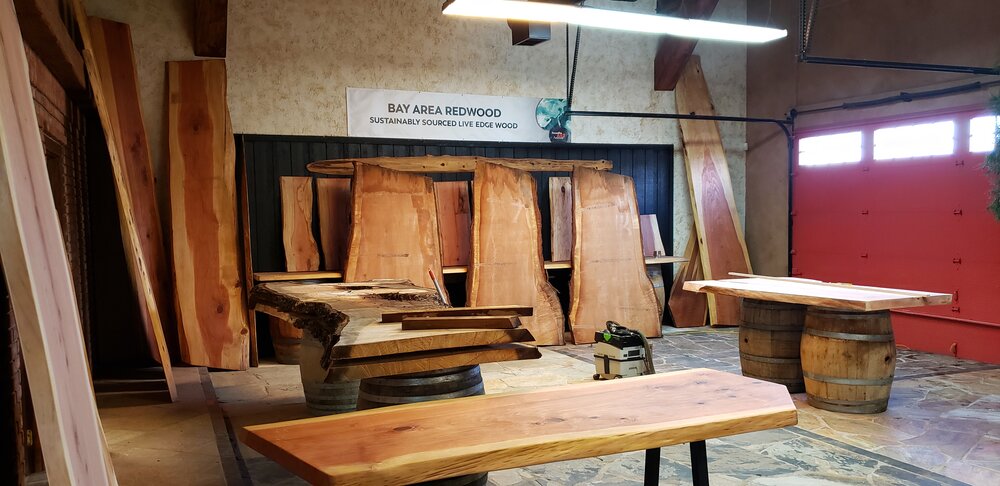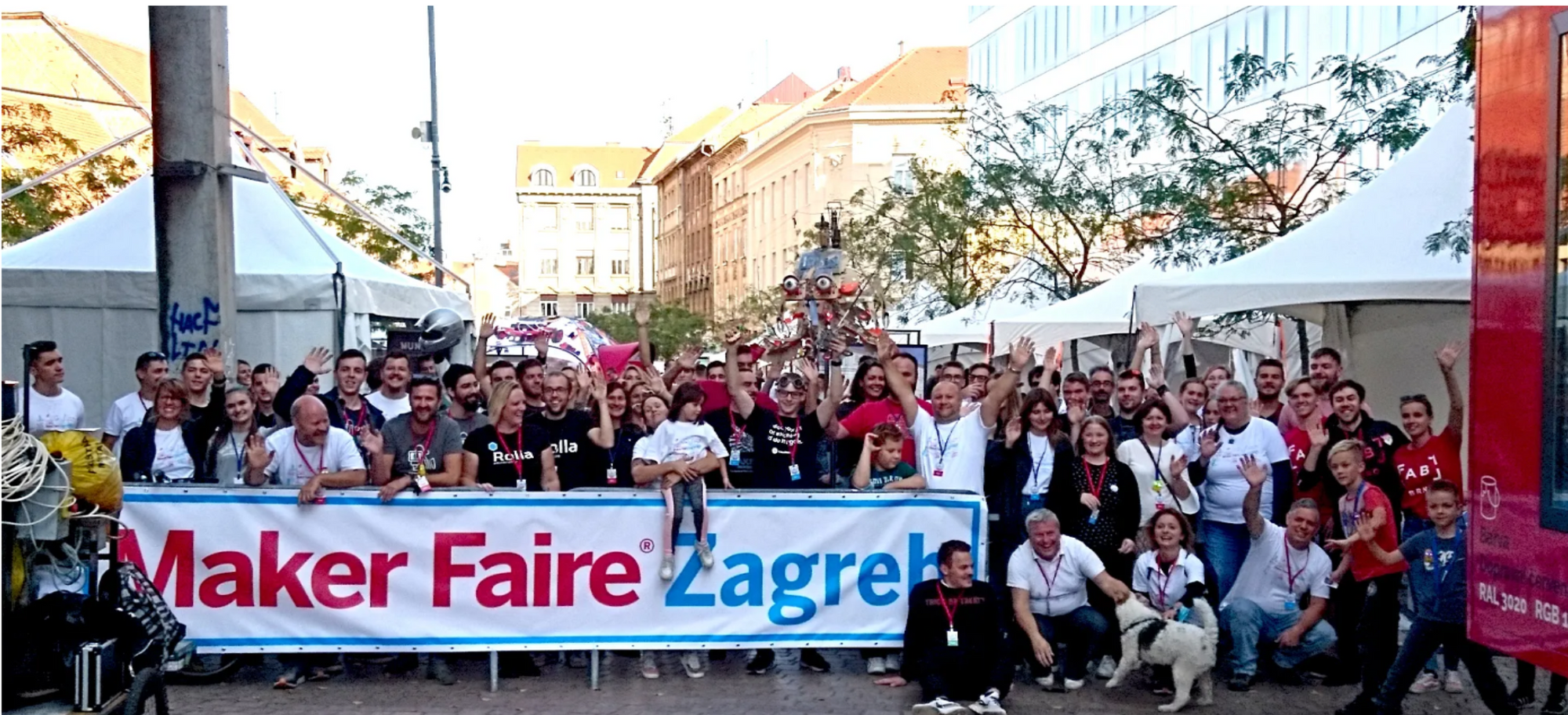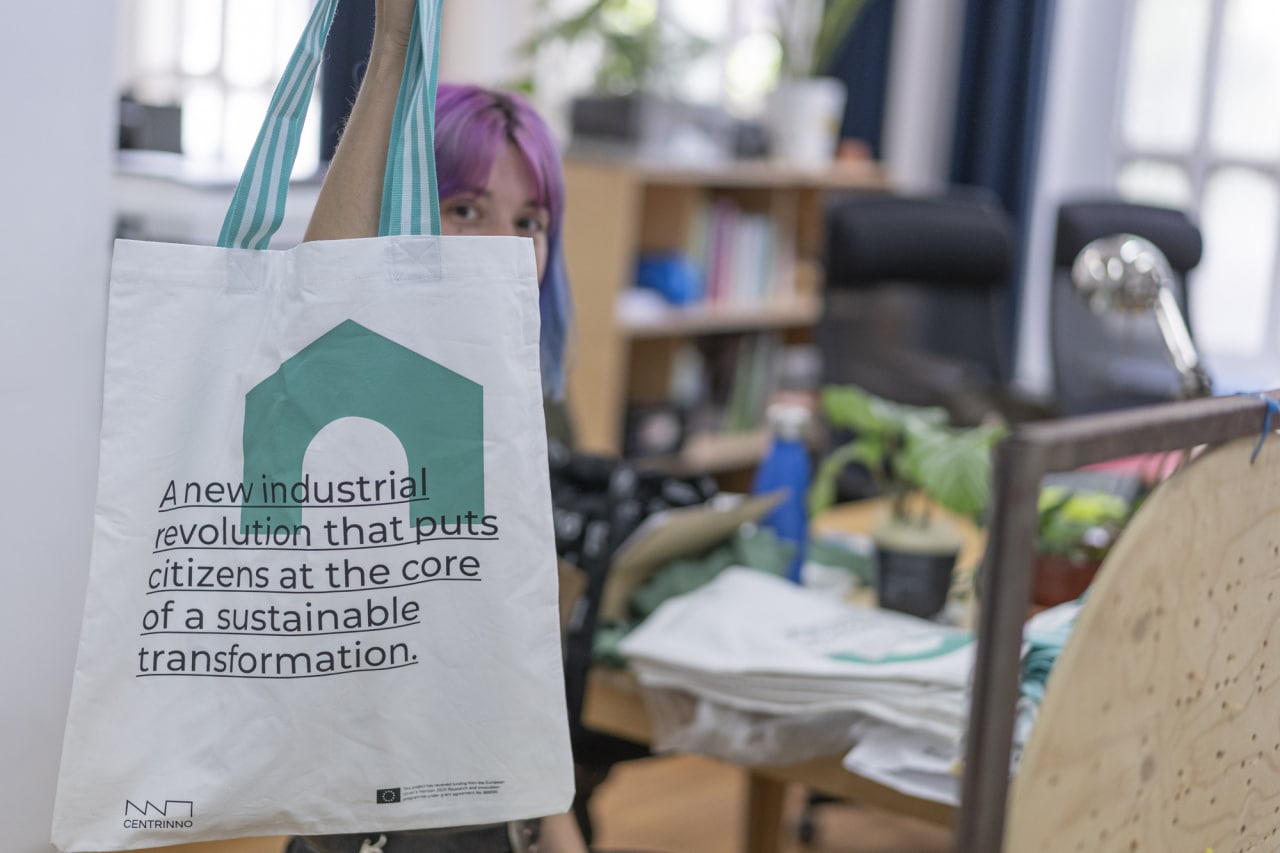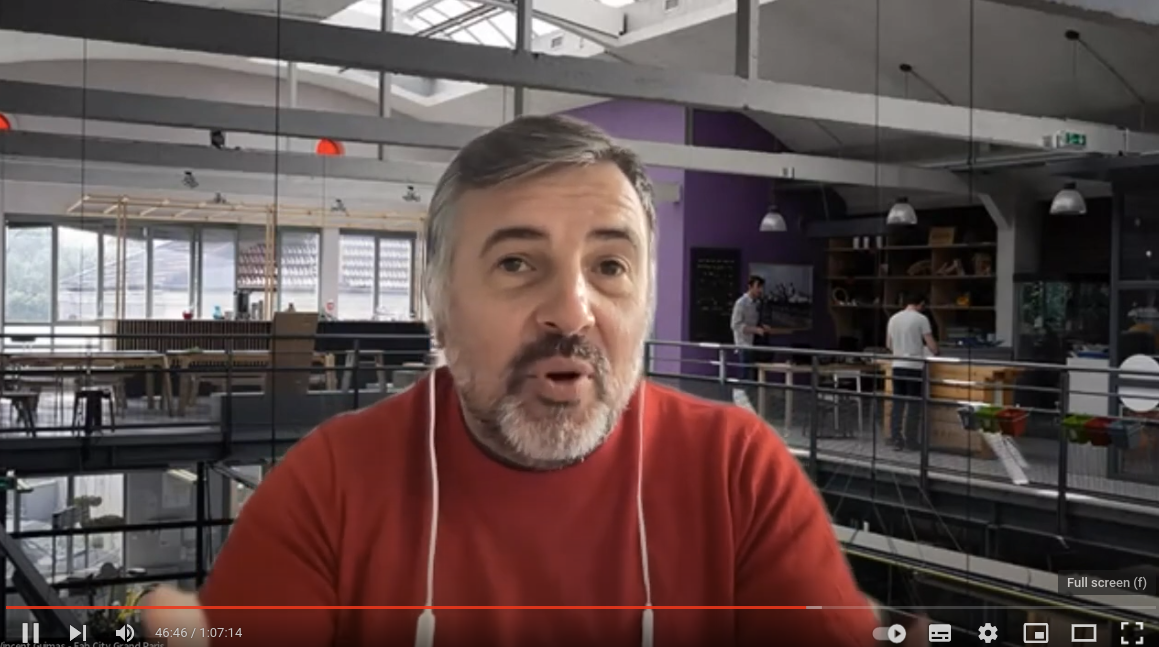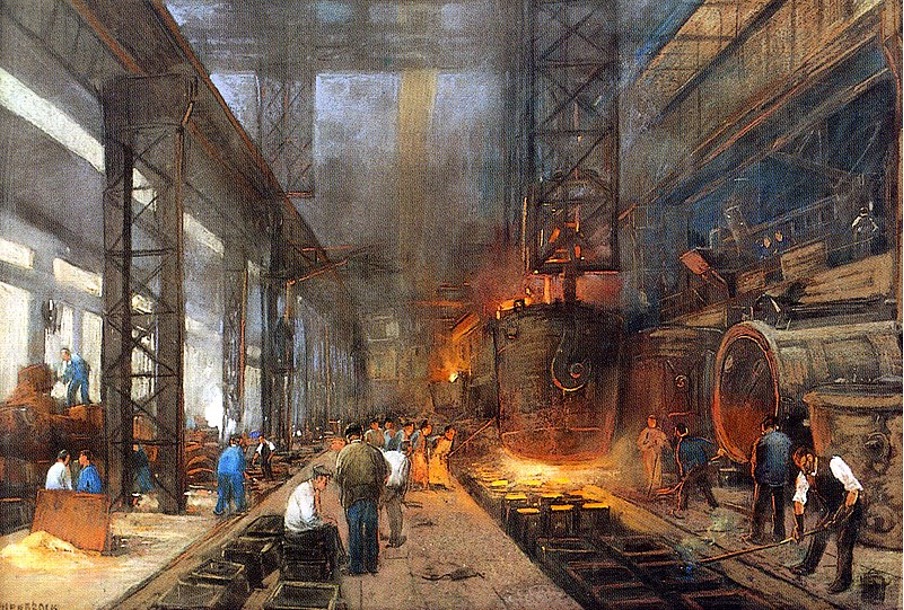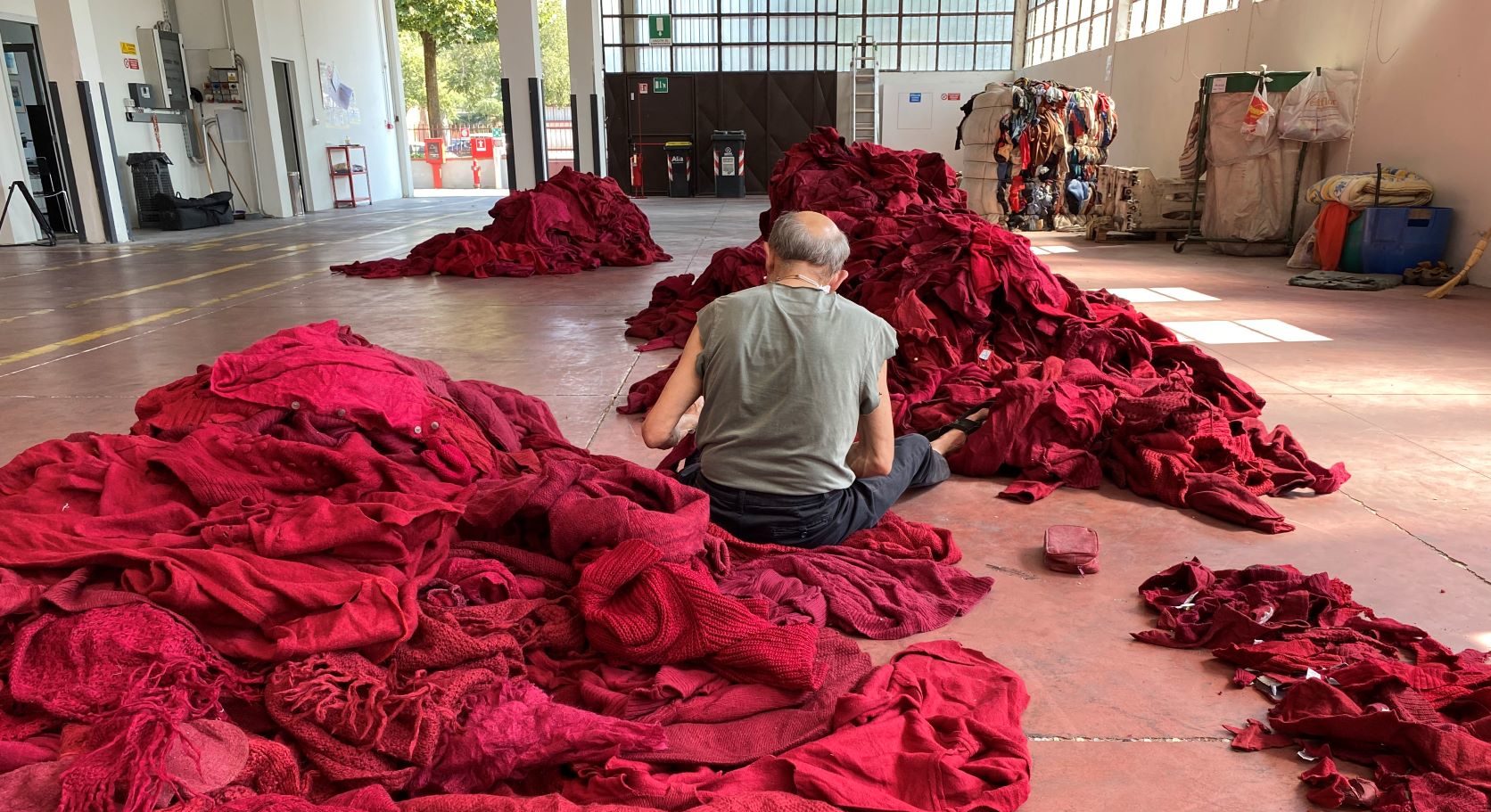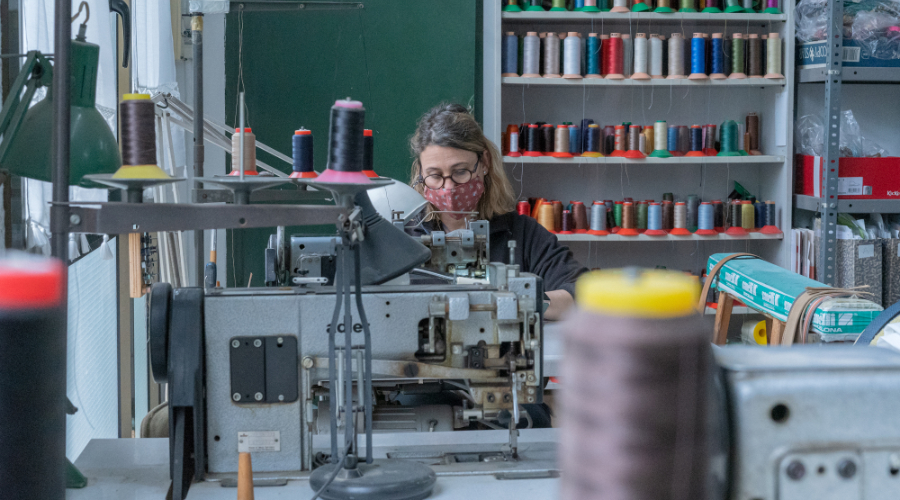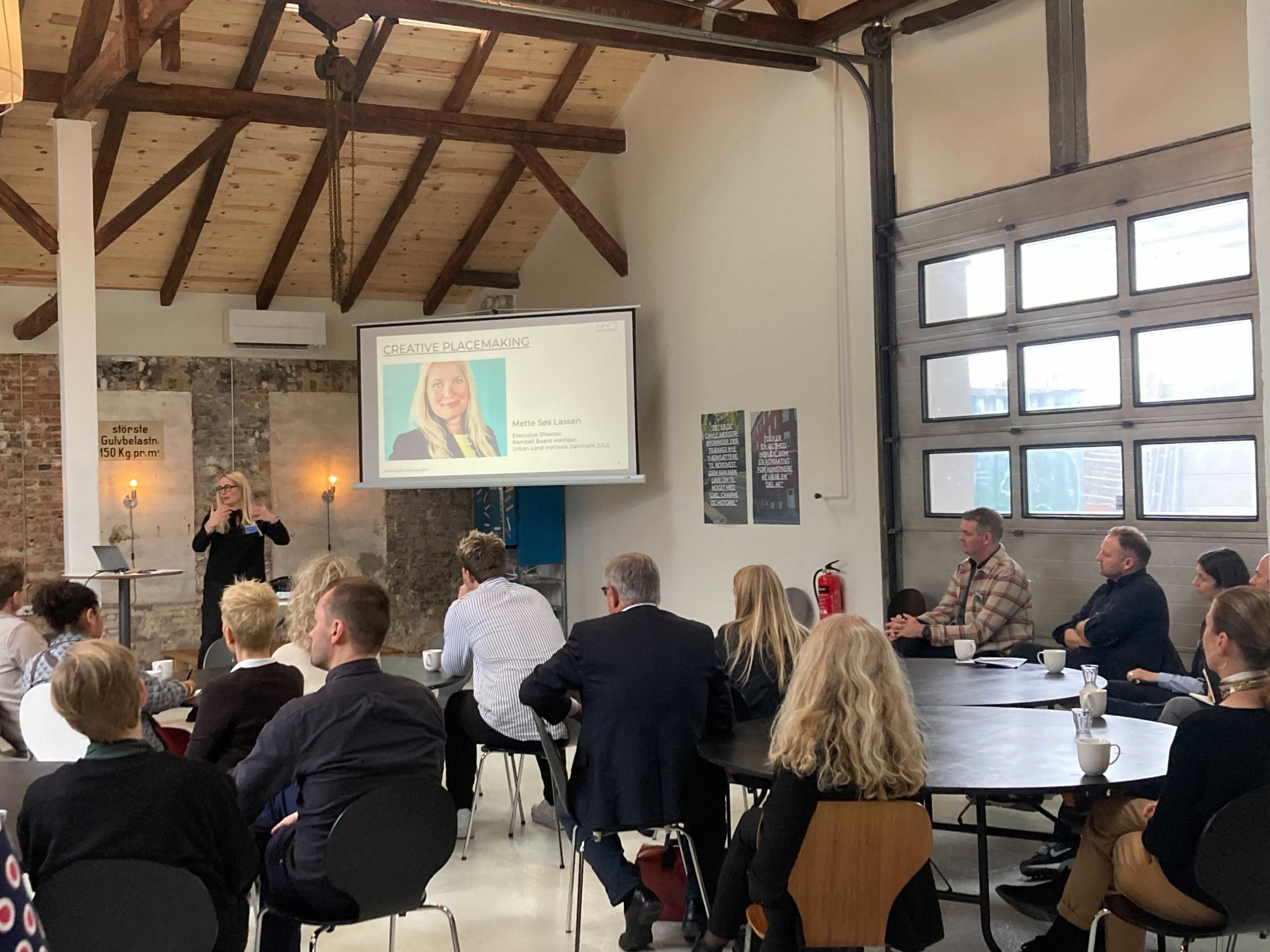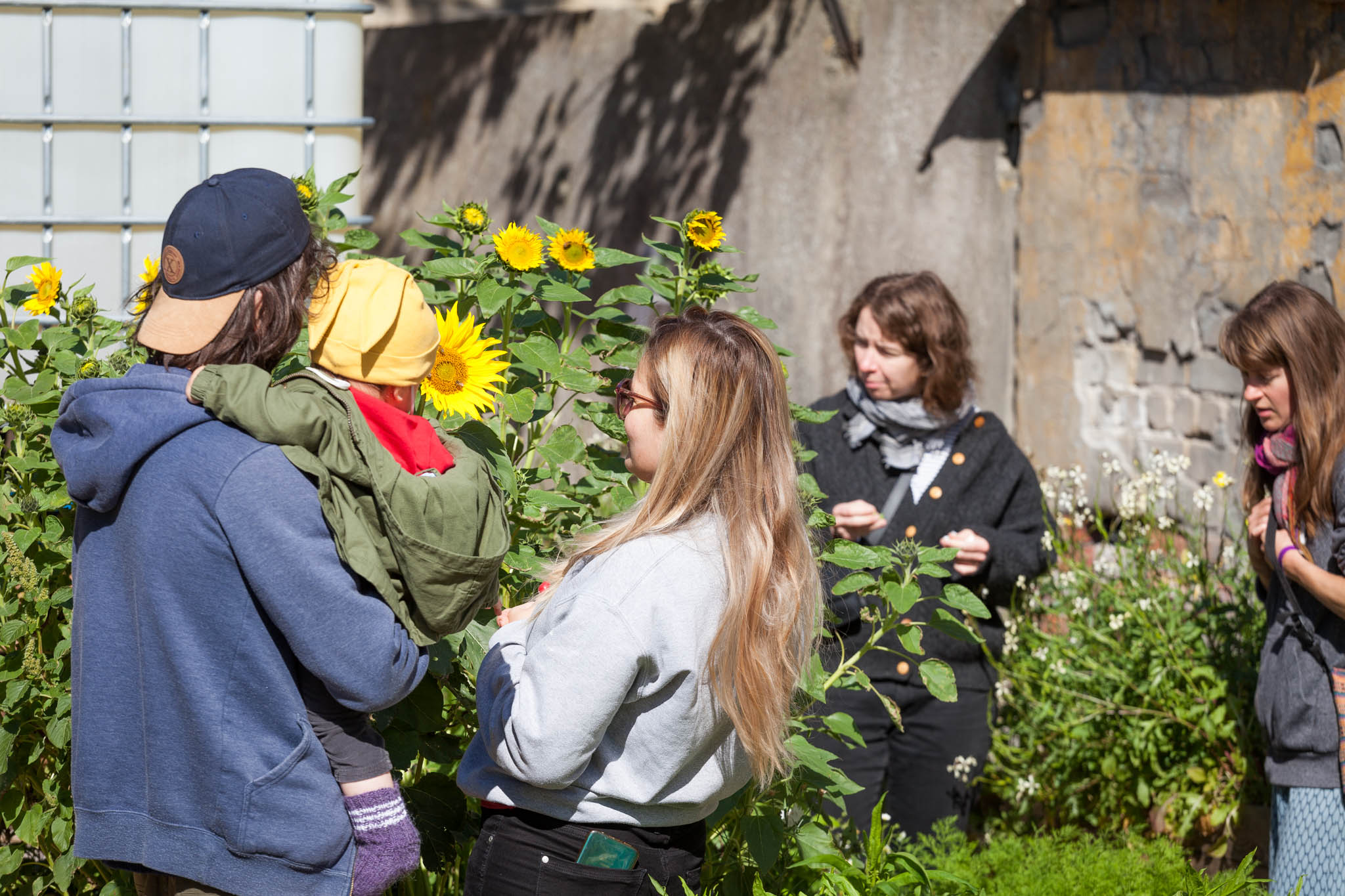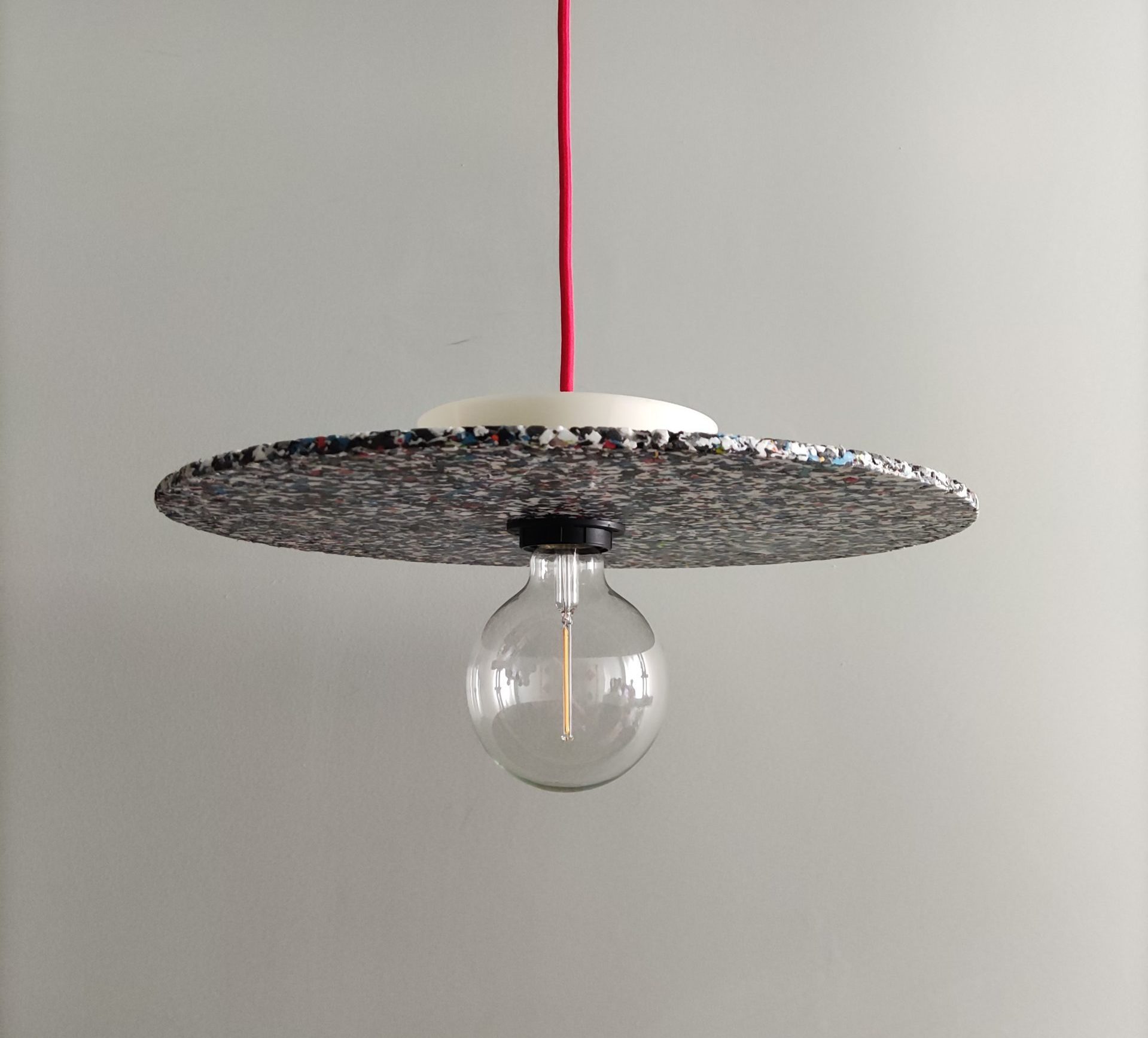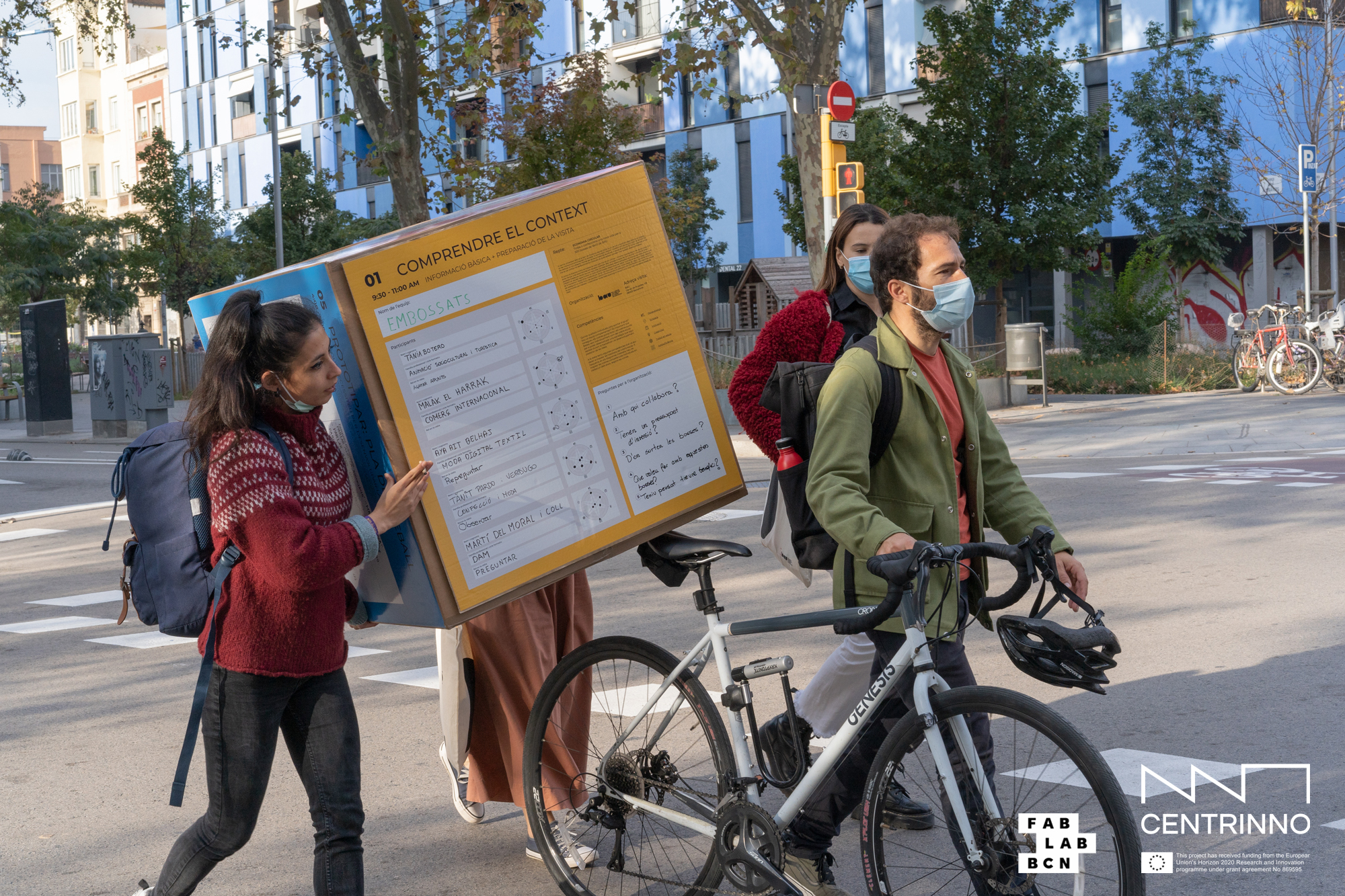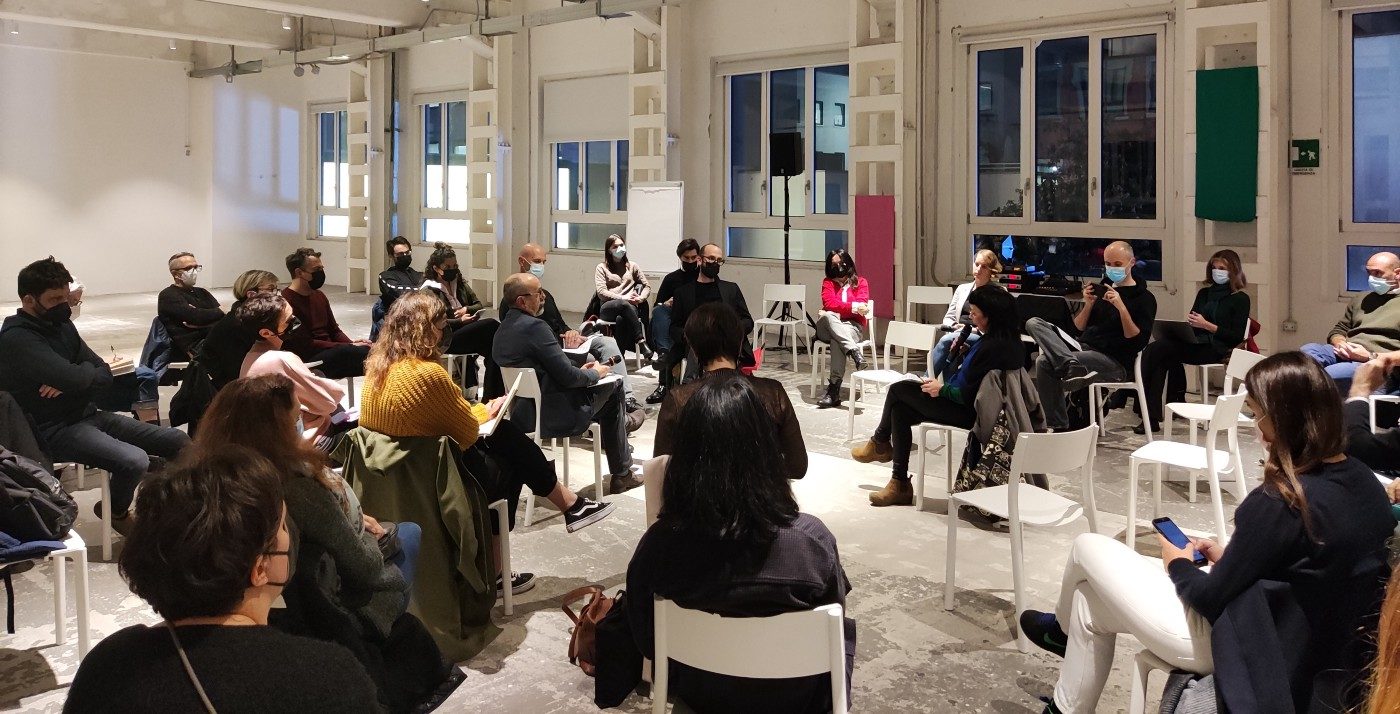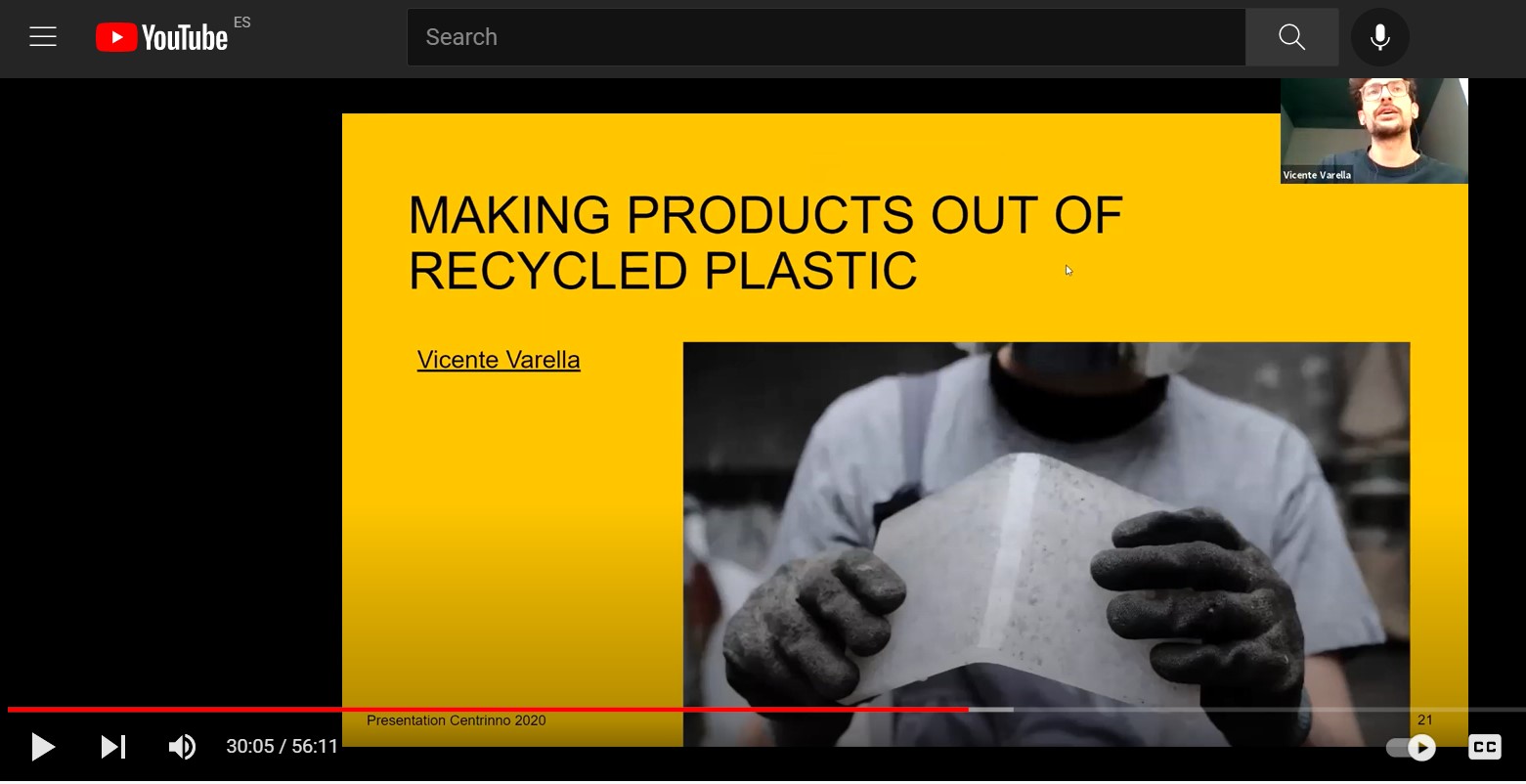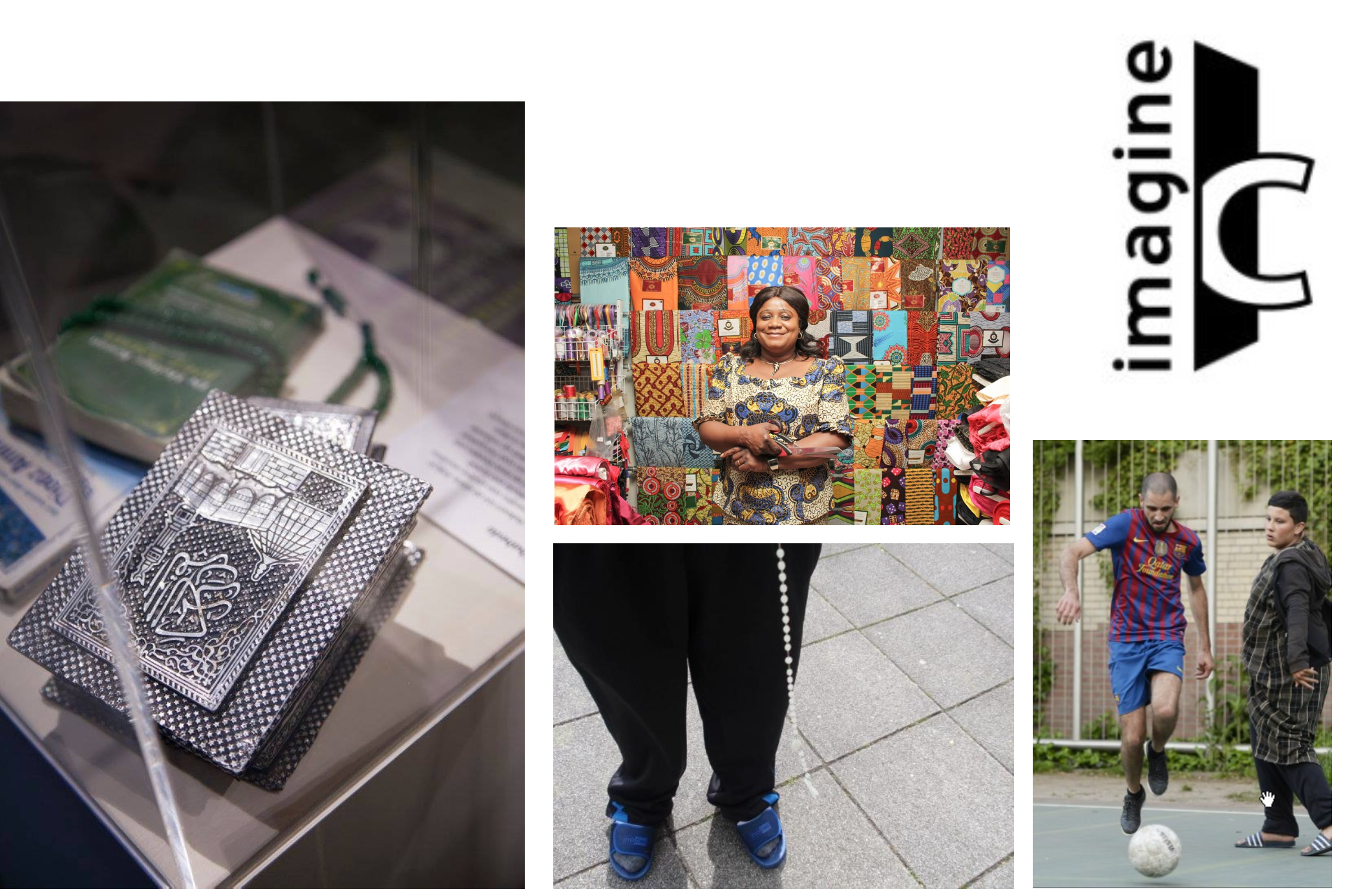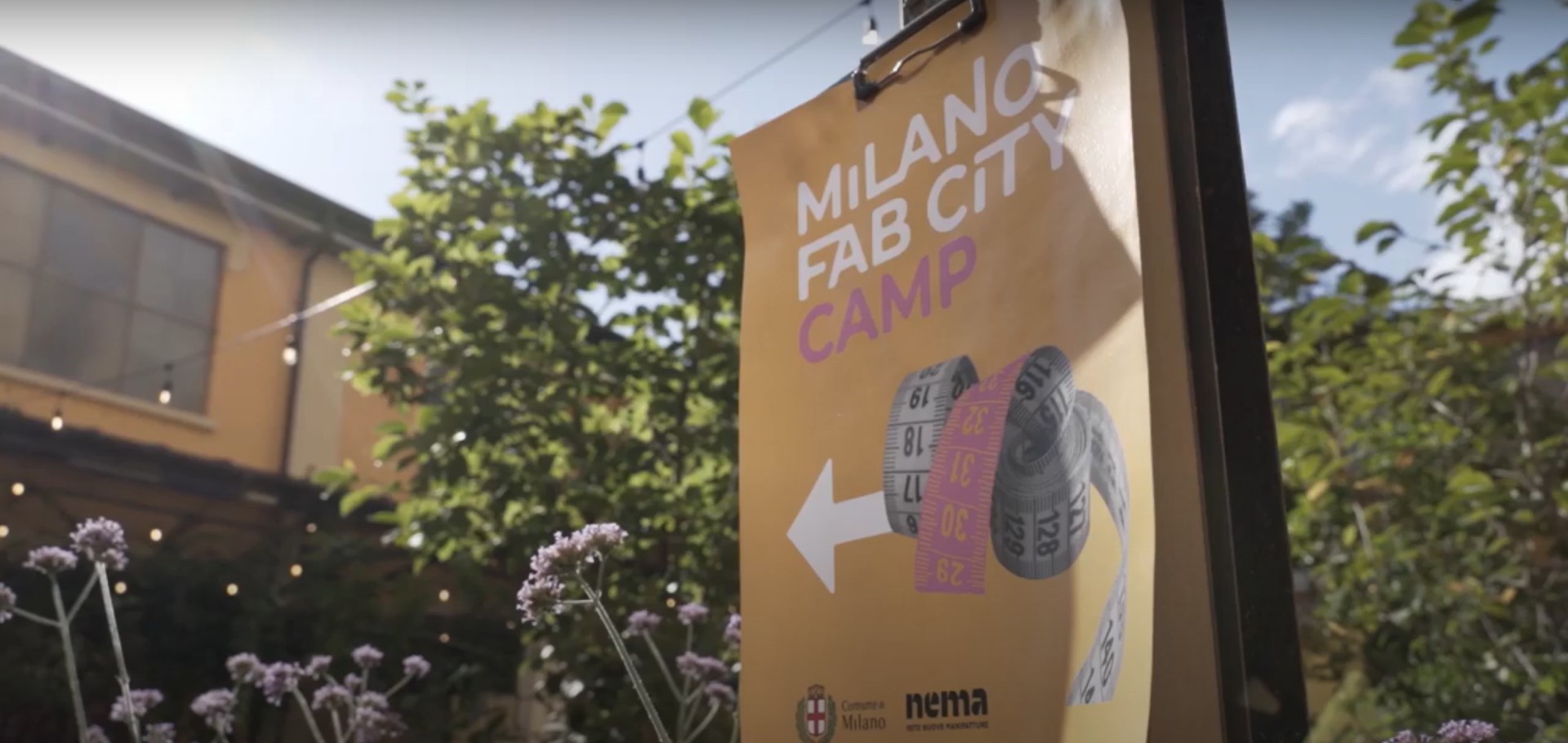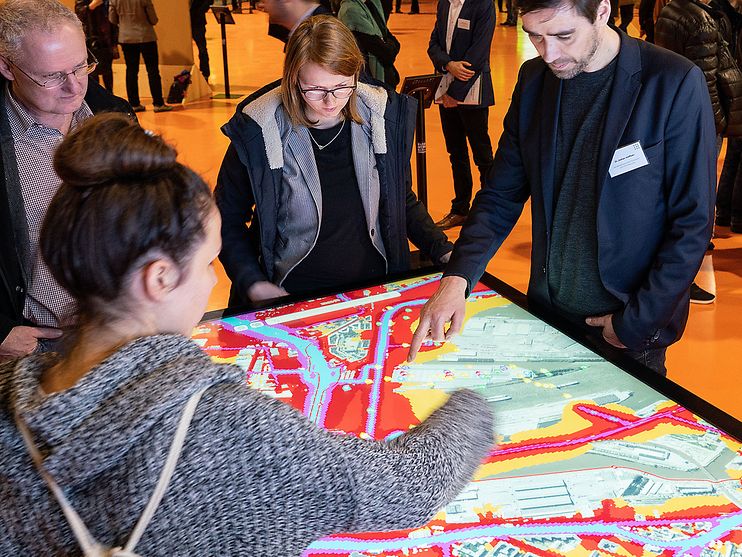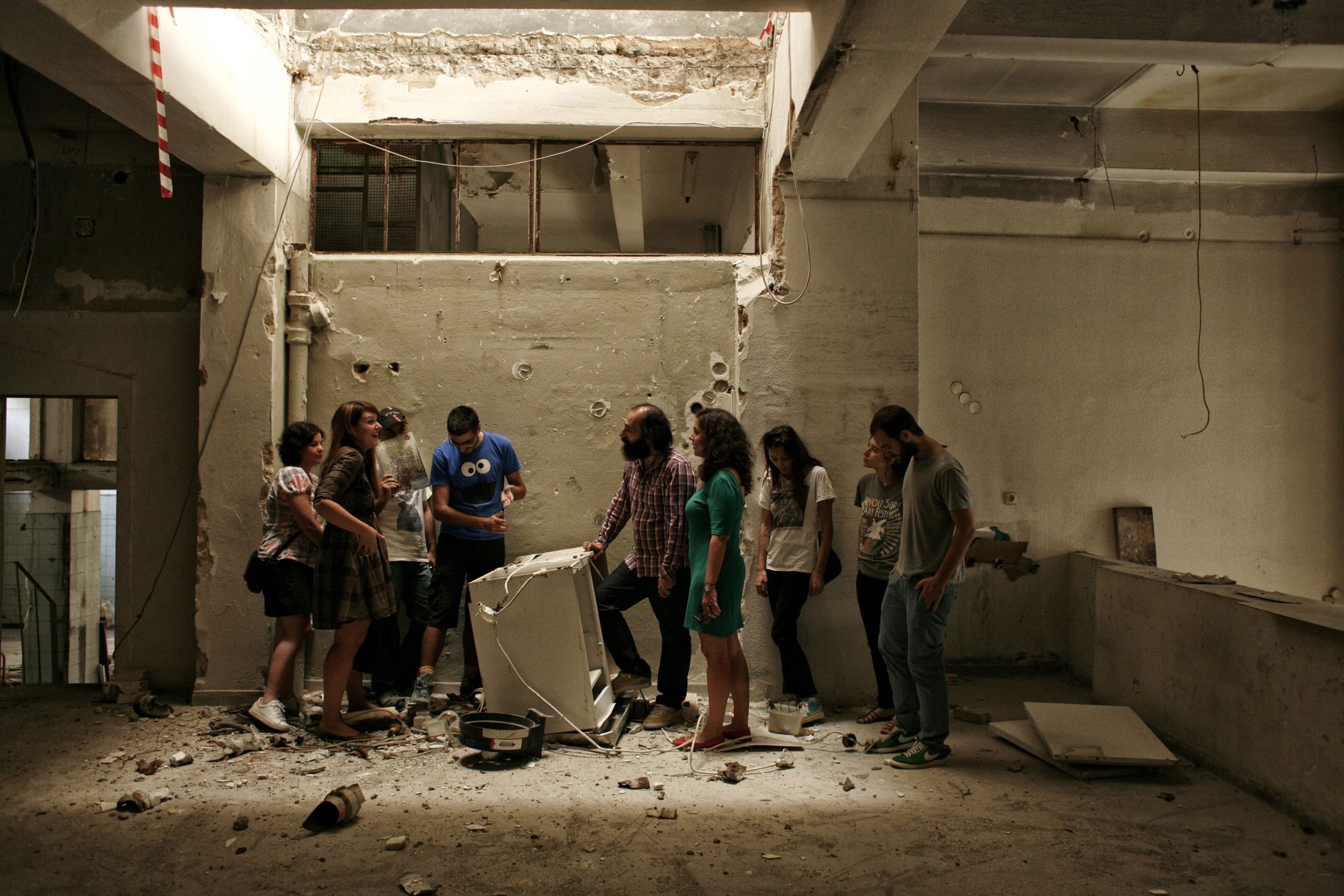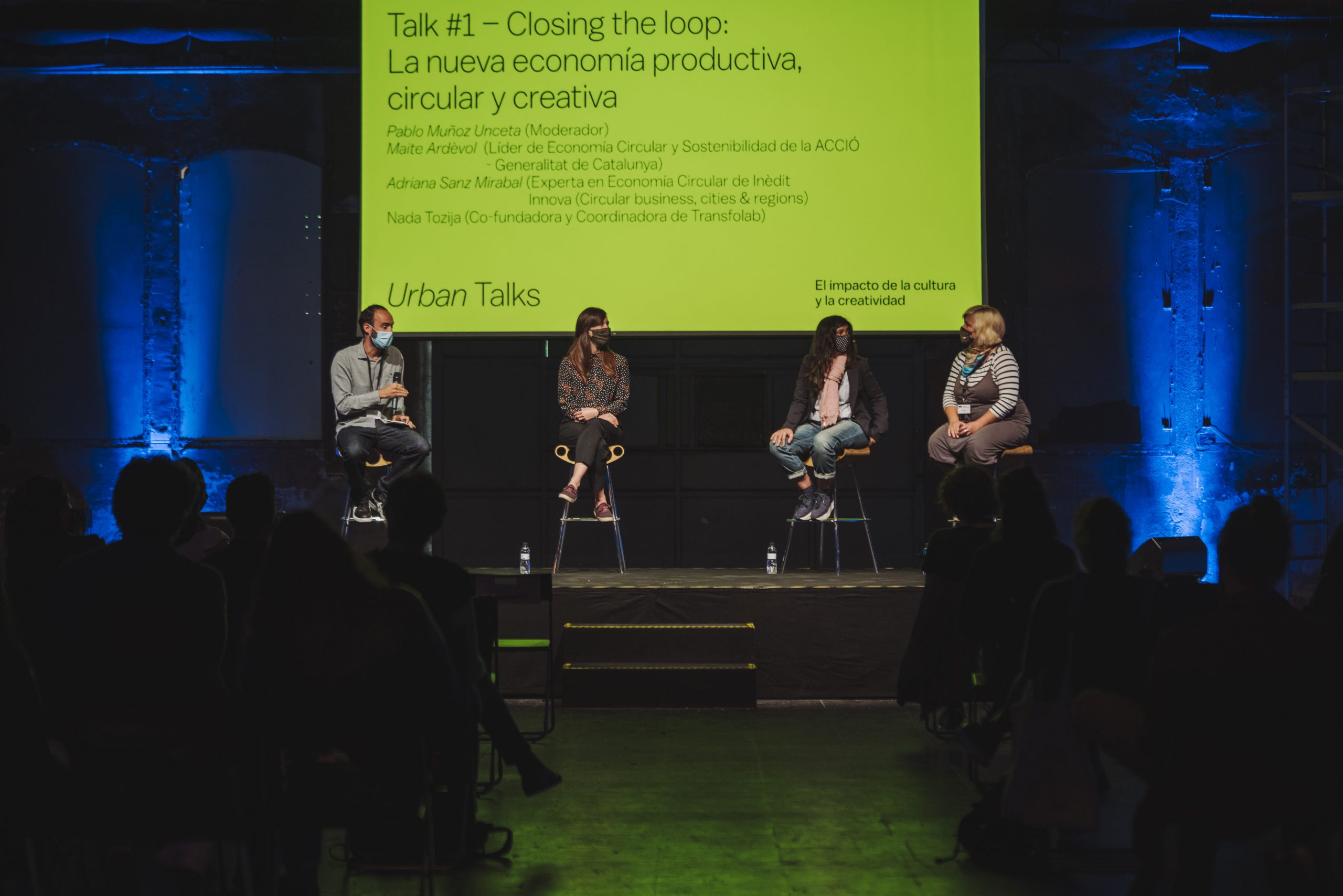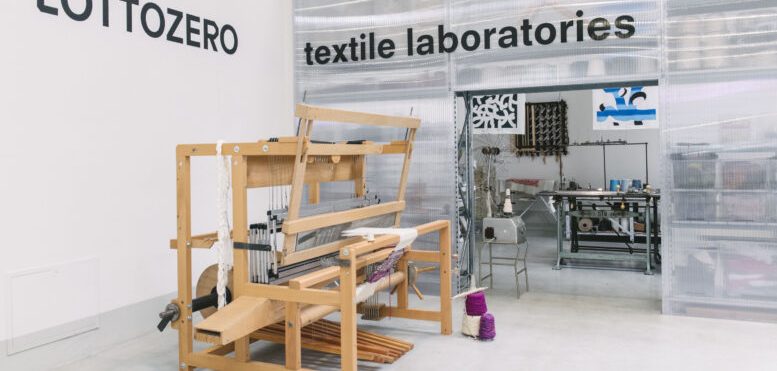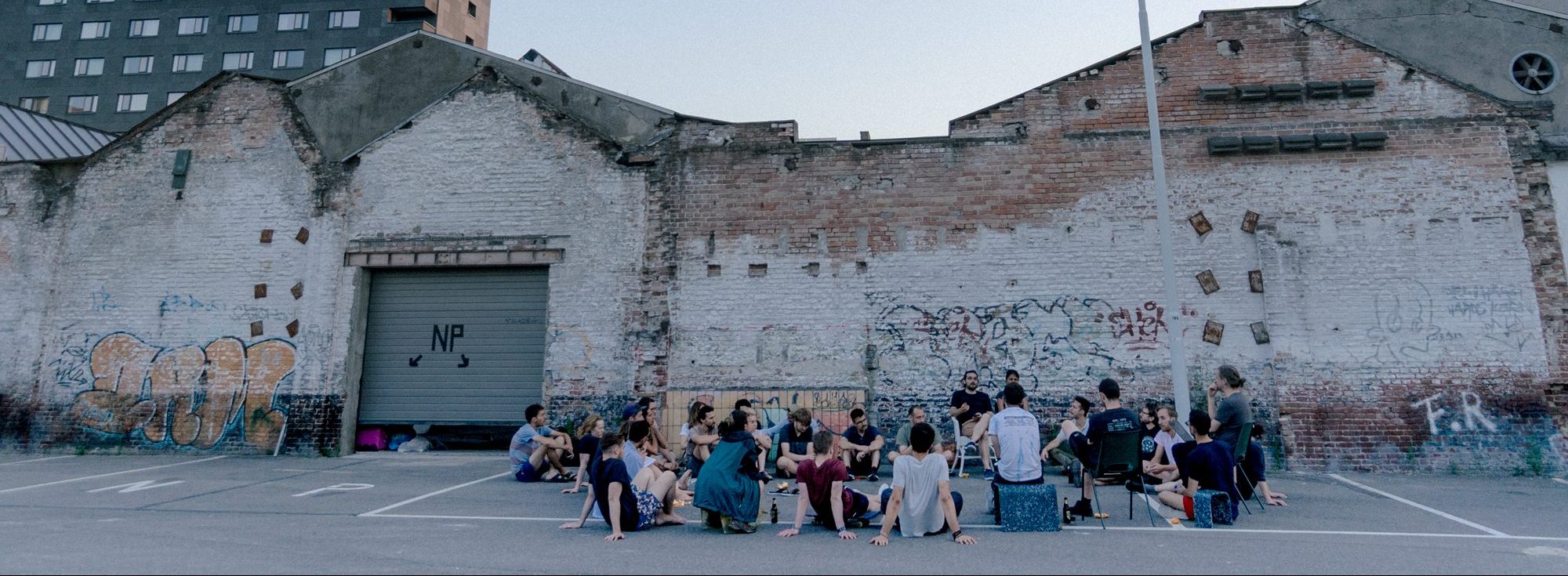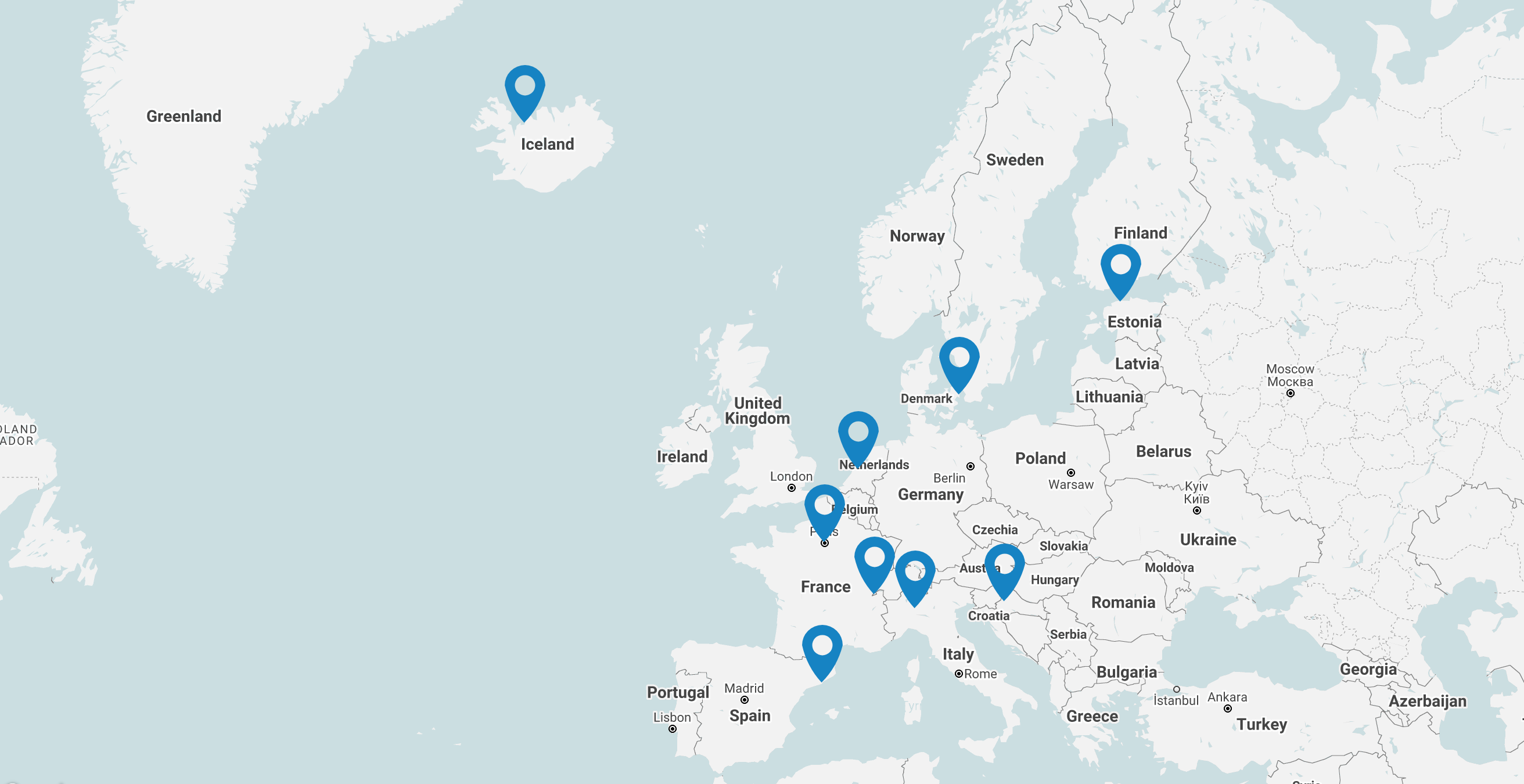BLOG
Fab City Hubs as New Places of Learning
Fab City Hubs as New Places of Learning
Vocational training is one of the main pillars at the core of CENTRINNO’s project. To integrate vocational training into their future Fab City Hubs, the nine pilot cities of CENTRINNO are working towards the establishment of the so-called CENTRINNO Schools in each one of their locations. These realities are conceived as innovative educational hubs that forge a new creative workforce, which bridges traditional artisan processes with digital technologies and new skills.
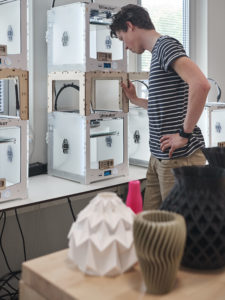
For the second appointment of the “Building Fab City Hubs: inspiring stories and insights” series, the nine pilot cities had the chance to reflect and exchange with three different guest speakers, focusing on Fab City Hubs as new places of learning. Indira von Oven, project coordinator of the Amsterdam-based vocational college HMC, Paolo Montemurro, co-founder and director of Materahub and Christophe Dunand, advisor of the social enterprise Réalise, offered an insight into their approach to vocational training. Three main lenses led our conversation: educational models, the relation to the job market and key partnerships.
Innovation in training
The guests of our second session shared the most innovative aspects of their educational models. HMC, as a post-secondary vocational college dedicated to woodwork and design, boasts an in-house lab with cutting-edge technologies that provides a training space for students to explore creative craftsmanship as well as innovative skills. The Amsterdam-based institution has been trying to find the right balance between traditional and state-of-the-art skills, in an ongoing attempt to provide students with skills applicable to the job market, as well as a more technology-wary expertise as an asset for the future workers.
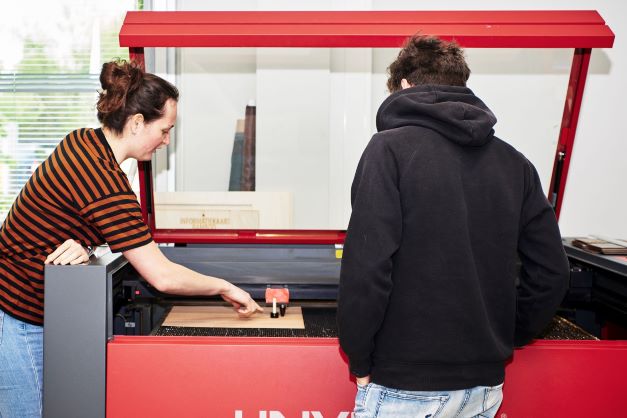
If HMC focuses on bridging the staples of the past with the skills of the future, Materahub proved a more interdisciplinary take on its educational model. “Master the act” is a project supported by the Italian hub, where culture and creativity are used to sustain local development. In this example, theater companies were invited to activate some key skills for employability among disadvantaged categories, such as youngsters, migrants or unemployed people. Culture proved to be an element of innovation for educational and capacity building initiatives, where the exchange between experts from different fields, such as theater makers and employment agents, promotes upskilled professional figures ready to enter the market.
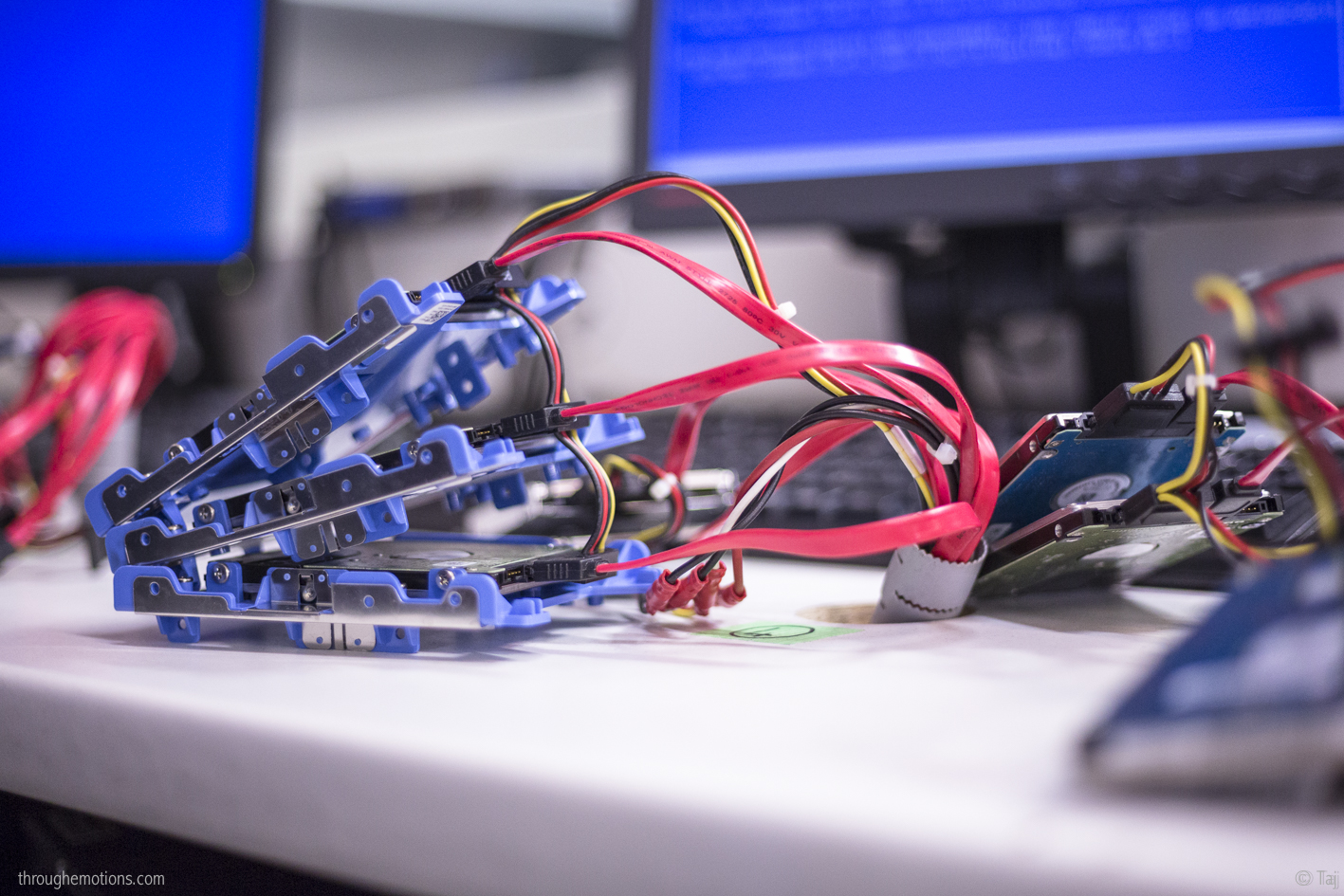
The labour market
The conversation with the guests brought to the surface the importance of the relation between educational institutions and the local labour market. Réalise is a Geneva-based organisation that focuses on job reinsertion for adults. It supports and motivates job seekers with a clear “learning by doing” approach. Courses at Réalise are always designed based on the needs of the students, who are sided day by day by professional figures who know which soft and hard skills are needed in the job market.
However, the relationship between training institutions and the job market seems two-folded. Using Indira’s words, “do we train for the present or for the future”? As Christophe remarked, not everyone might have the means and the funds to invest in innovative skills that might lead to only hypothetical jobs in the local market. This means that training institutions should always keep an eye on the real demands of the market. On the other hand, HMC is determined to train employment seekers who are mobile and able to adapt to an ever-changing job market. The students’ needs should be considered as much as the market’s, but how do we fill the gap between what is taught and the real world outside the schools?
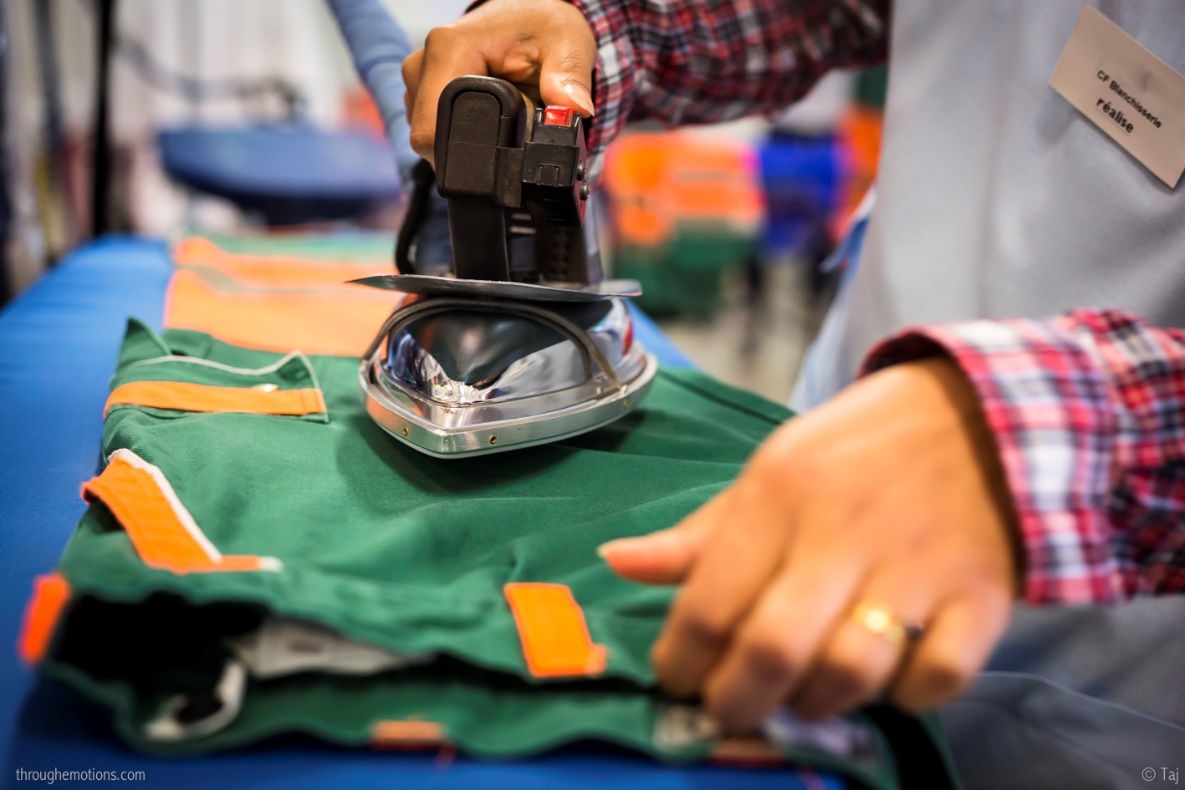
The answer might lay at the very core of CENTRINNO’s mission. Creative hubs, fab labs and ultimately Fab City Hubs hold a degree of freedom that traditional vocational training institutions do not have. These new realities can not only shape informal training programs that do not need to follow government based criteria, but also give place to new local markets that cater to its newly formed professionals.
Partnerships
The conversation with Indira, Paolo and Christophe solidified a principle that has been at the forefront of CENTRINNO’s pilots already for a long time: the importance of strategic partnerships. No training institution, and by extension no Fab City Hub either, can have a sustainable perspective without partnering up with some key stakeholders. The natural connection that training centres have with the local job market makes local companies the first crucial partners to take into consideration. Not only companies represent an important job perspective for students, but they can also take an active role in co-designing the training programs for the students, negotiating over the delicate matter of the balance between traditional and innovative professional skills.
A second key partner corresponds to local governments and policy makers. This partnership becomes particularly relevant regarding funding, but being in conversation with local policy makers can also facilitate the development of a more favourable law framework for the establishment of more agile training institutions. As already mentioned, in fact, conventional training centres might be obliged to follow pre-established paths that leave little room for innovative practices. For this reason, a fruitful mediation with policy makers can provide a looser framework to allow more experimental educational trajectories.
Ultimately, if Fab City Hubs aspire to have an active role in a city’s ecosystem, partnering up with other educational institutions and professional associations means being able to build up a solid community. Sharing values, missions and visions has the power of influencing and shaping the local job market, therefore creating more demand for new upskilled professional figures.
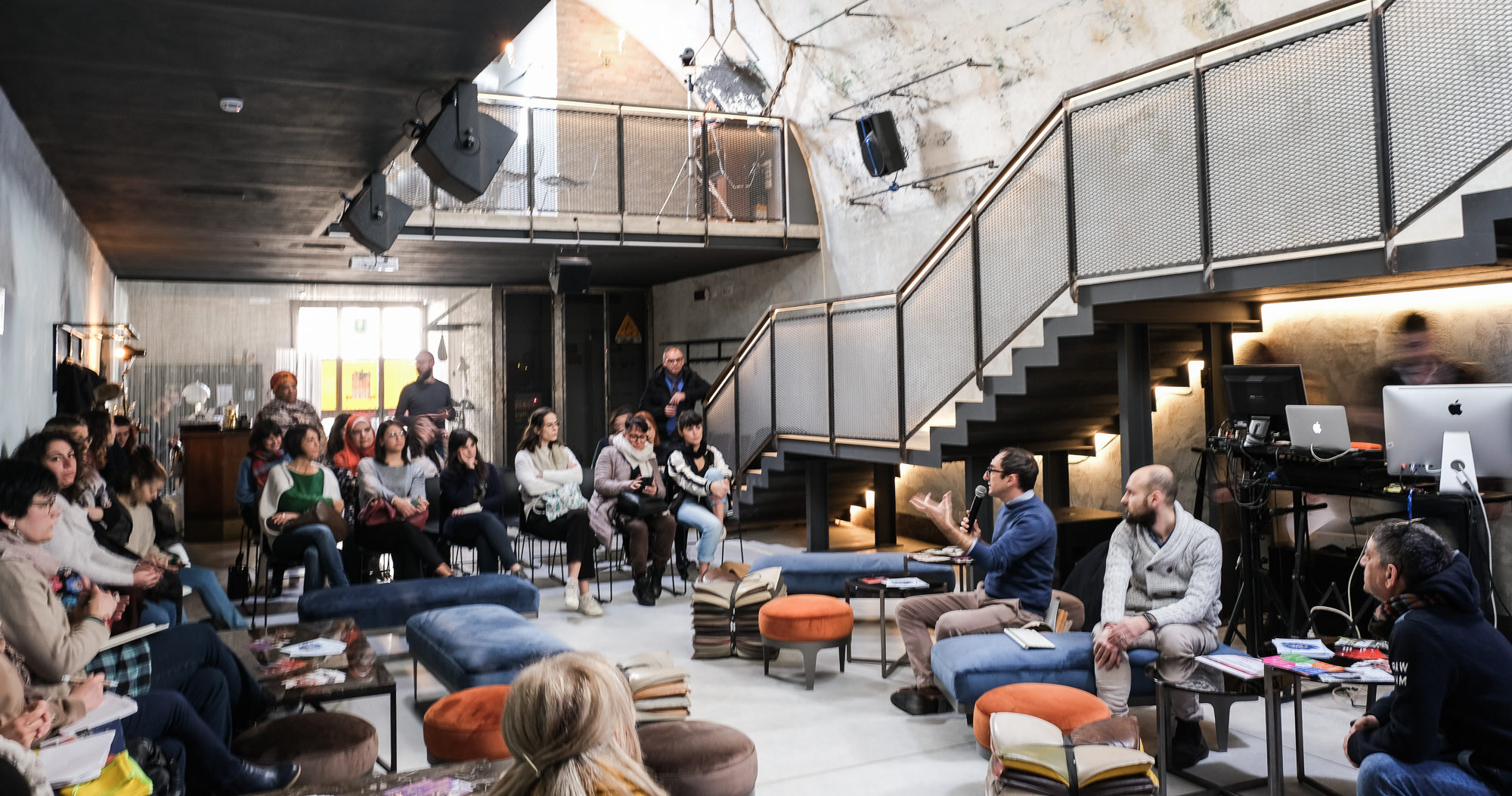
The second appointment of “Building Fab City Hubs” has shed more light on some of the most sensitive aspects of vocational training. Fab City Hubs that aspire to integrate vocational training in their program need to take into consideration that the liberty they benefit from corresponds to a higher responsibility. Fab City Hubs can have the power to influence the job market, provided that they maintain and nurture a solid cooperation with key partners at the local level.
CENTRINNO’s pilots are therefore encountering a great opportunity: to become the meeting point between the market’s needs and the community’s needs, to form innovative professionals who are able to keep up with the latest innovations of our time.

